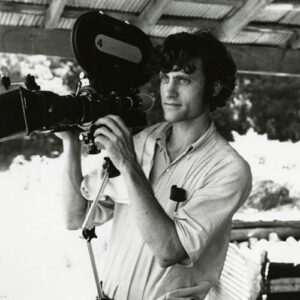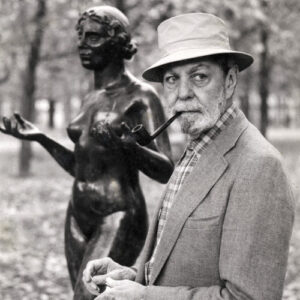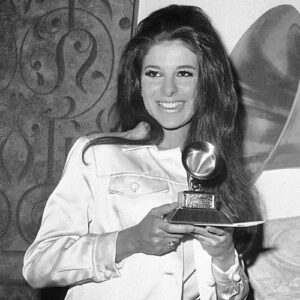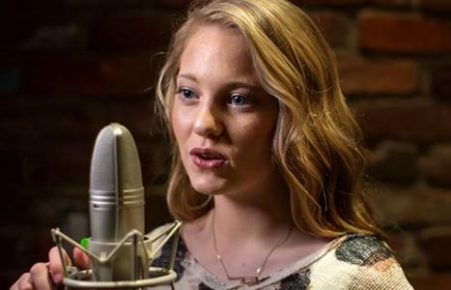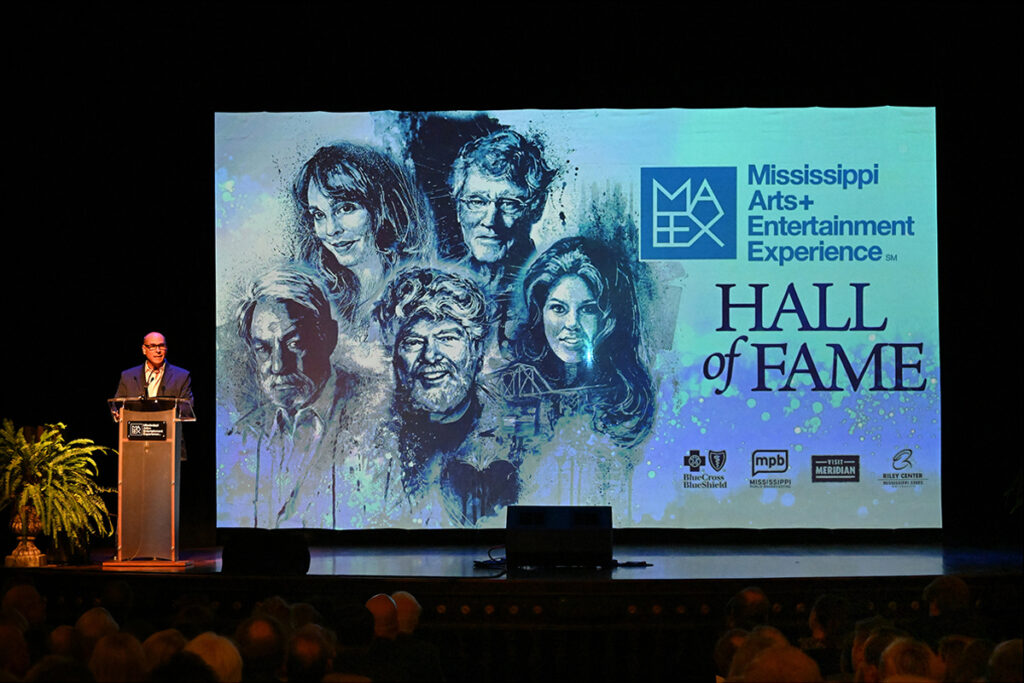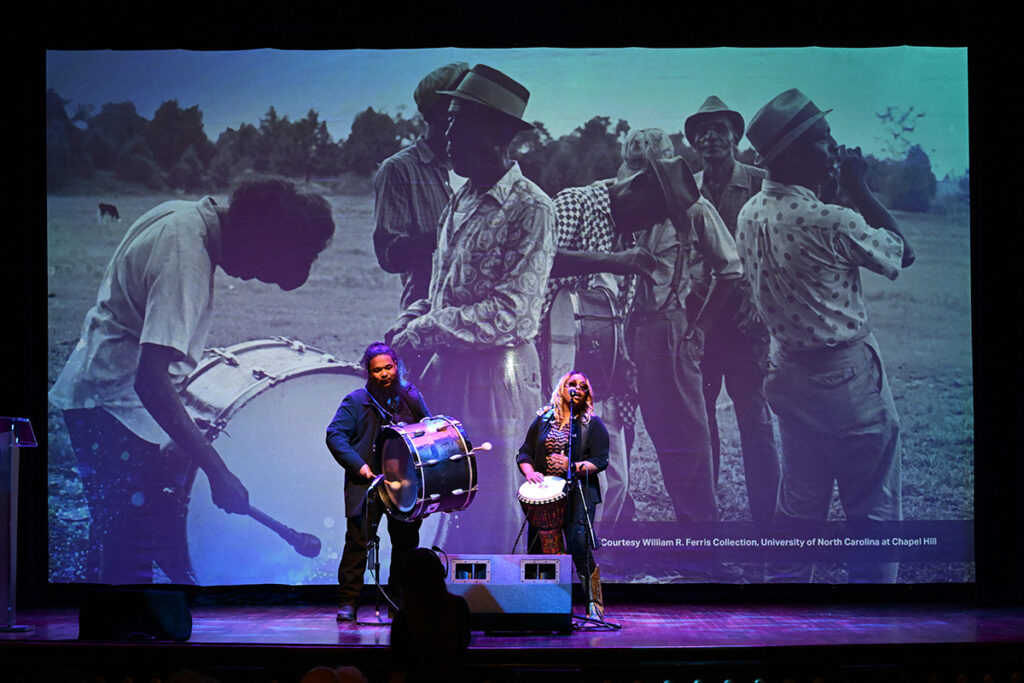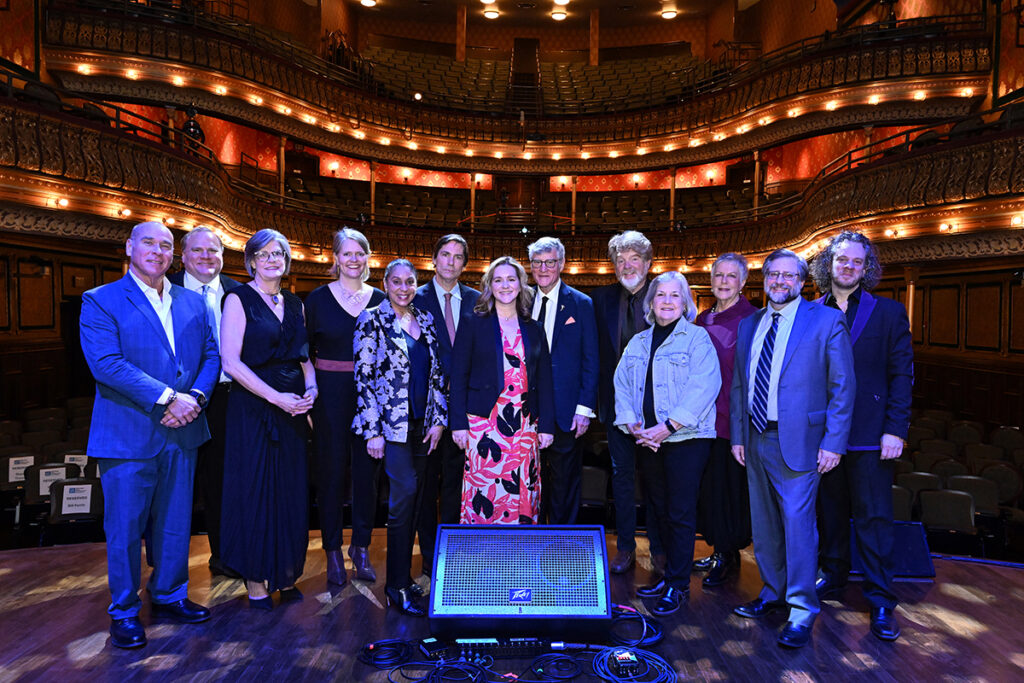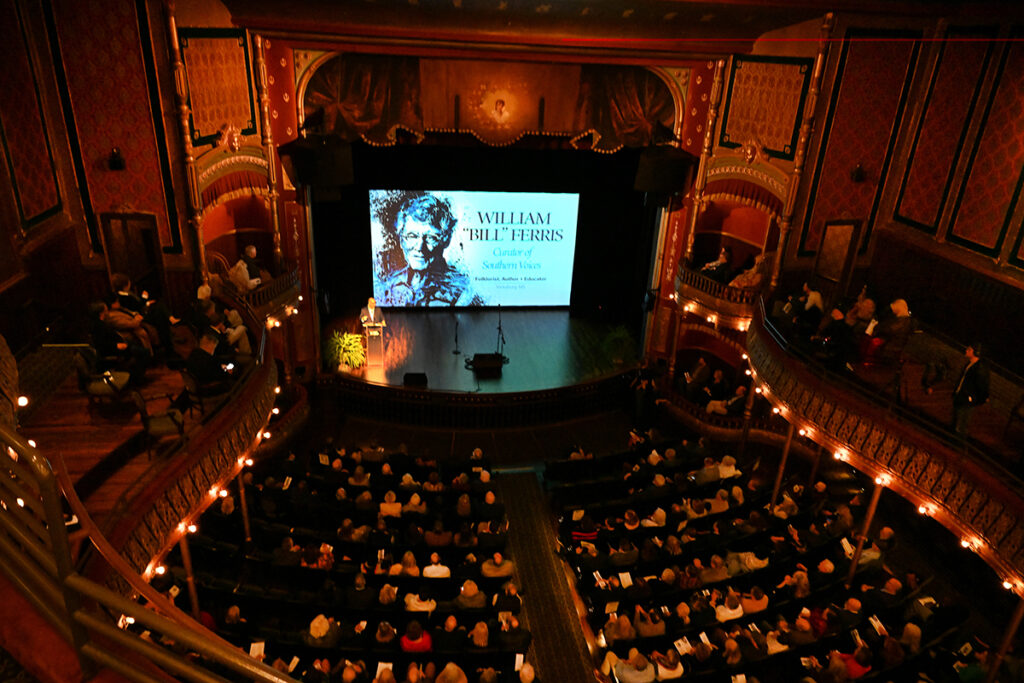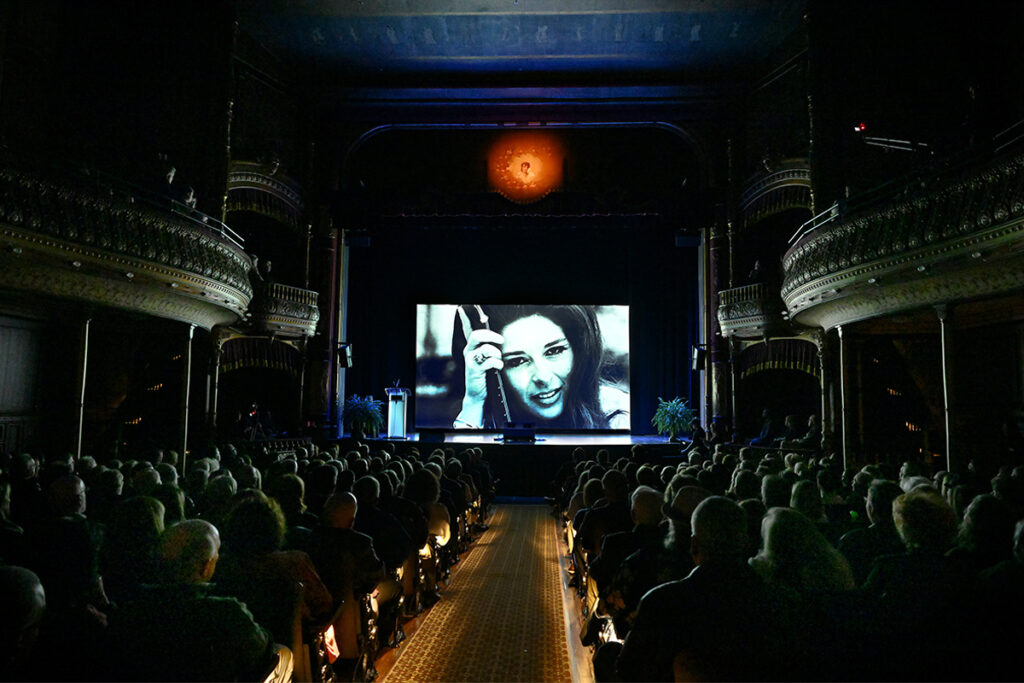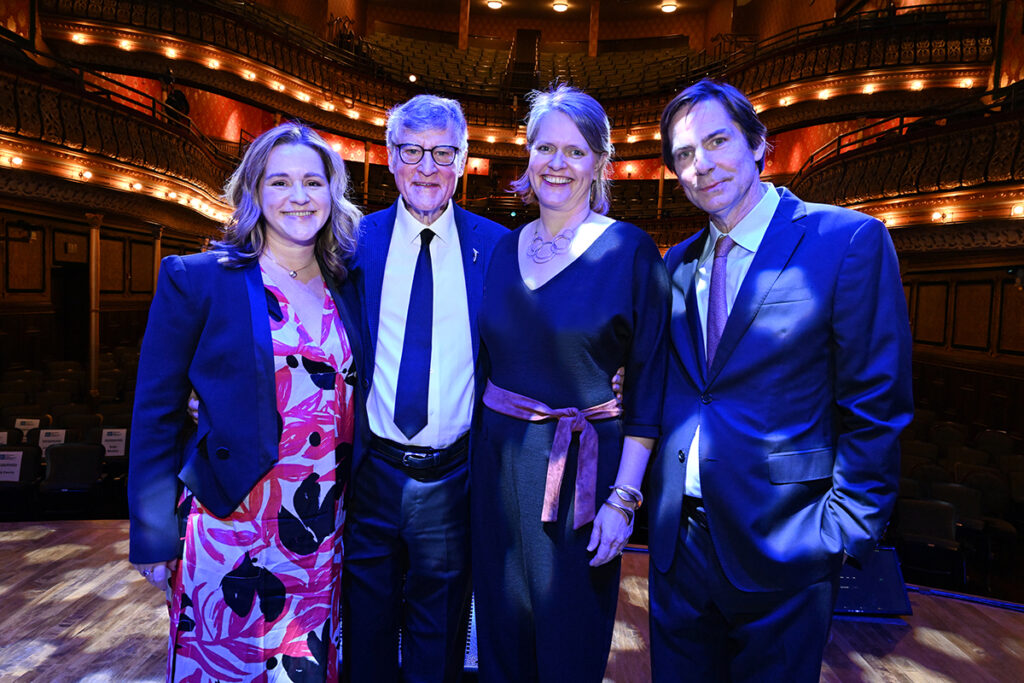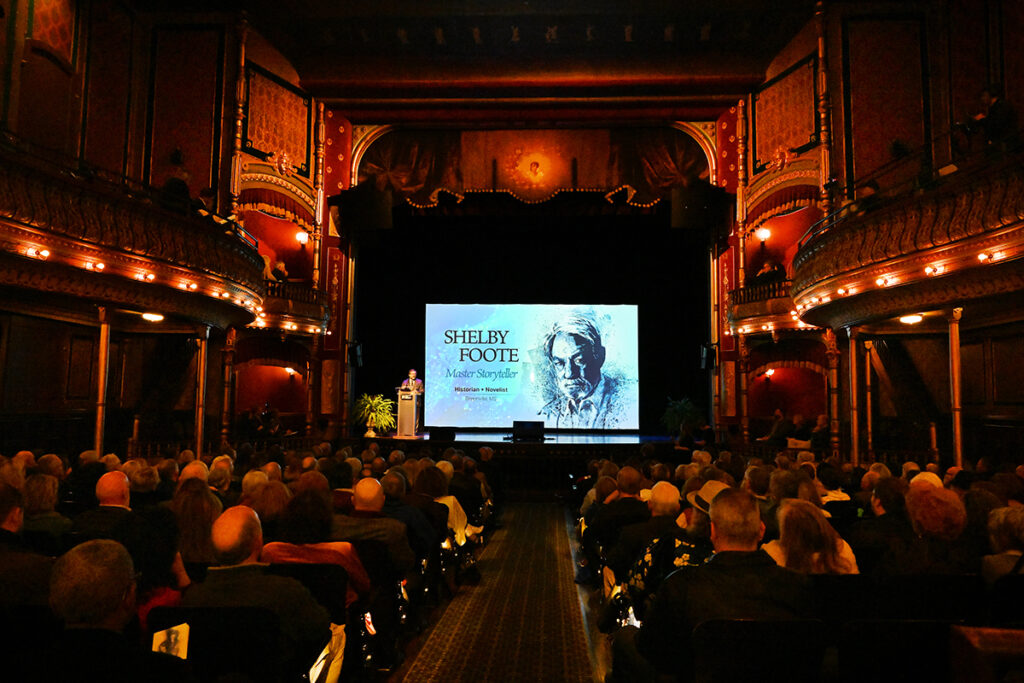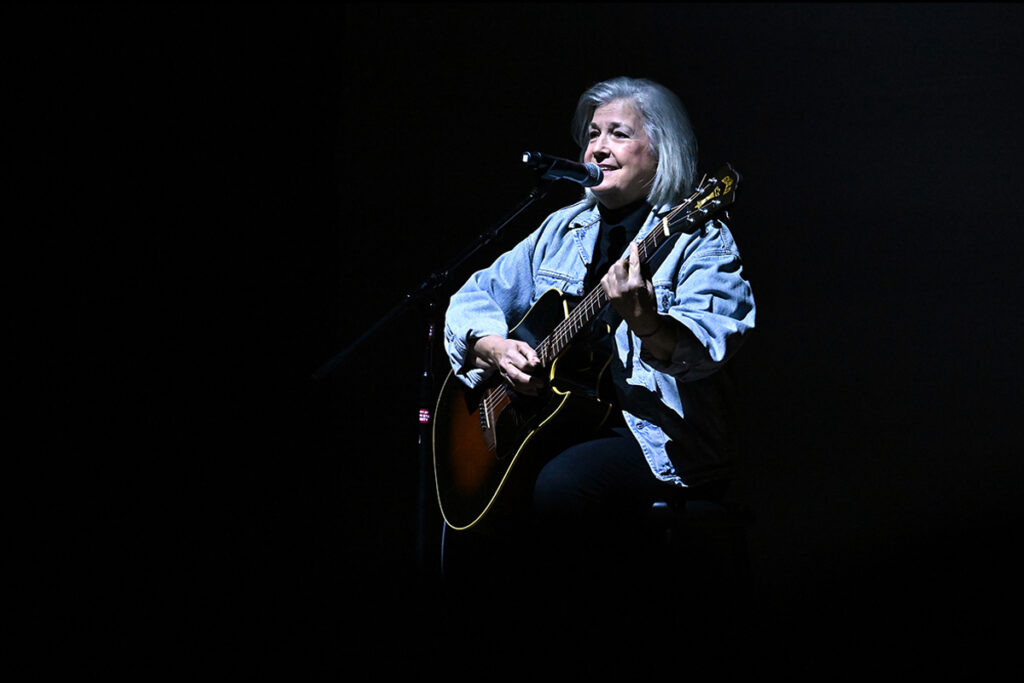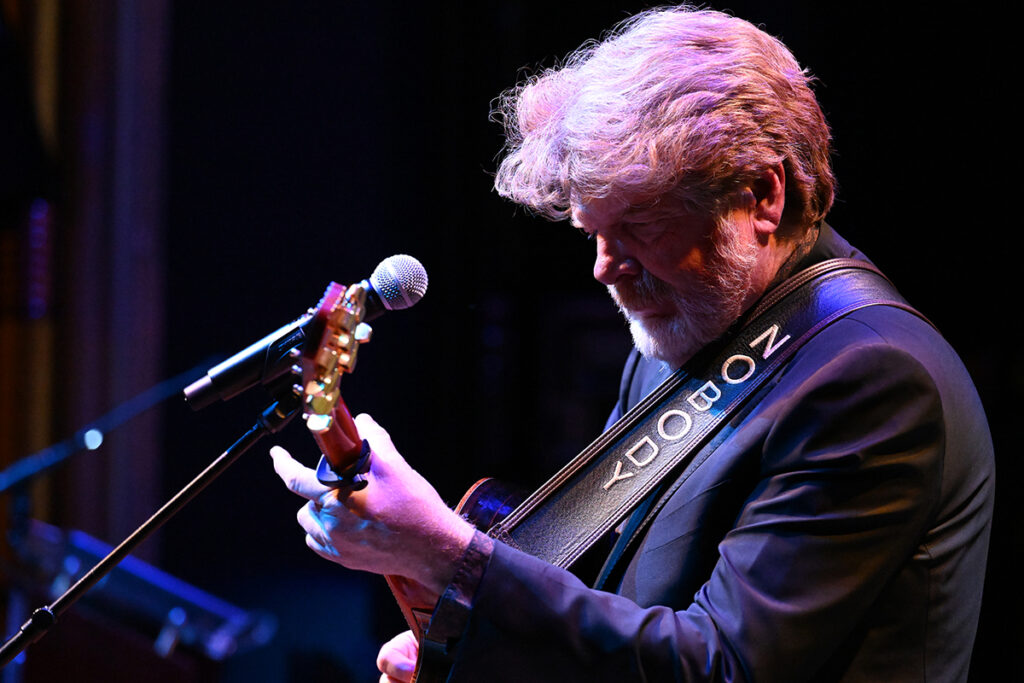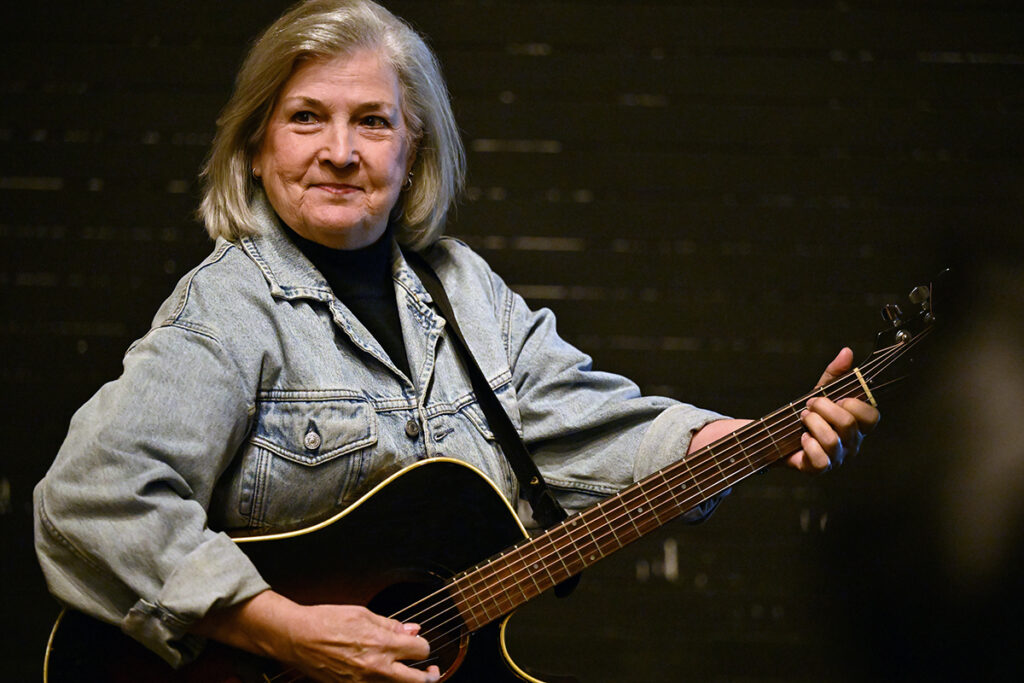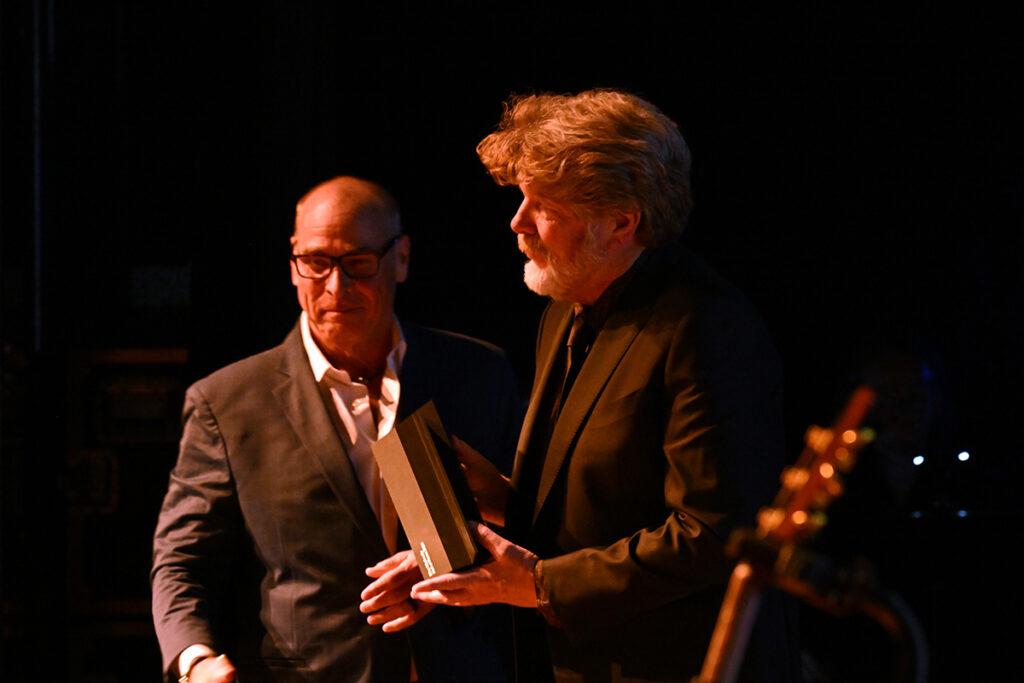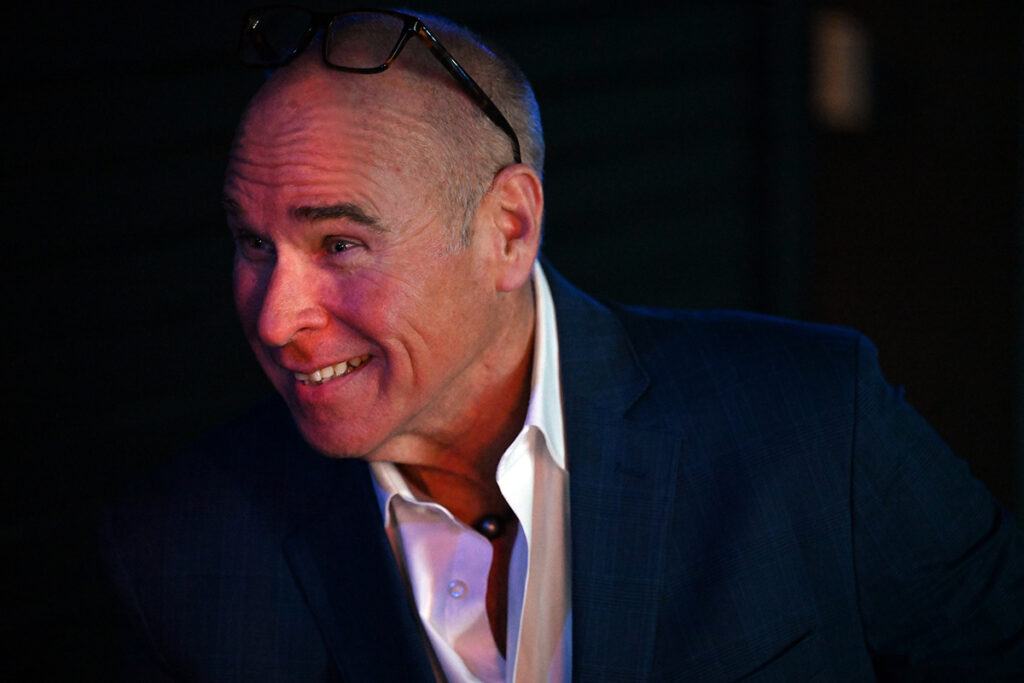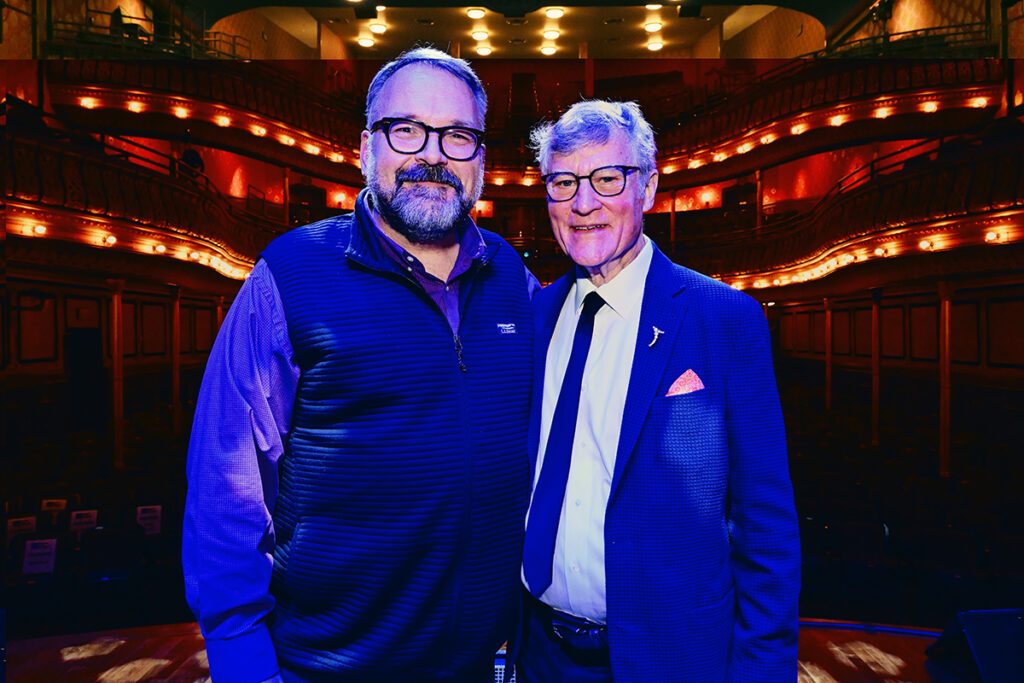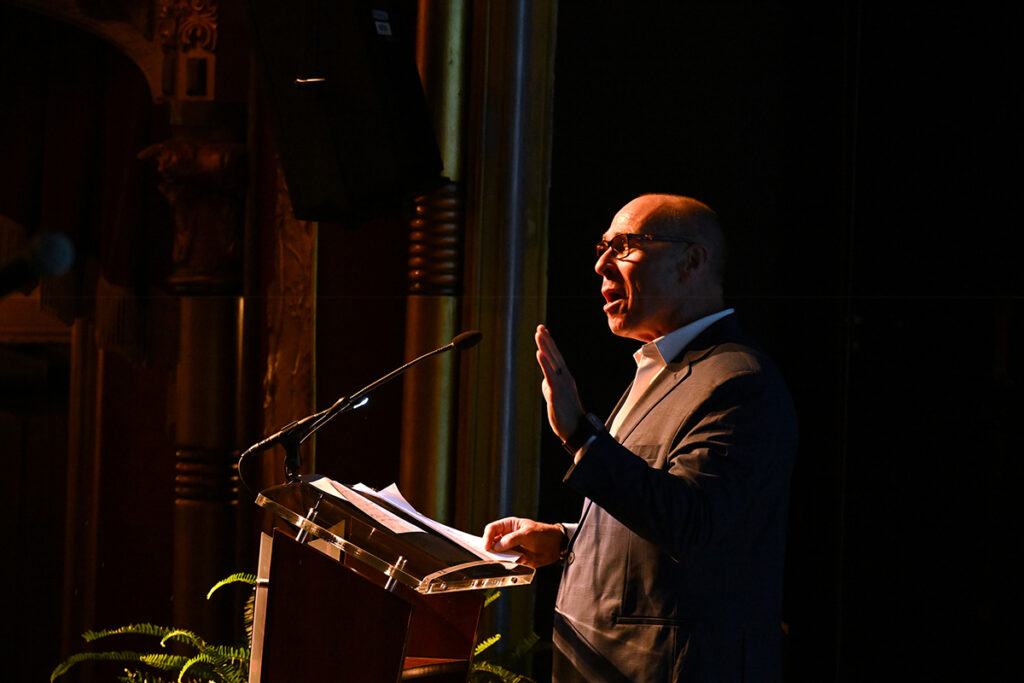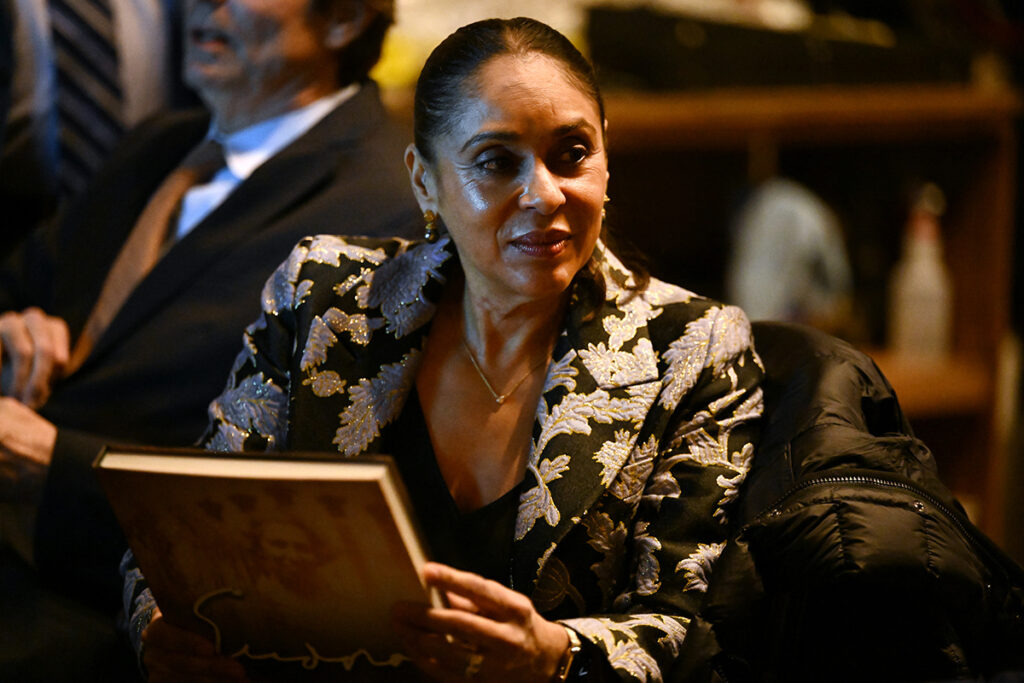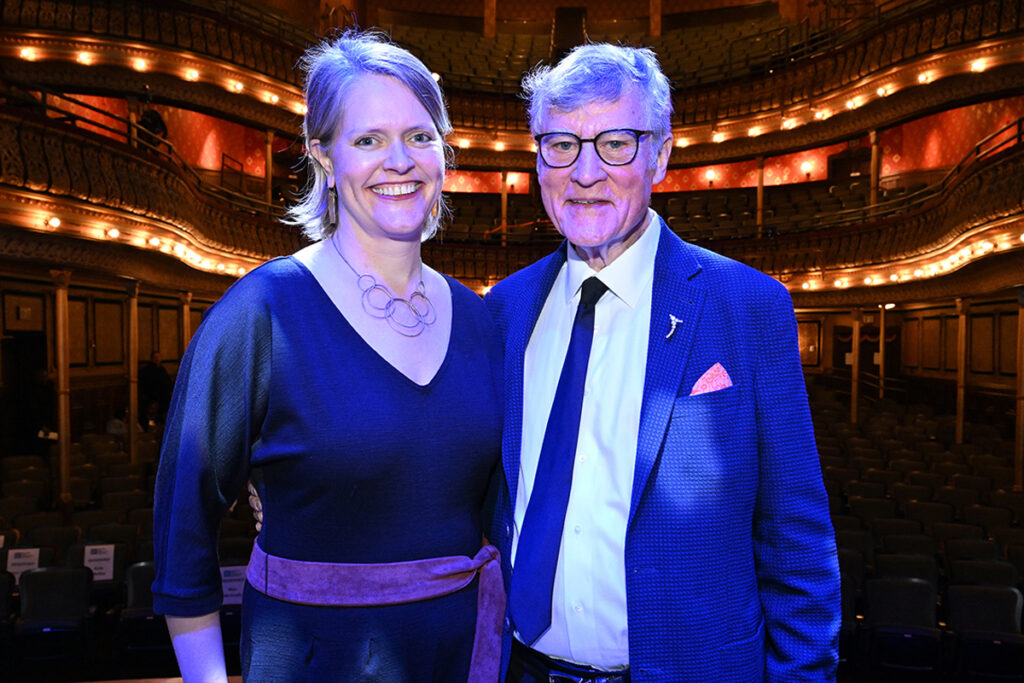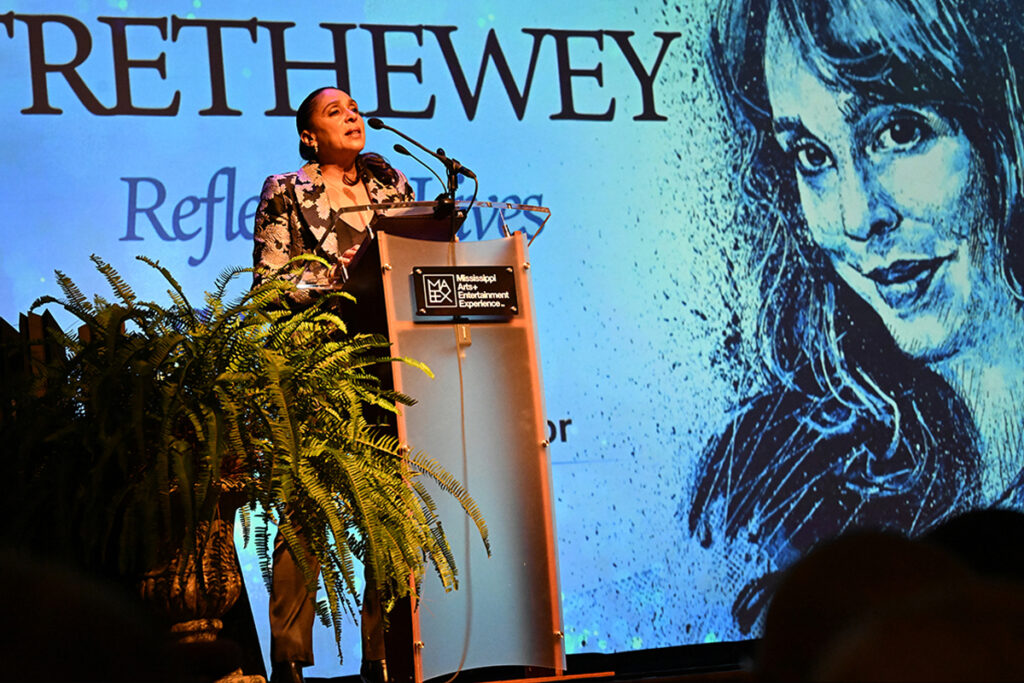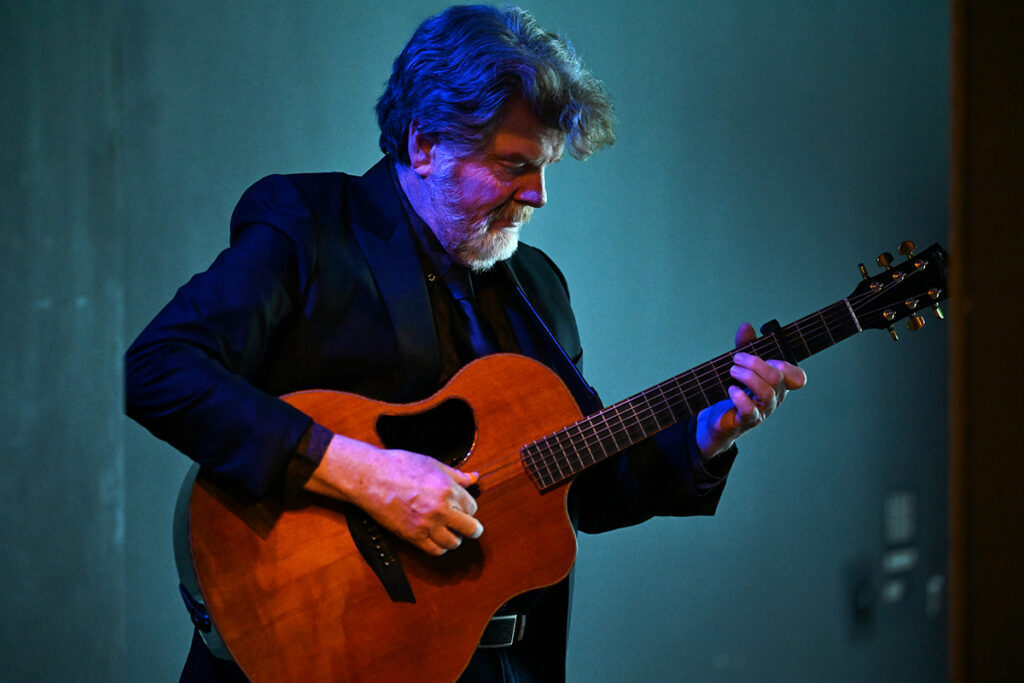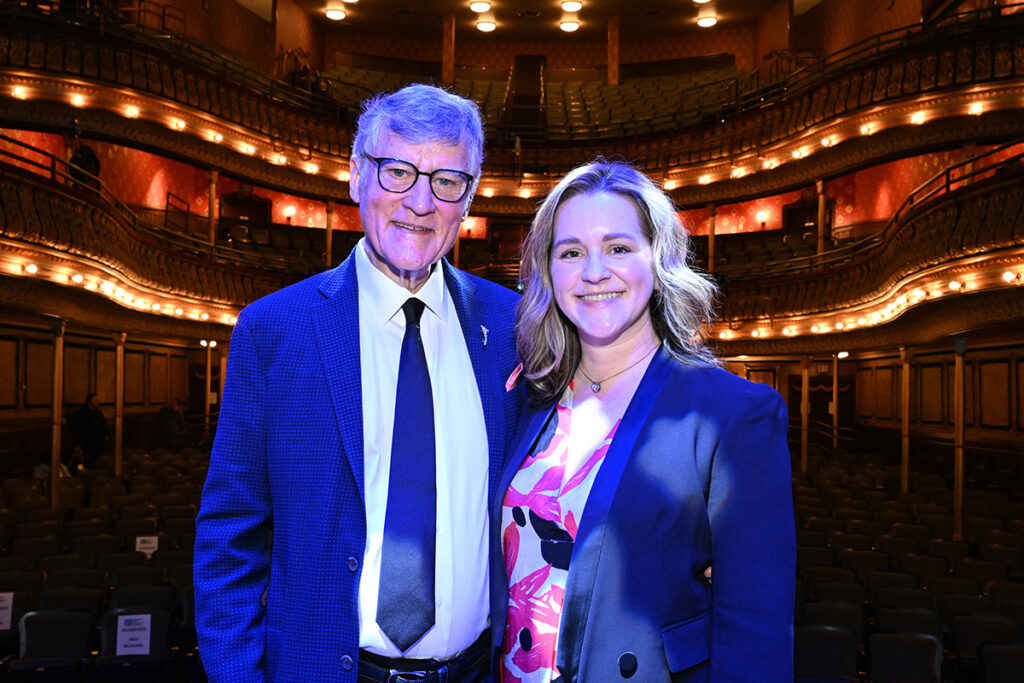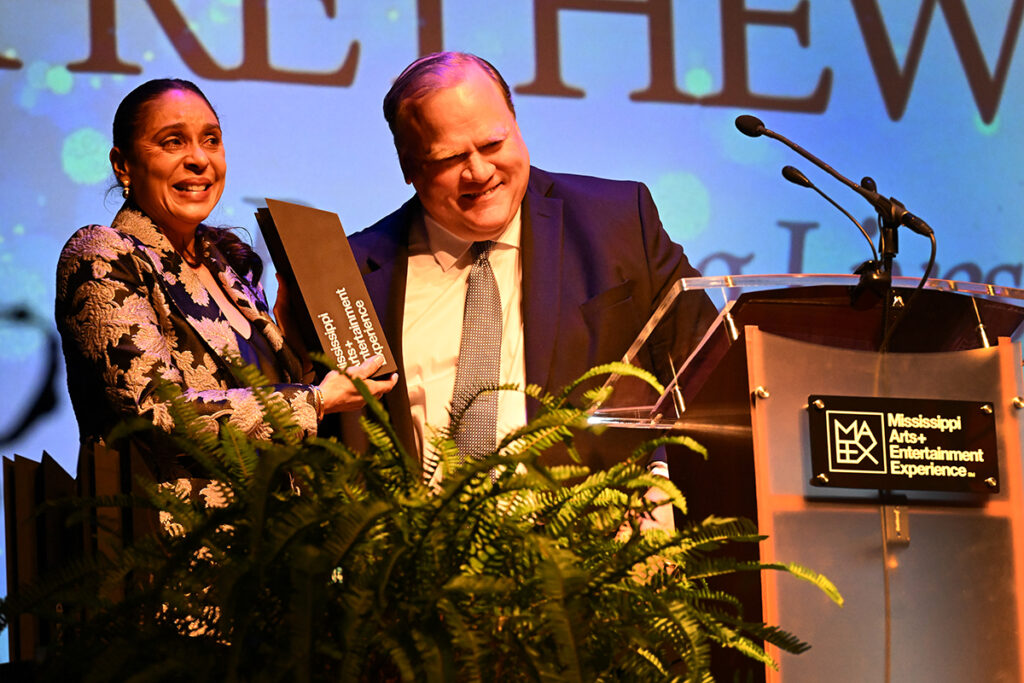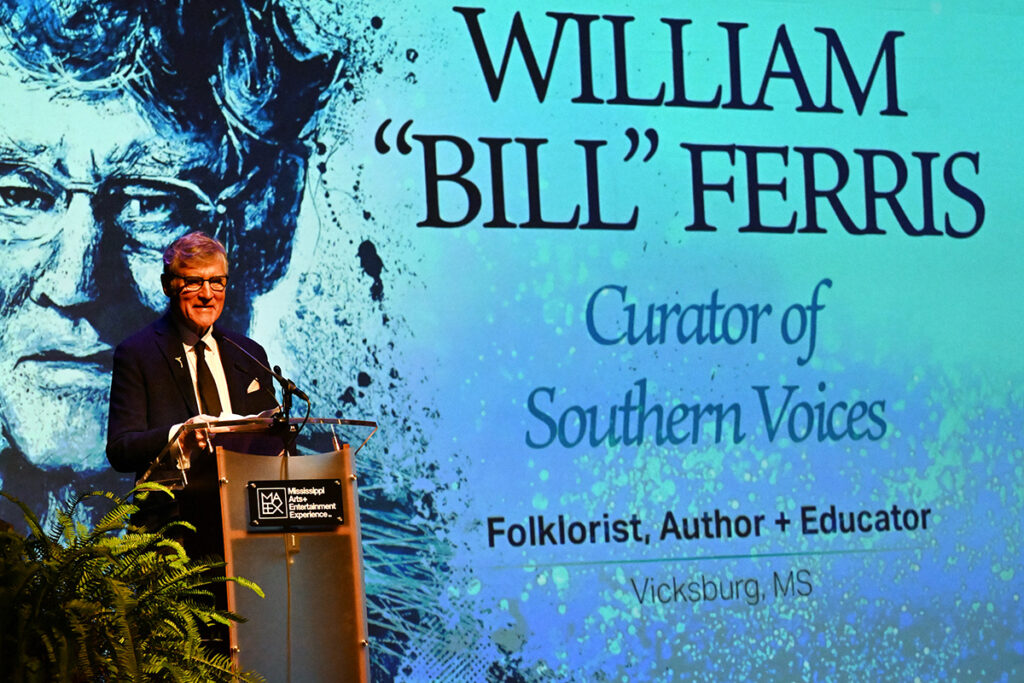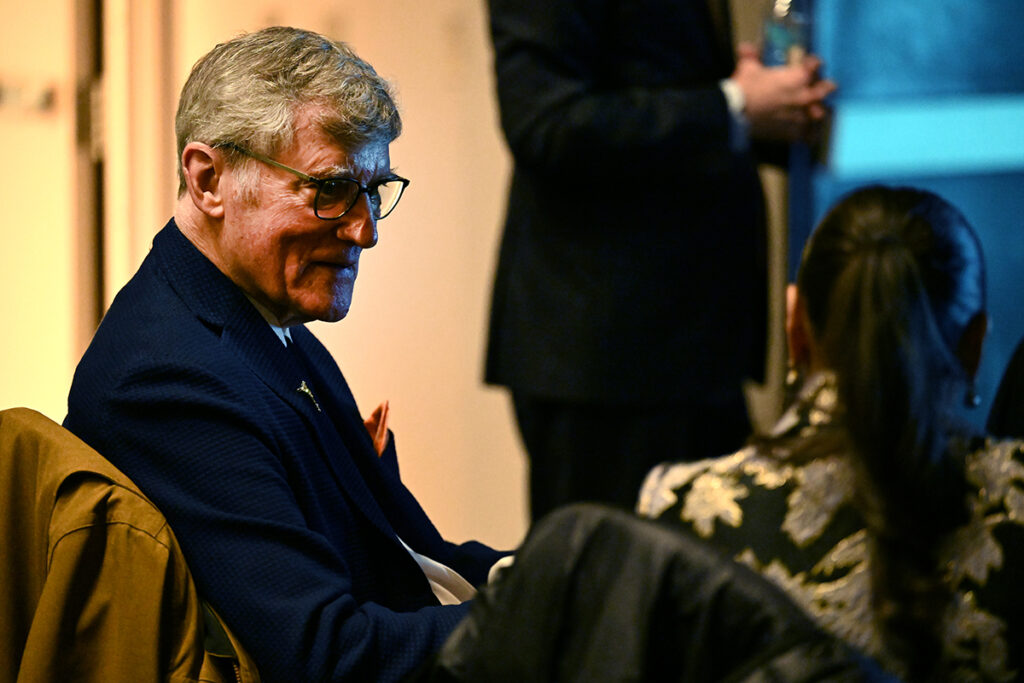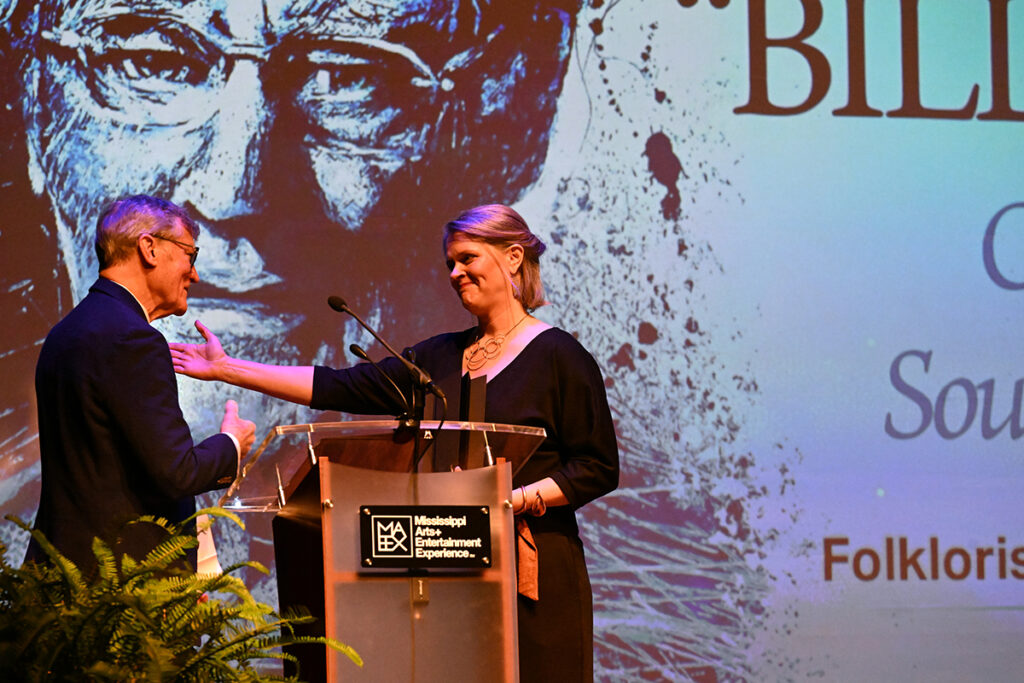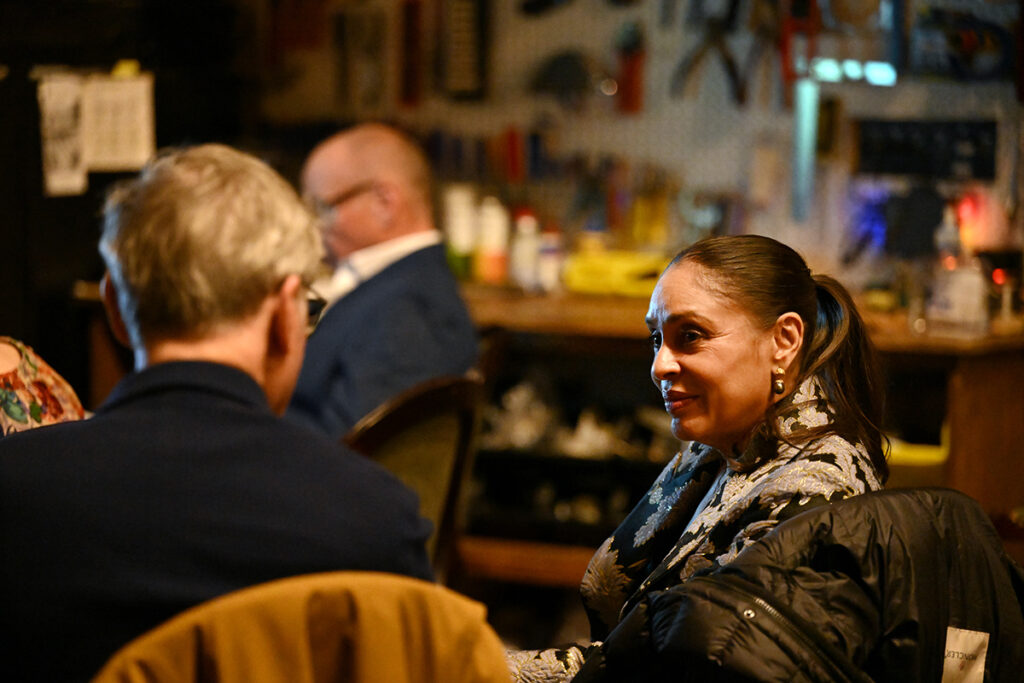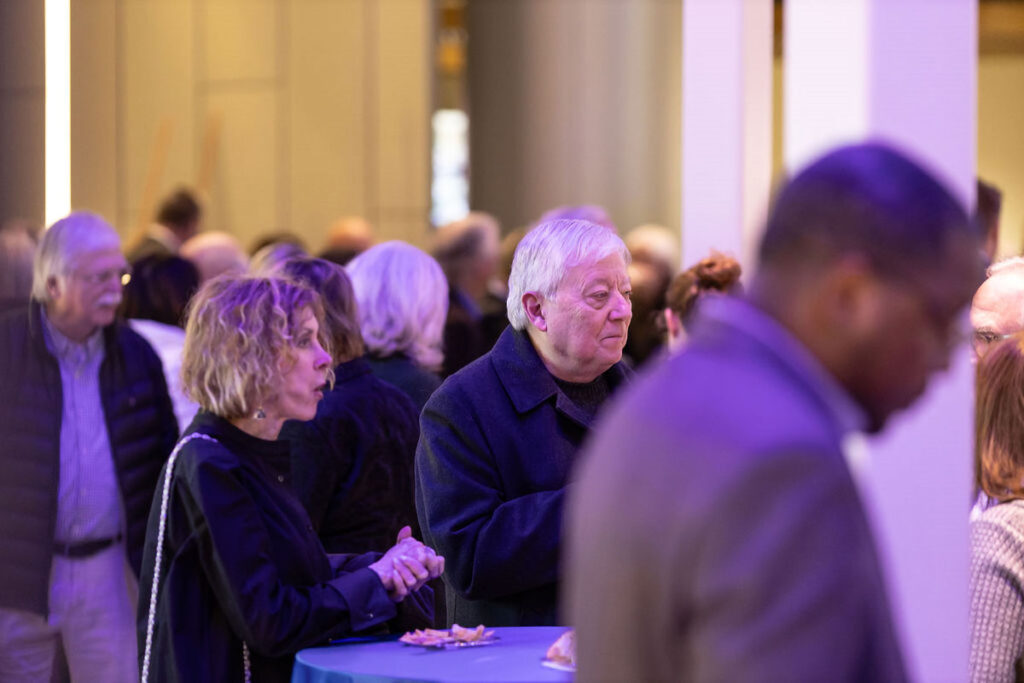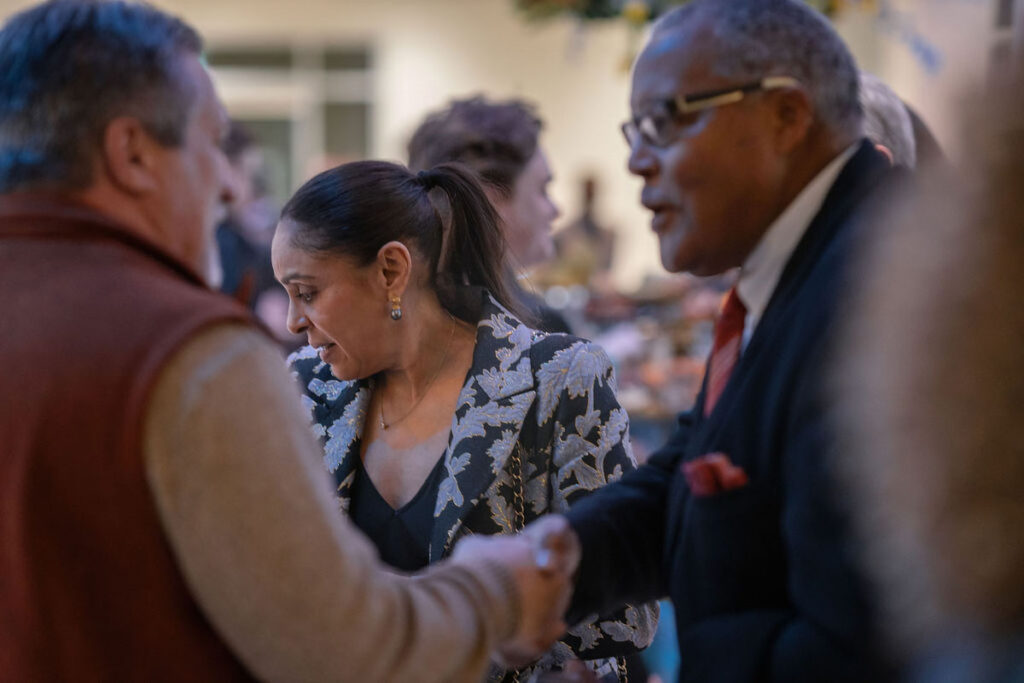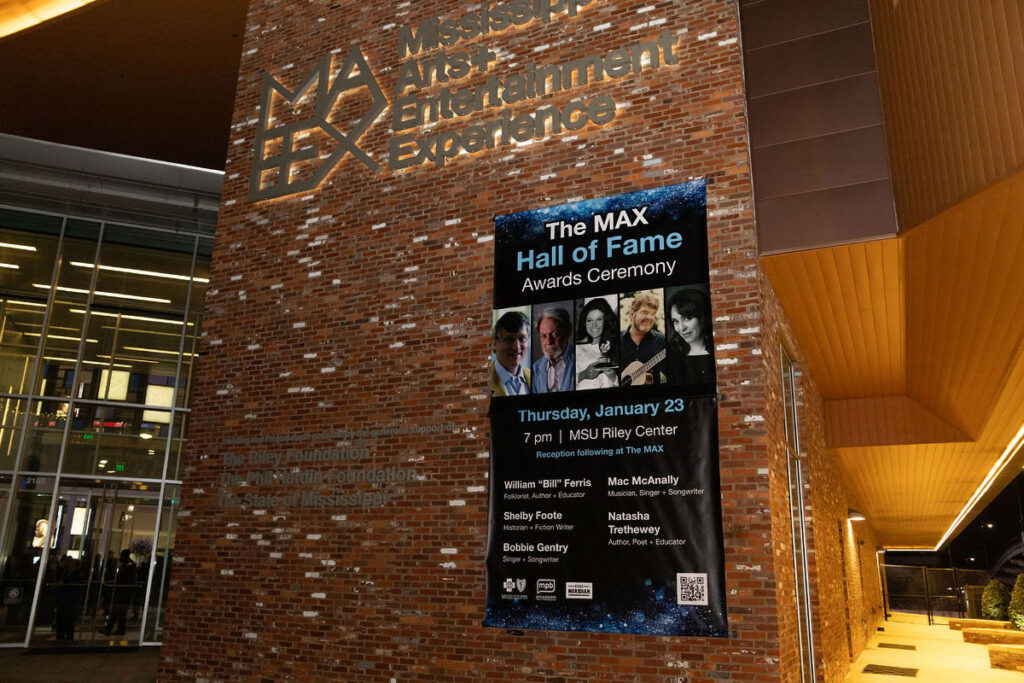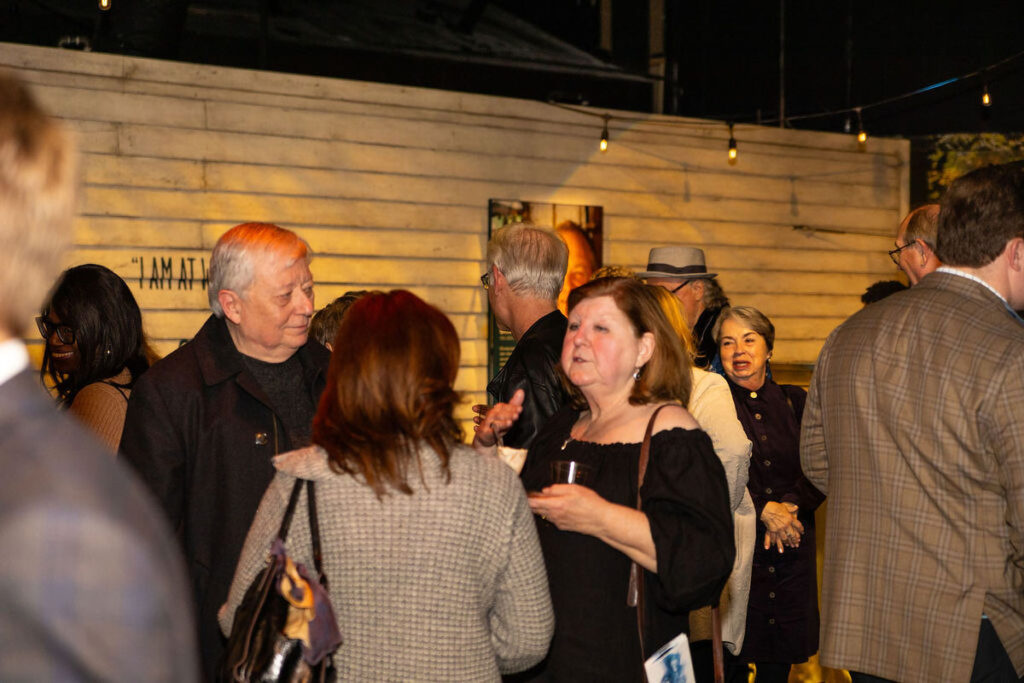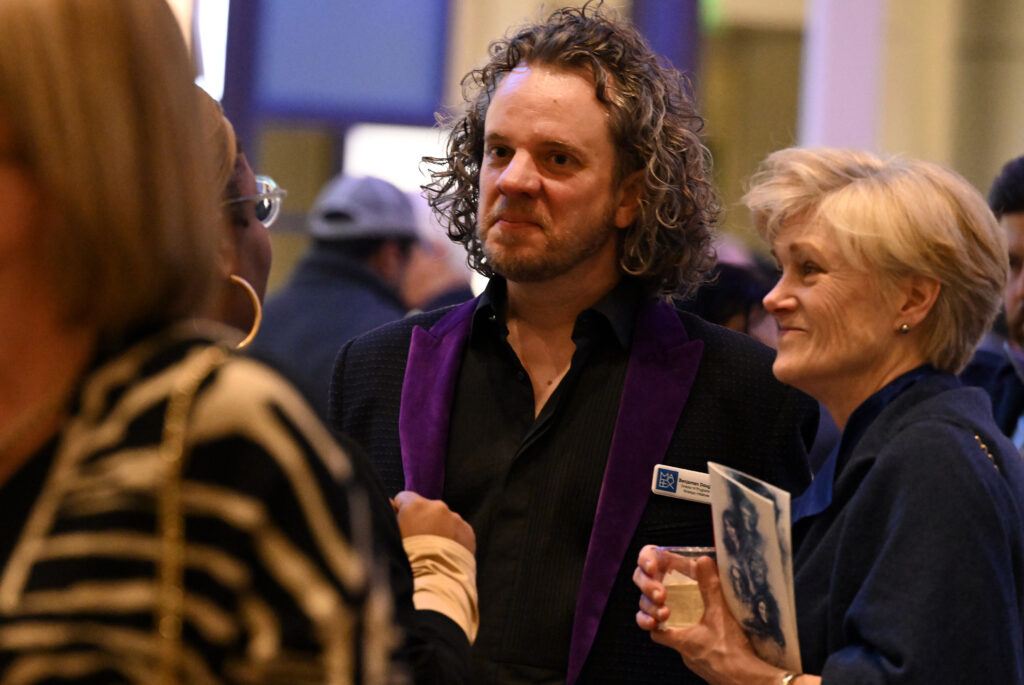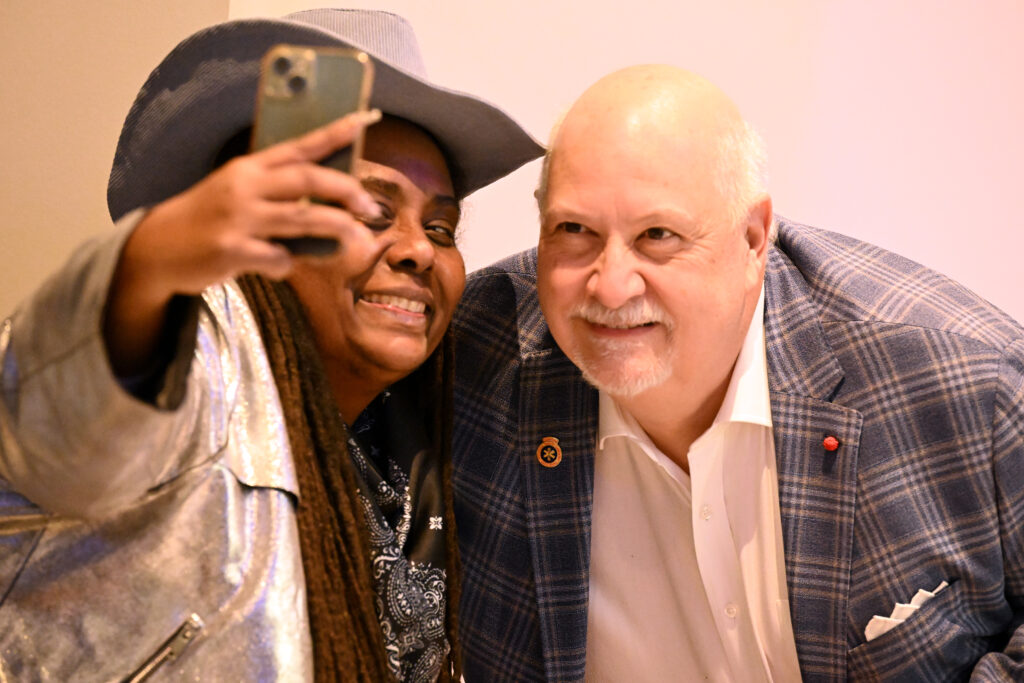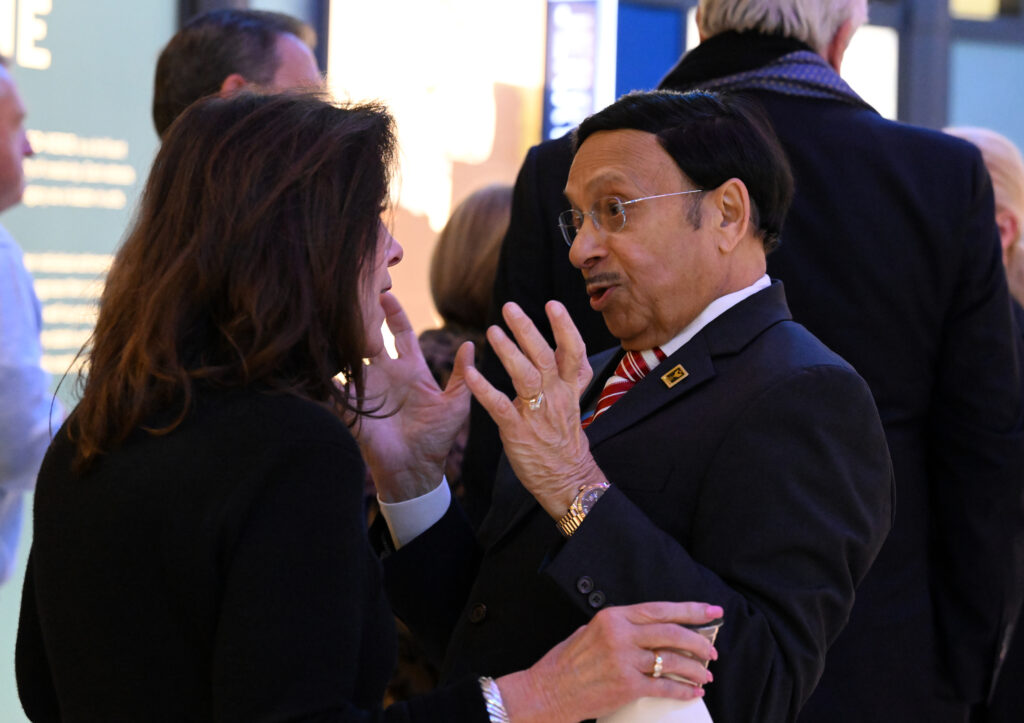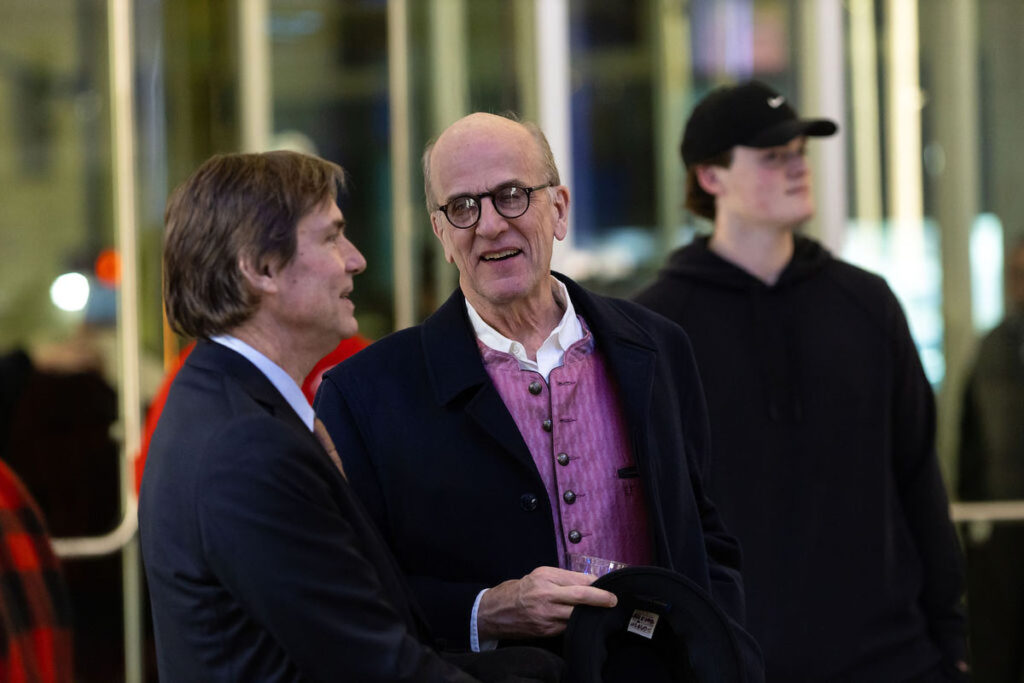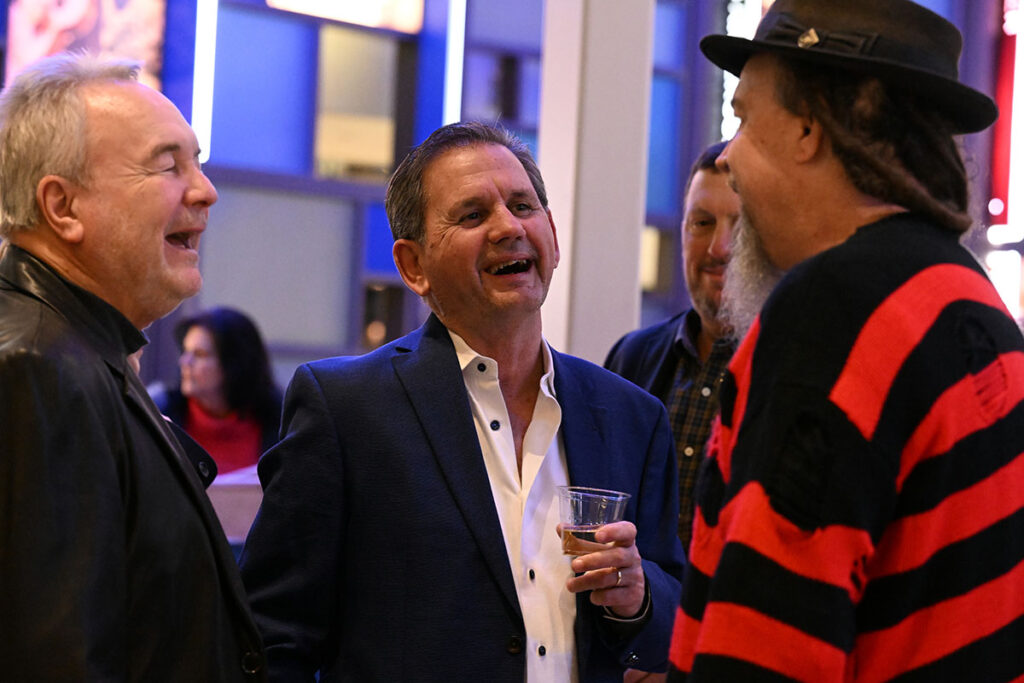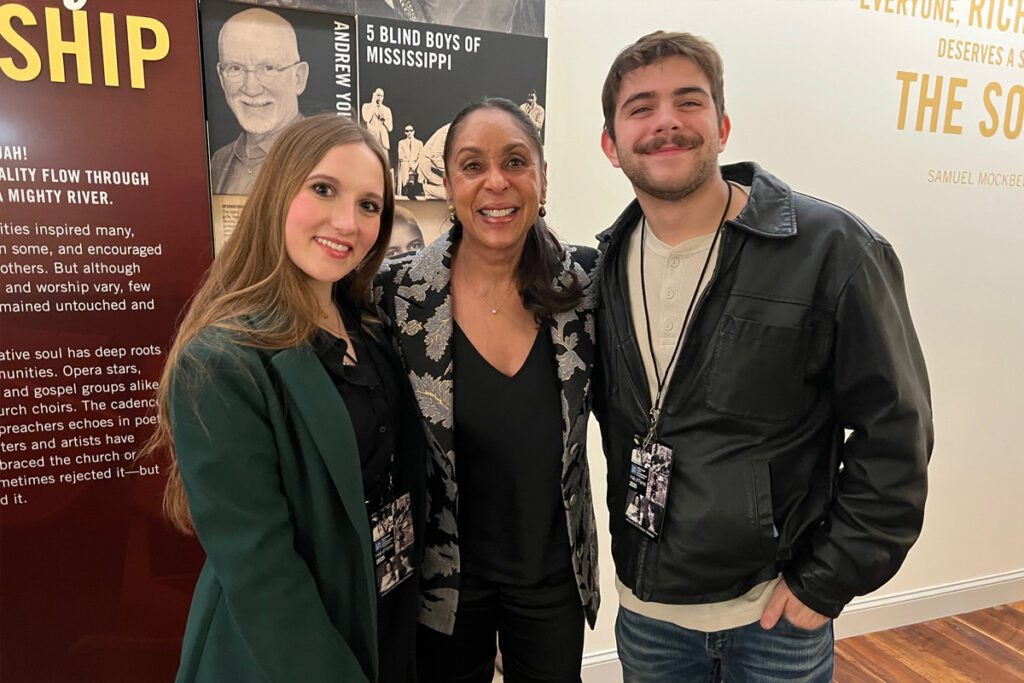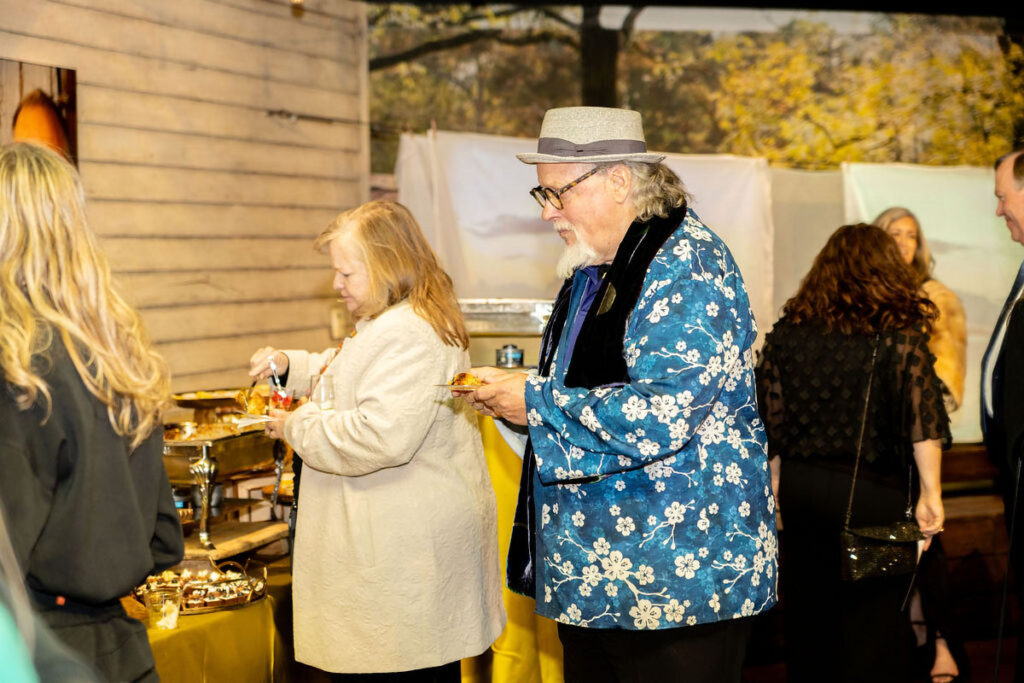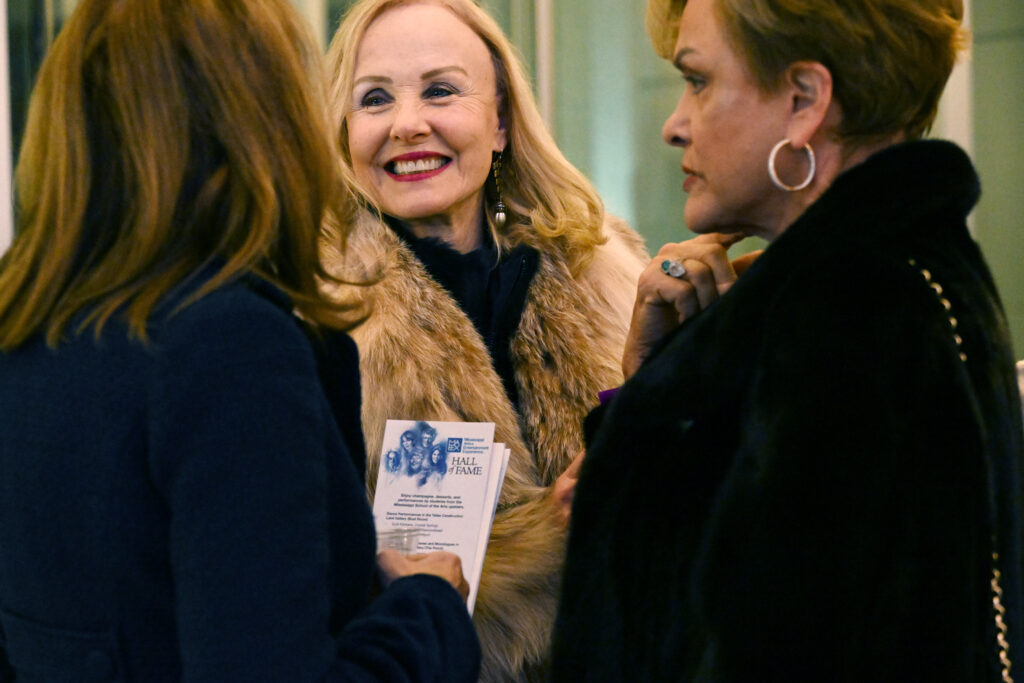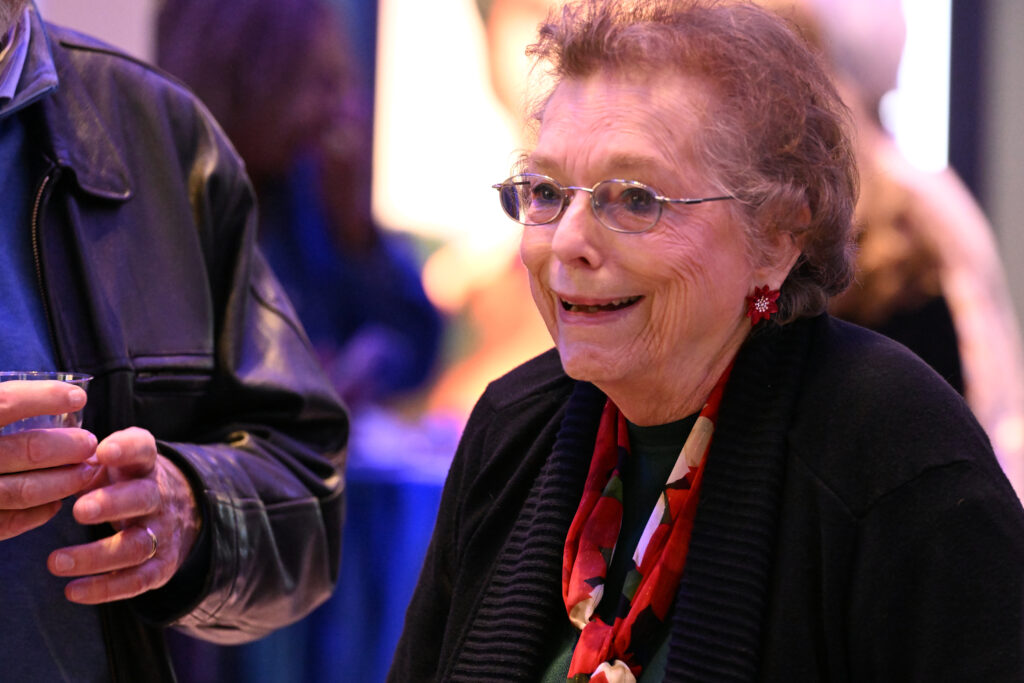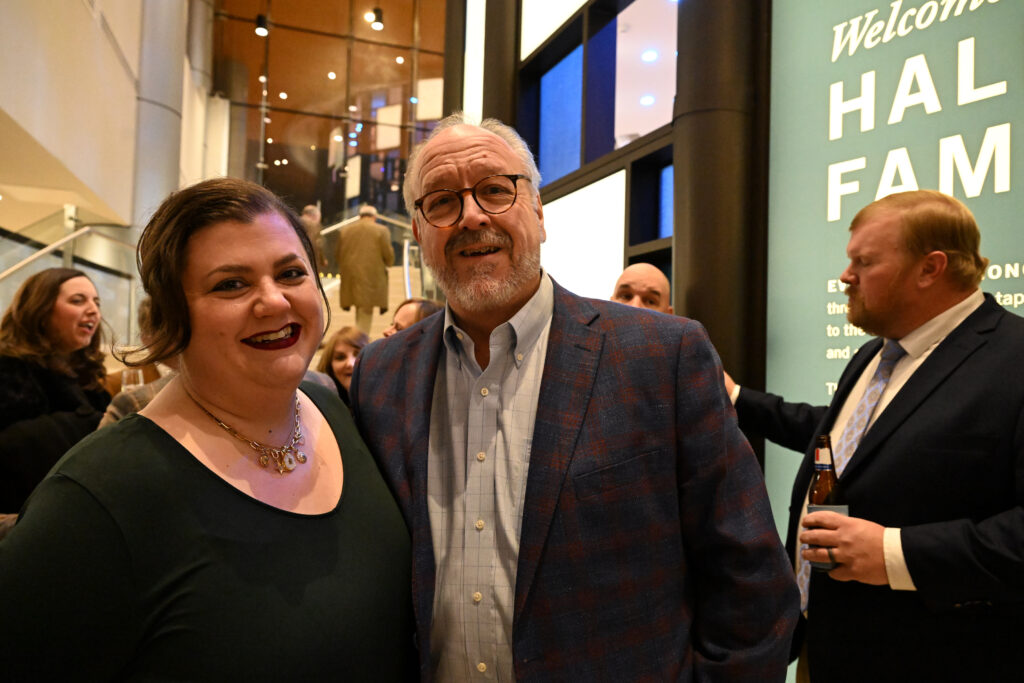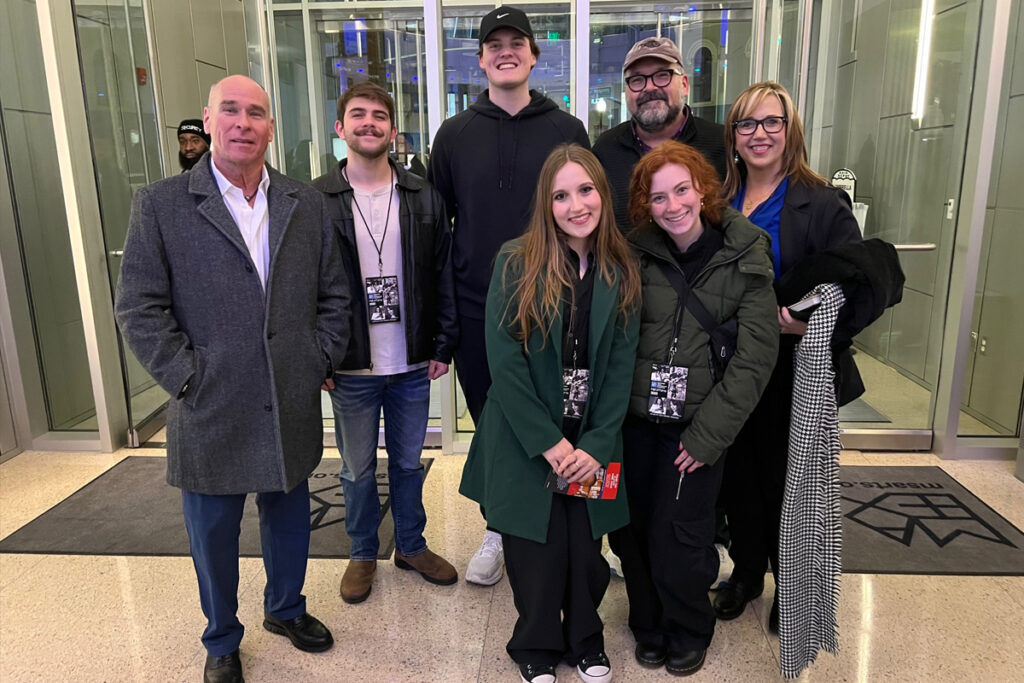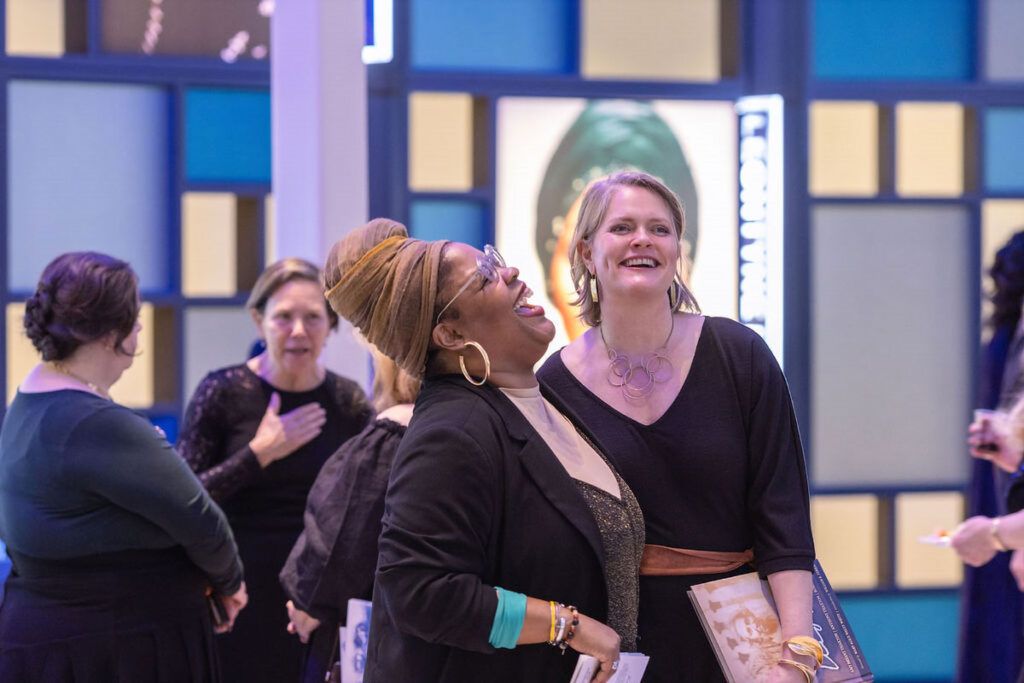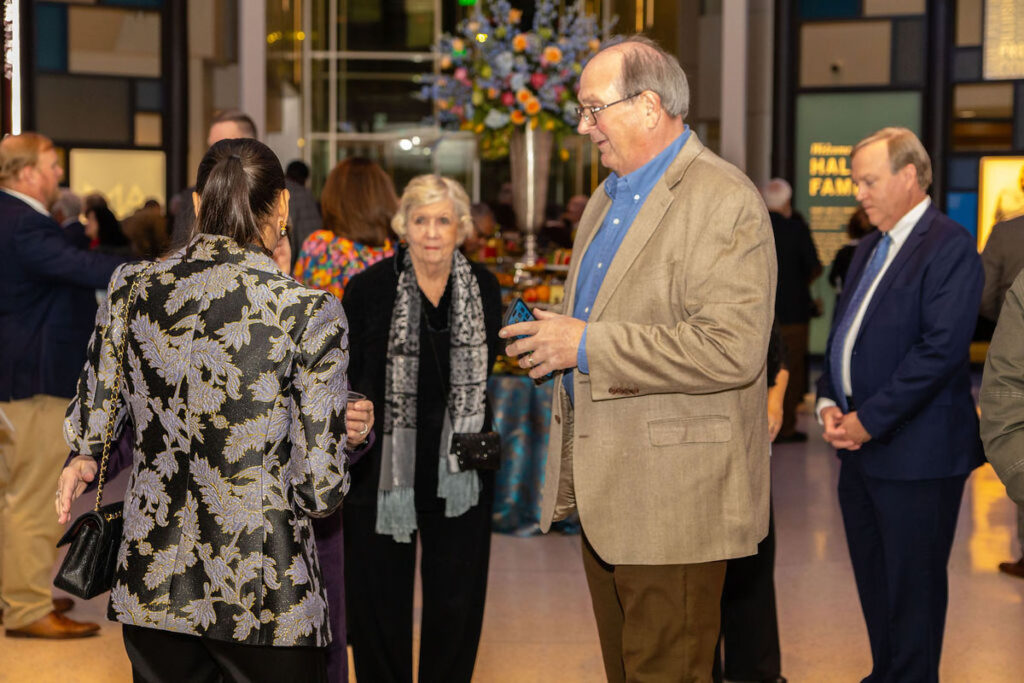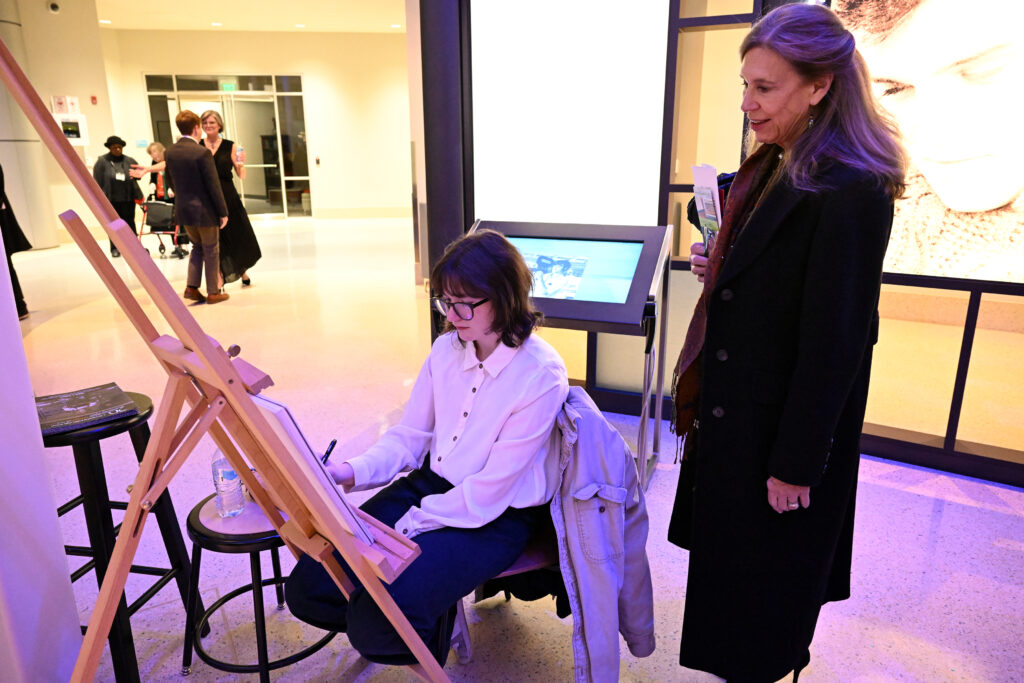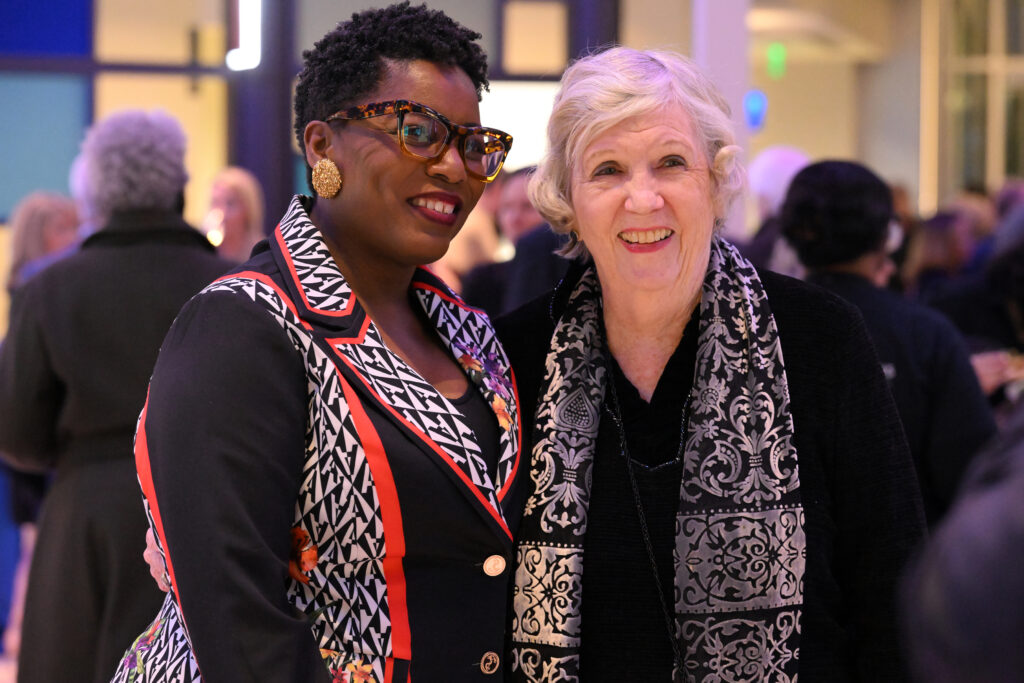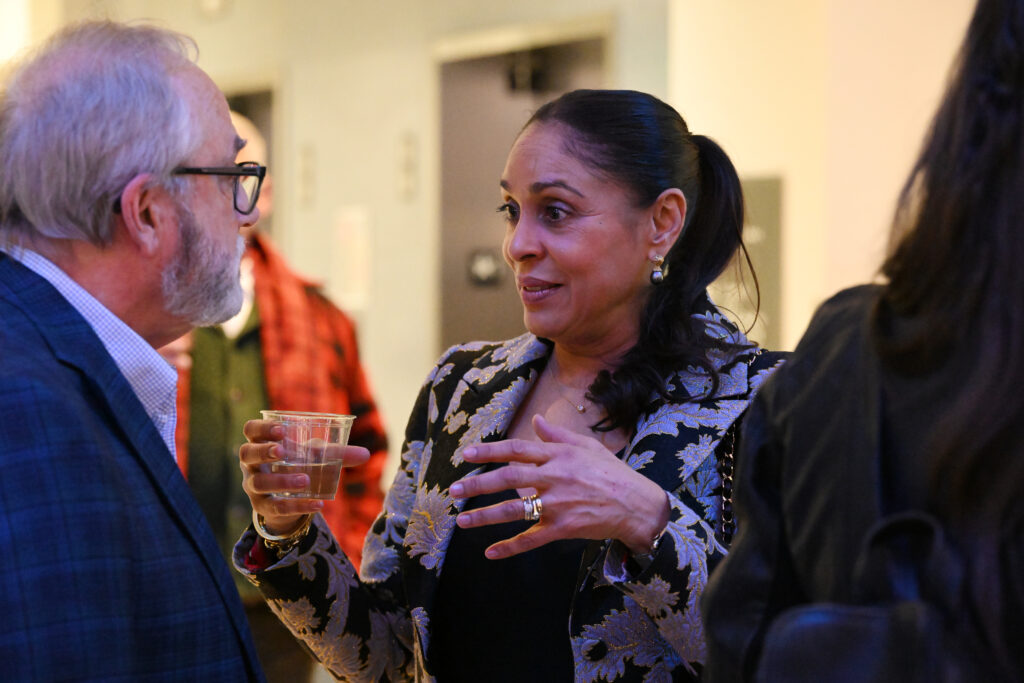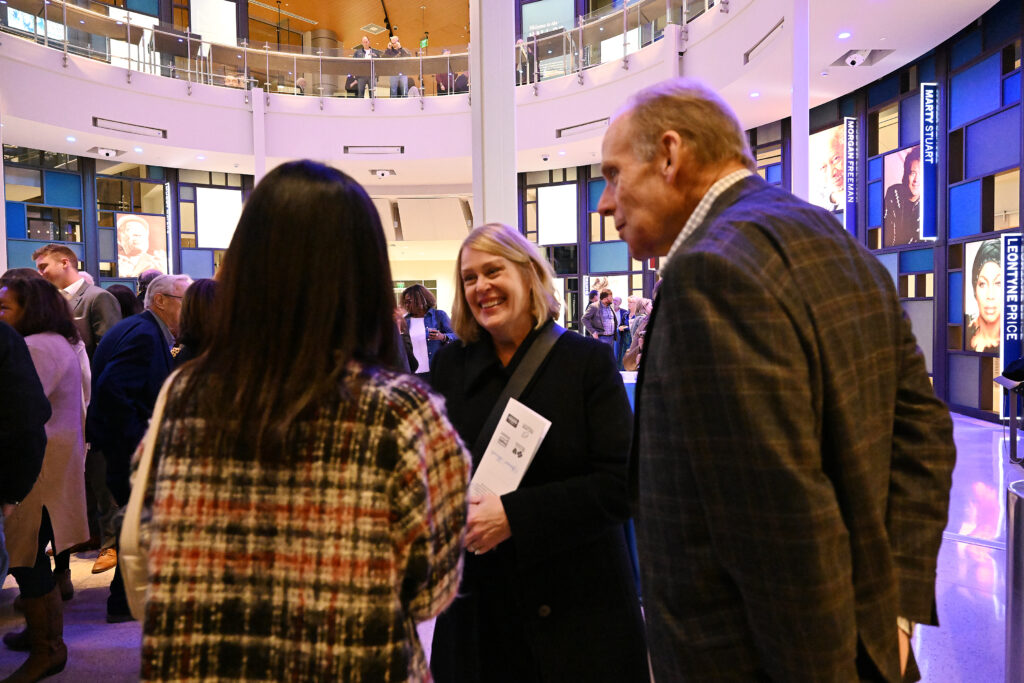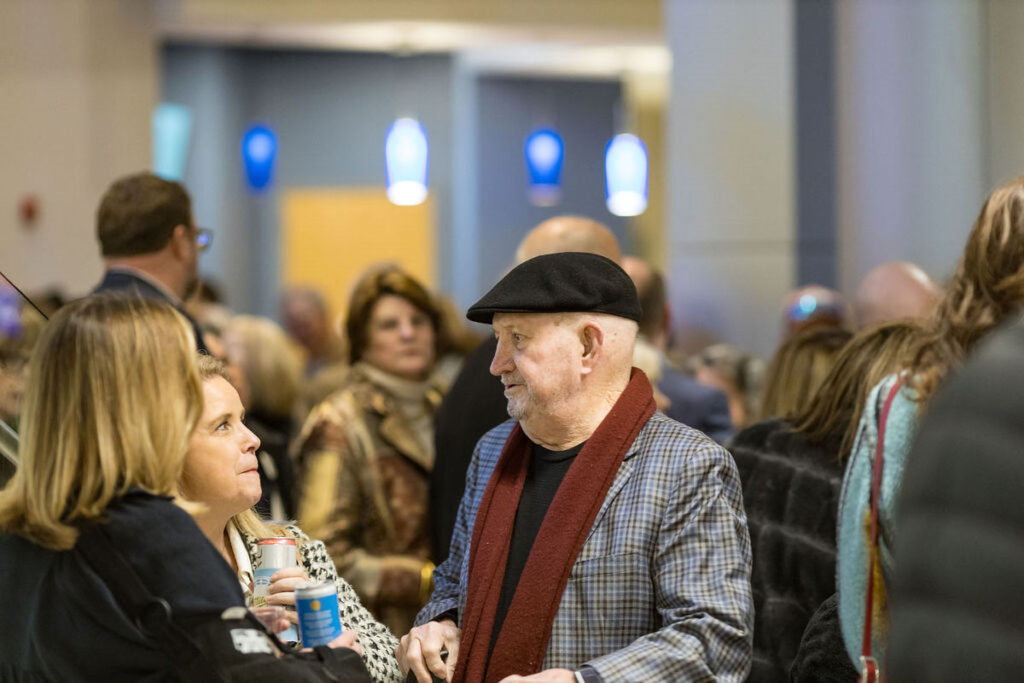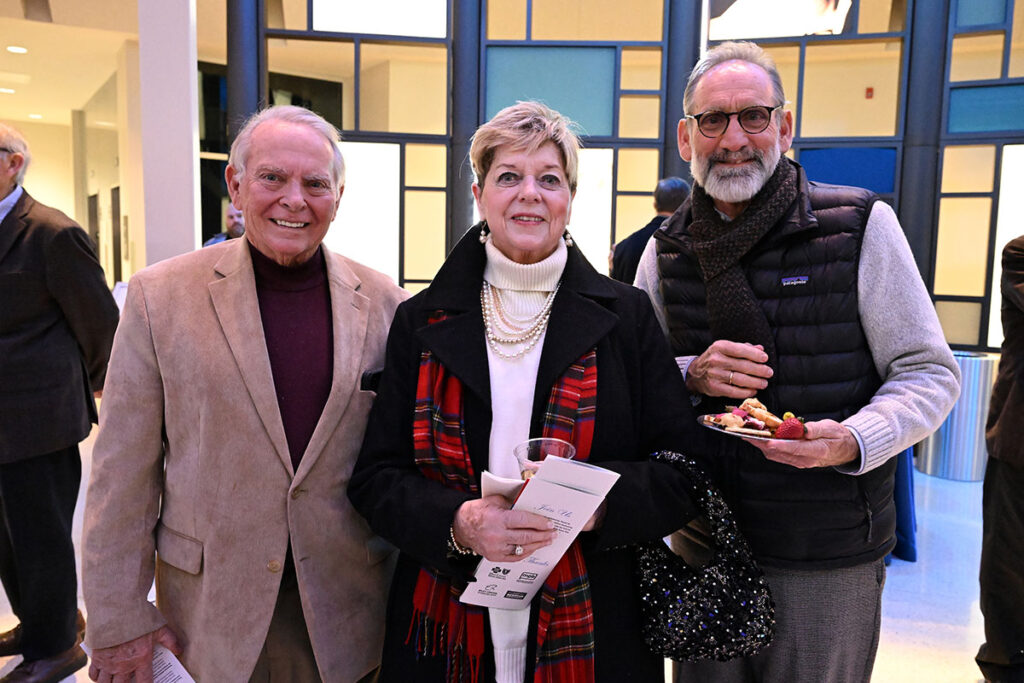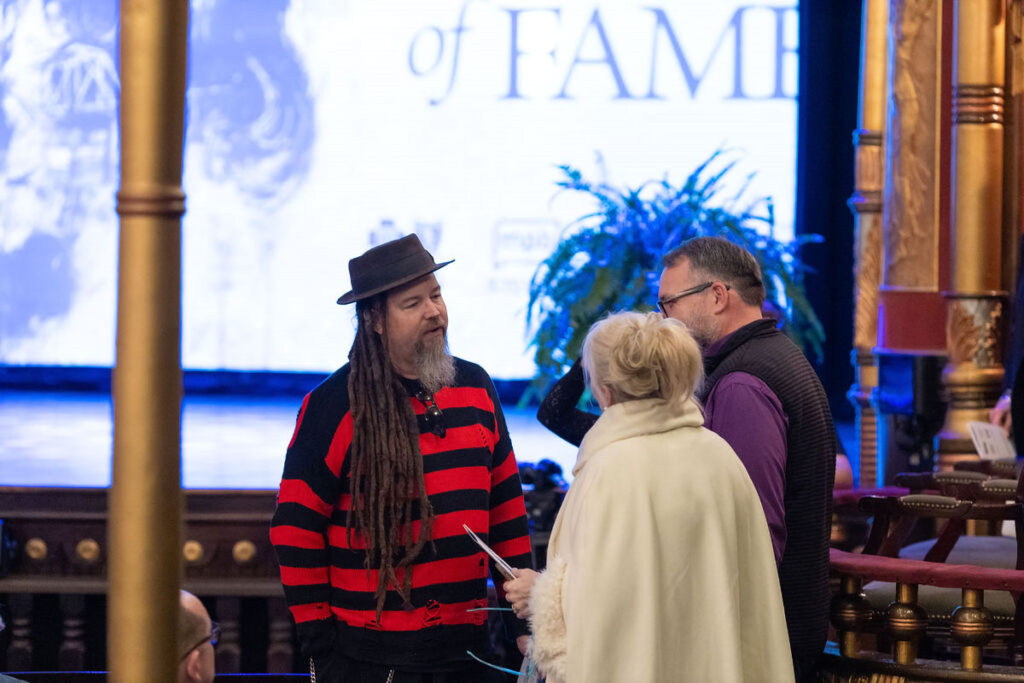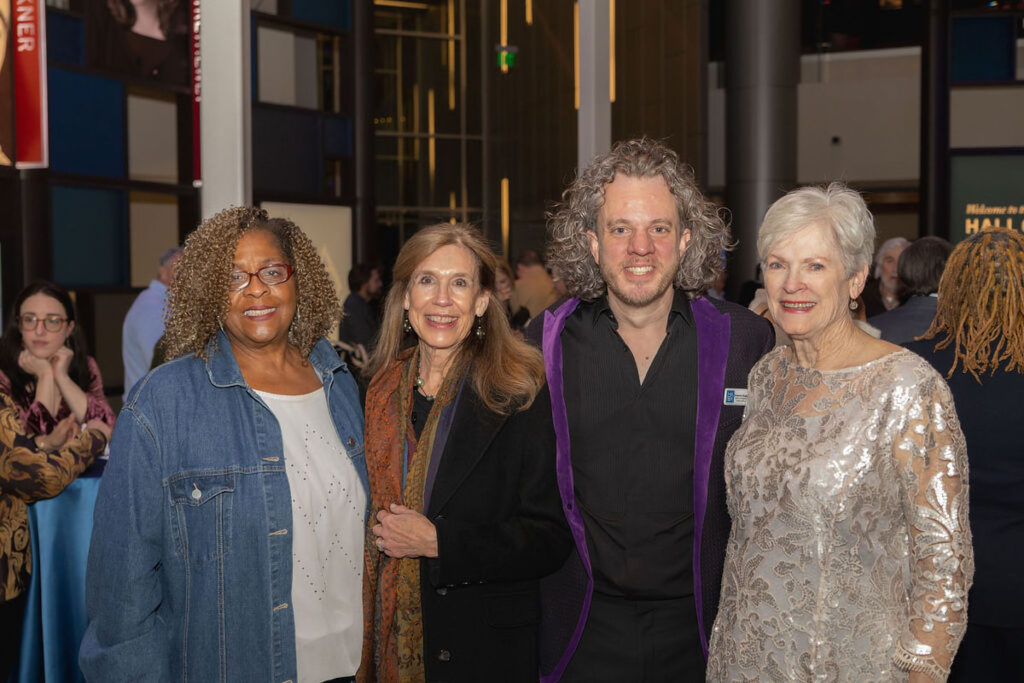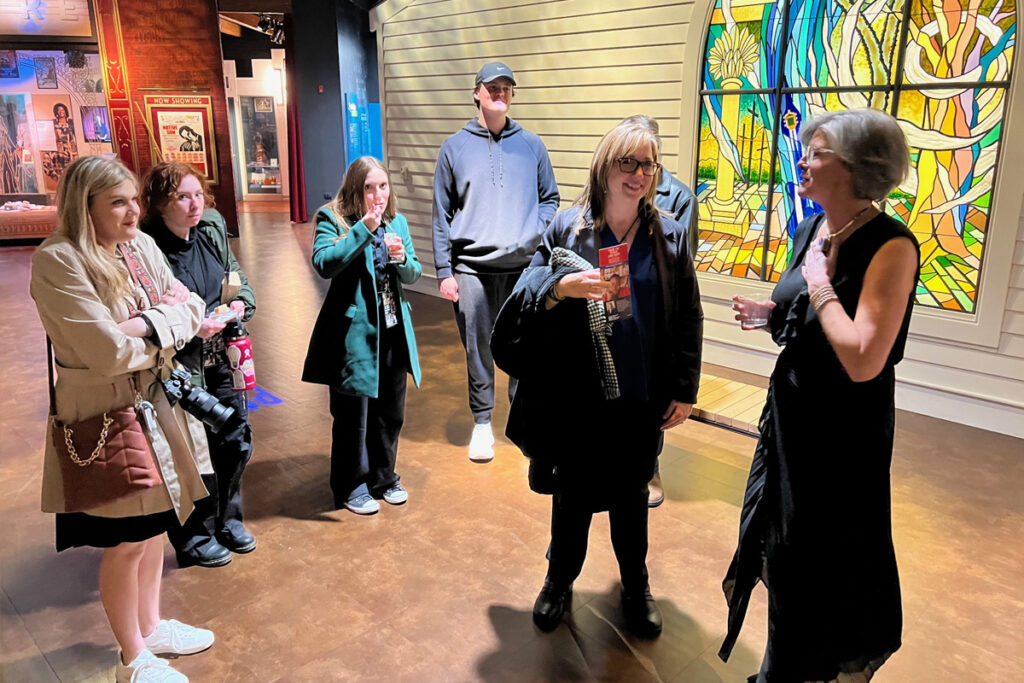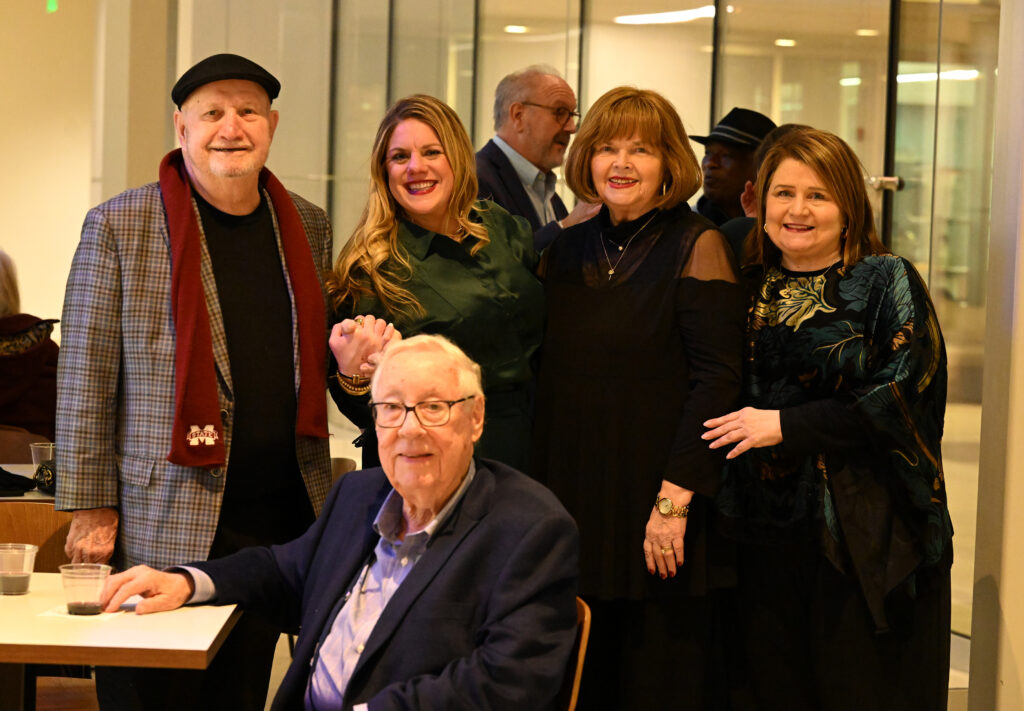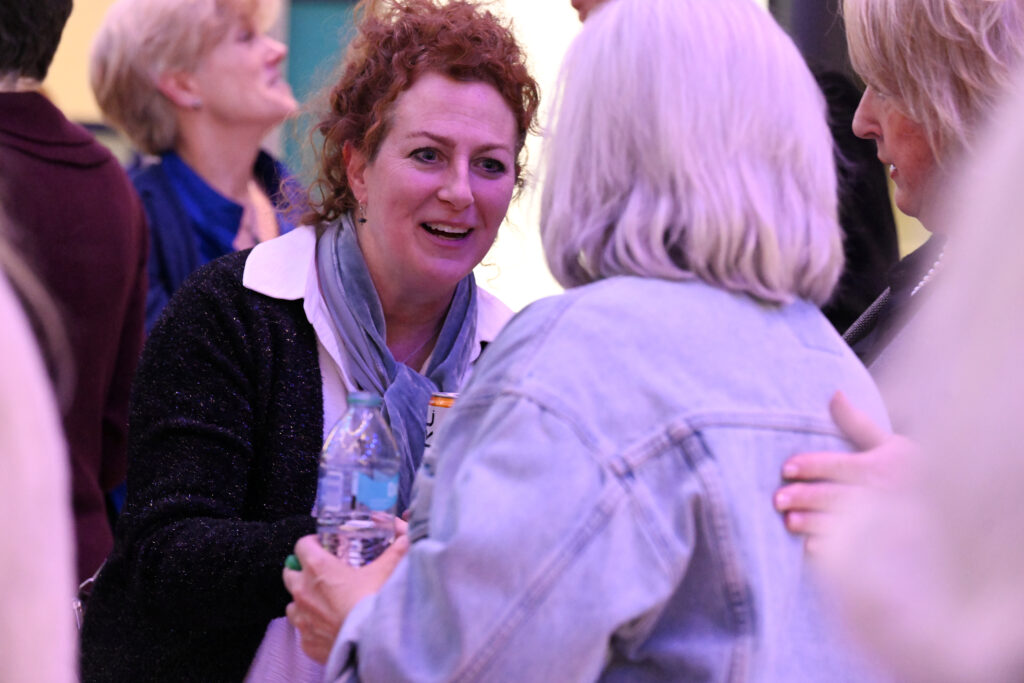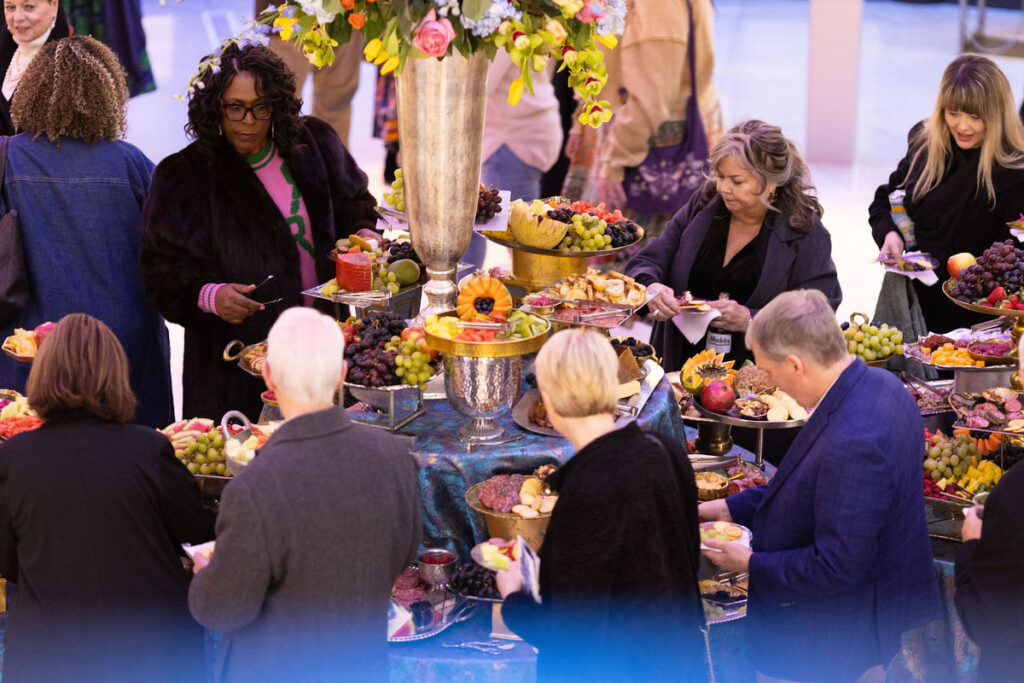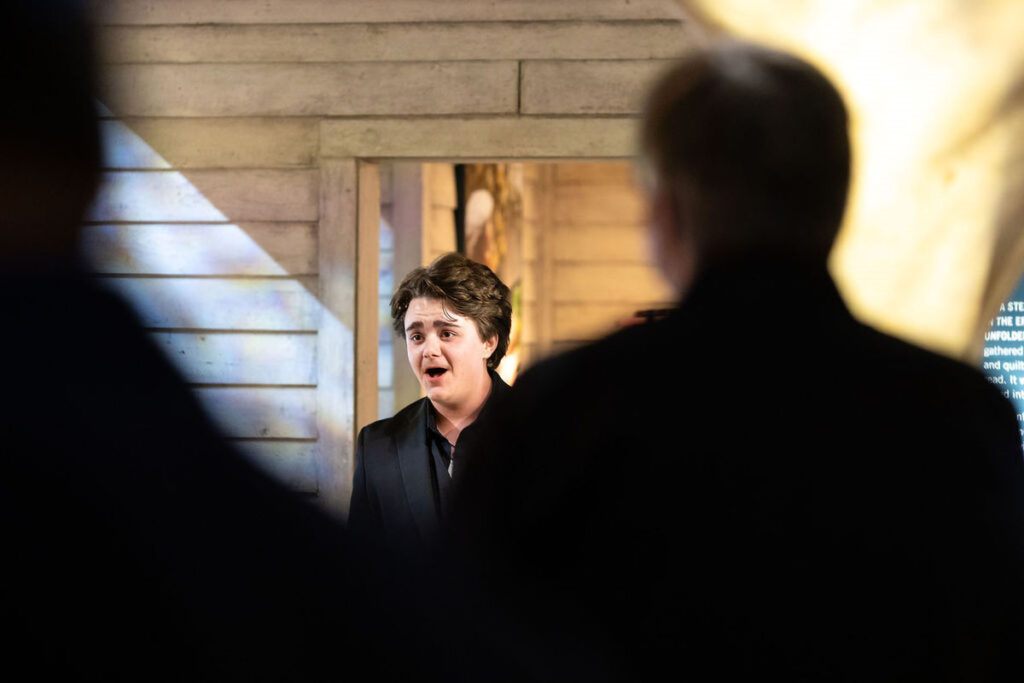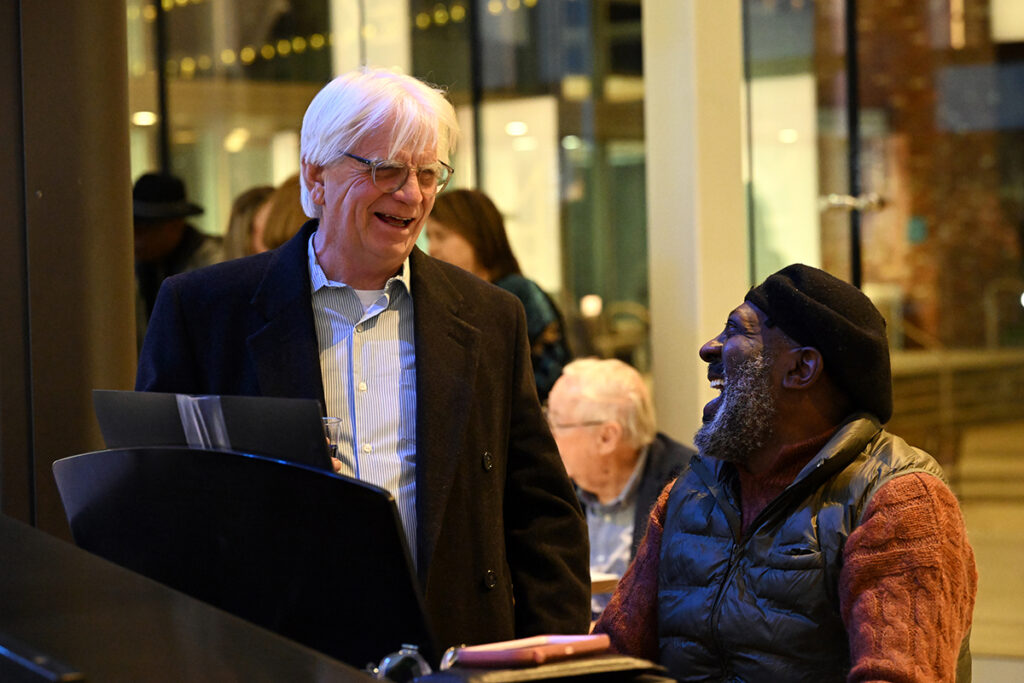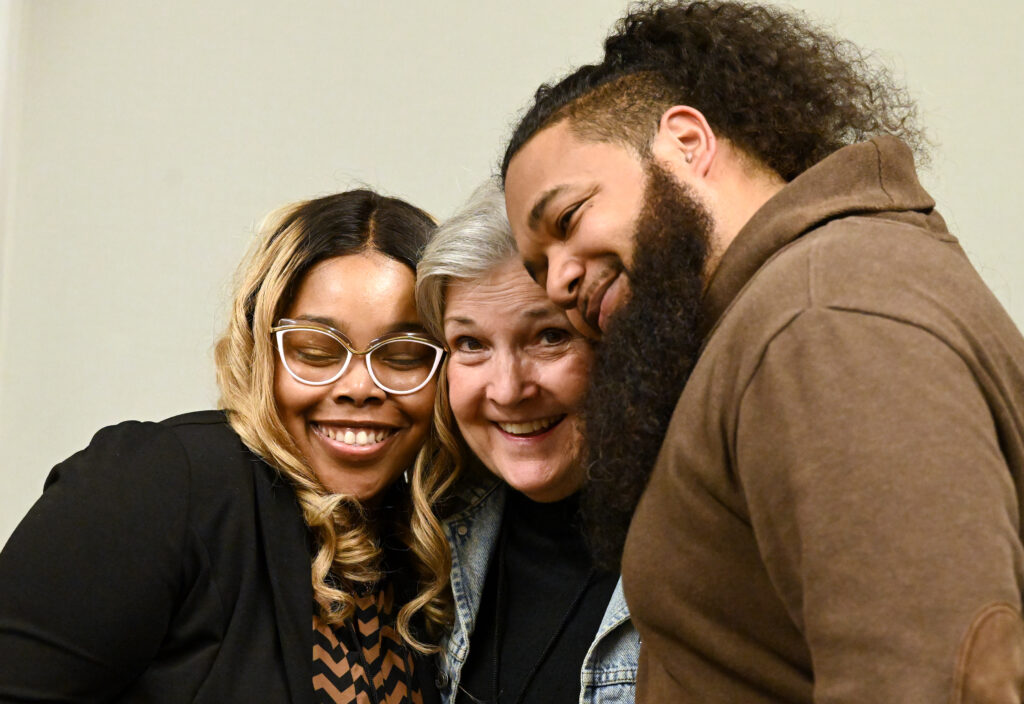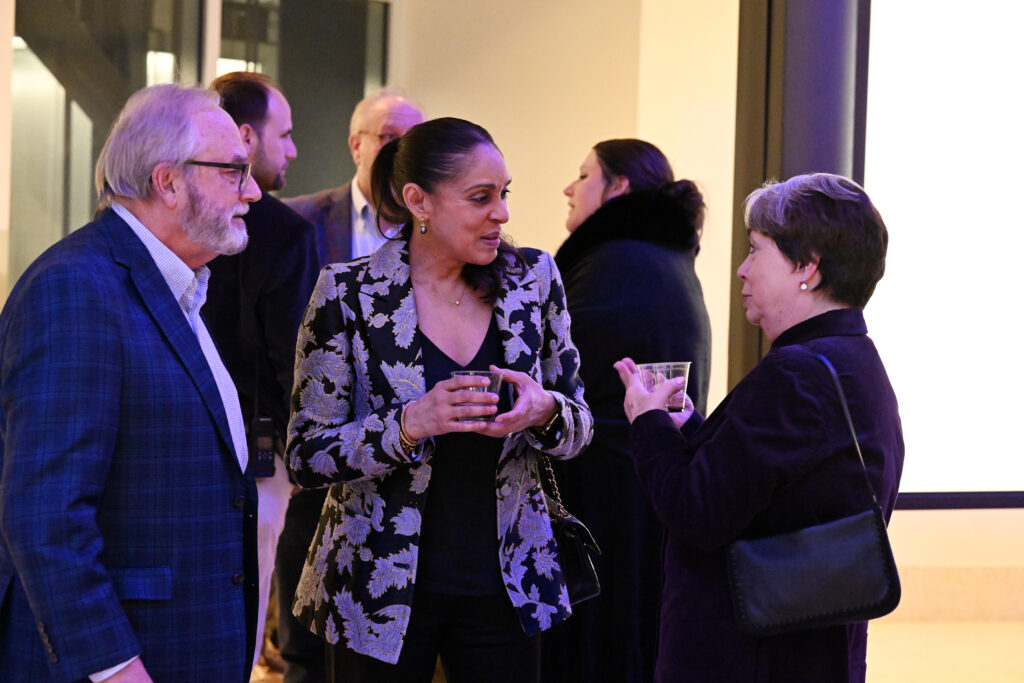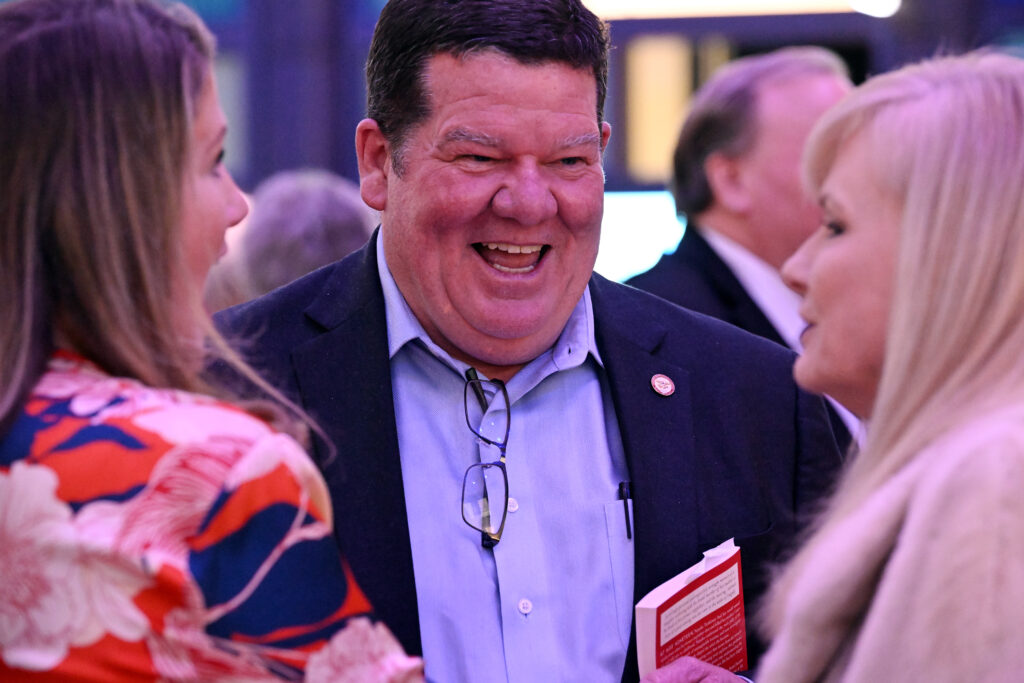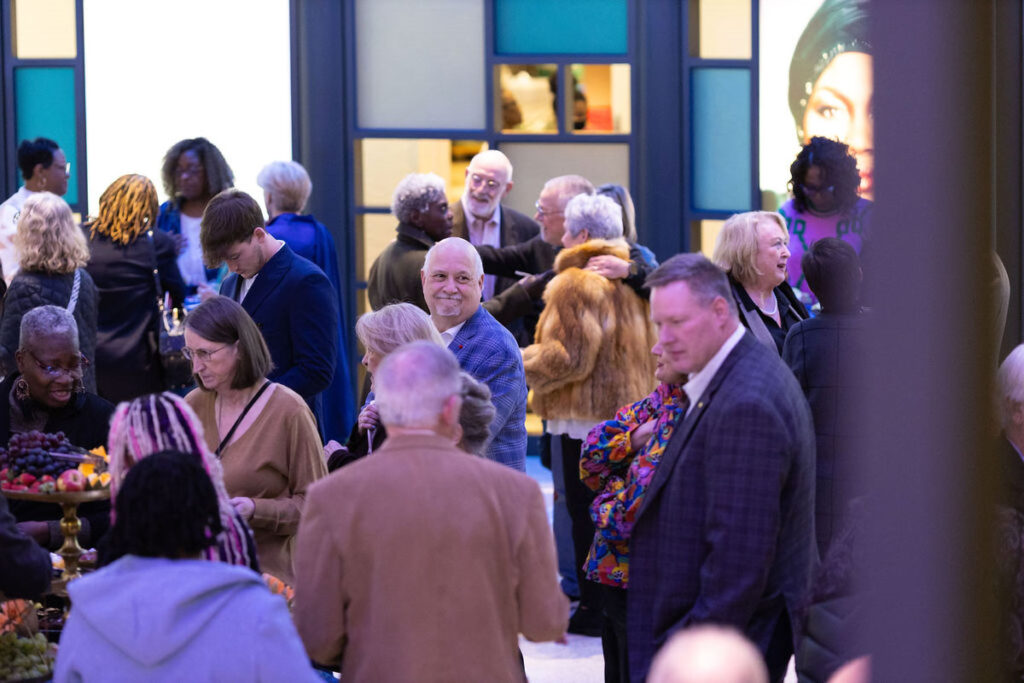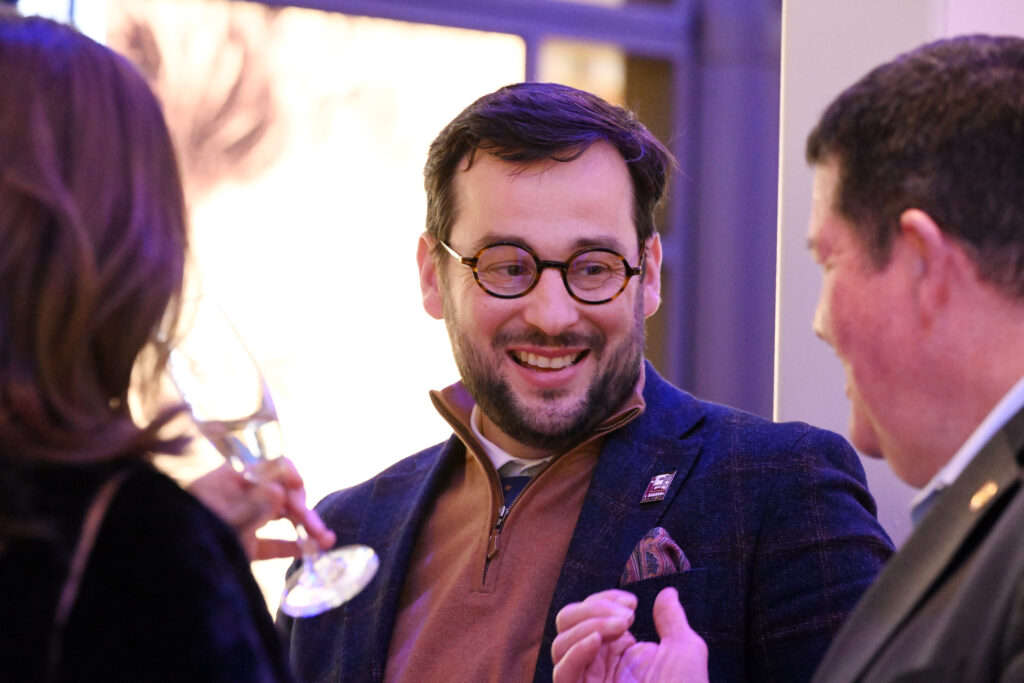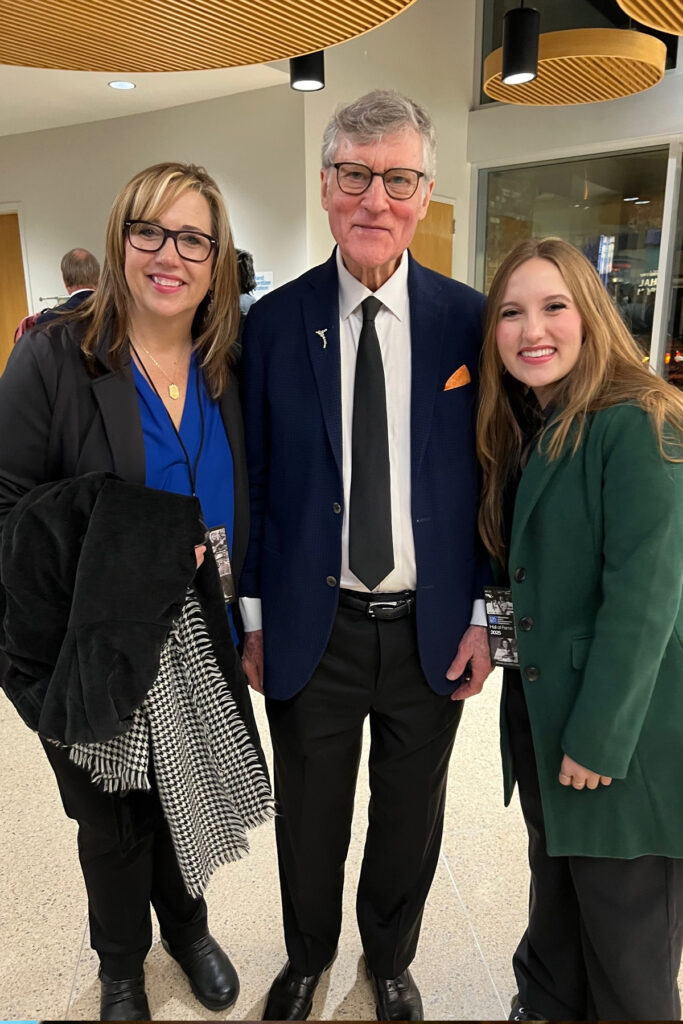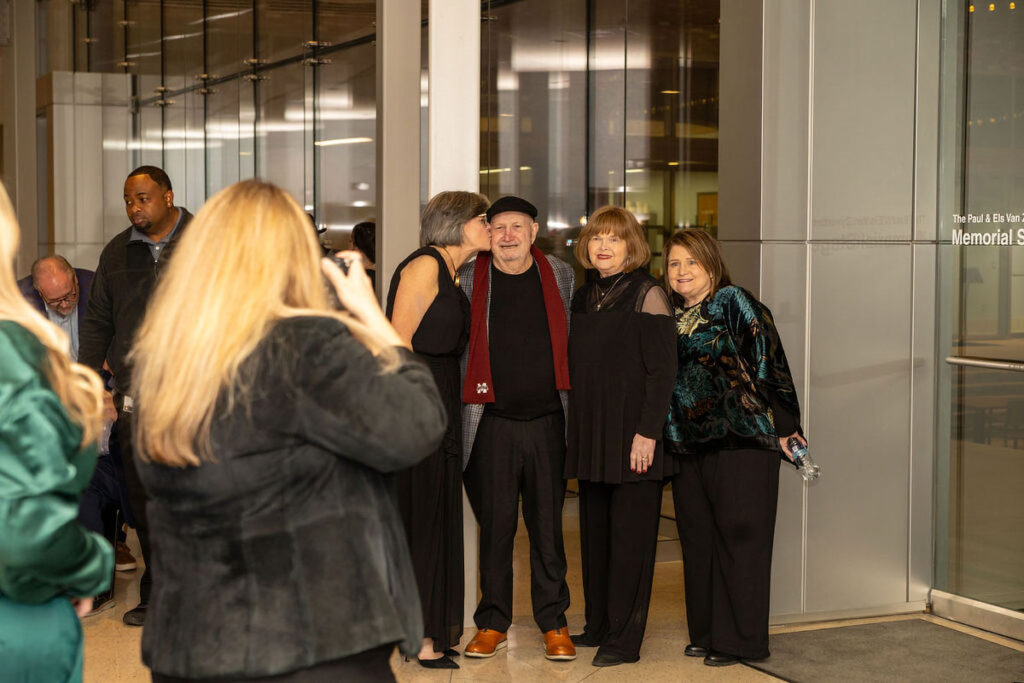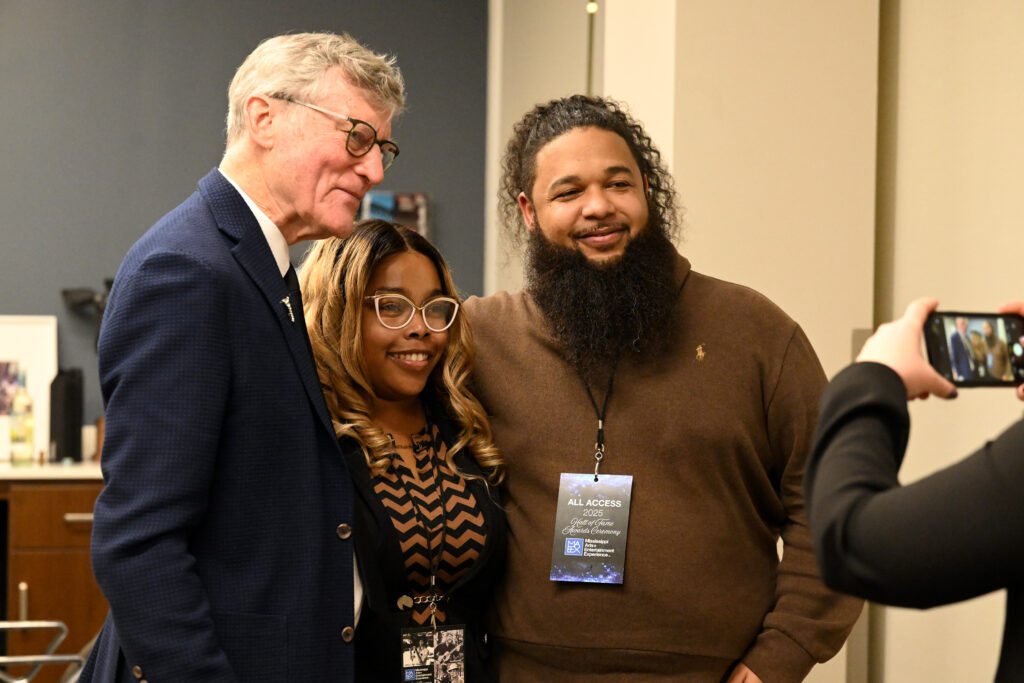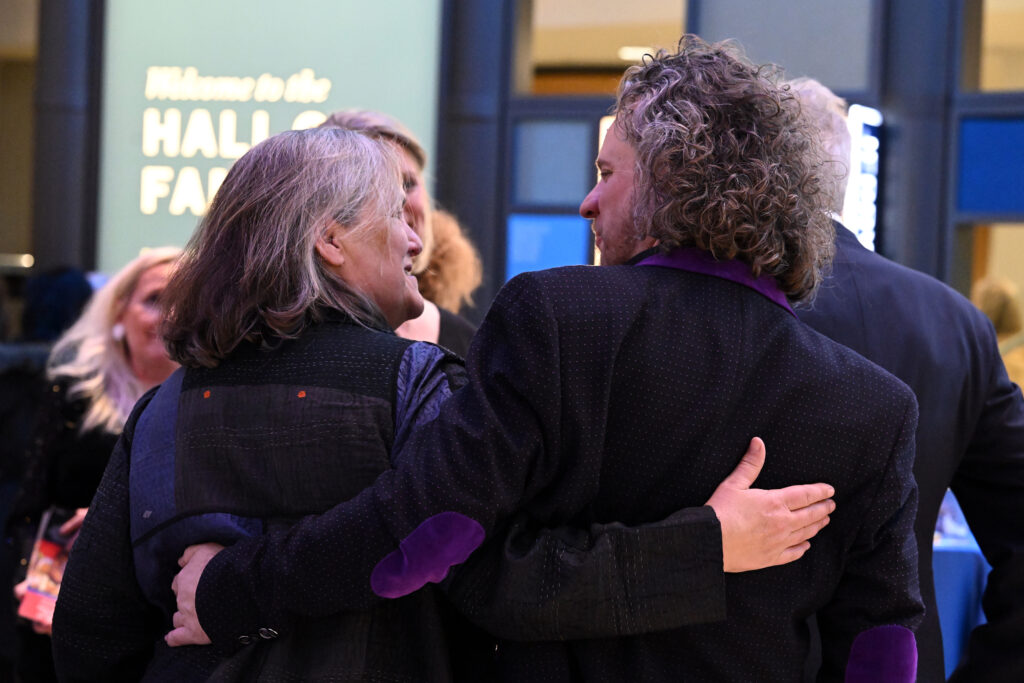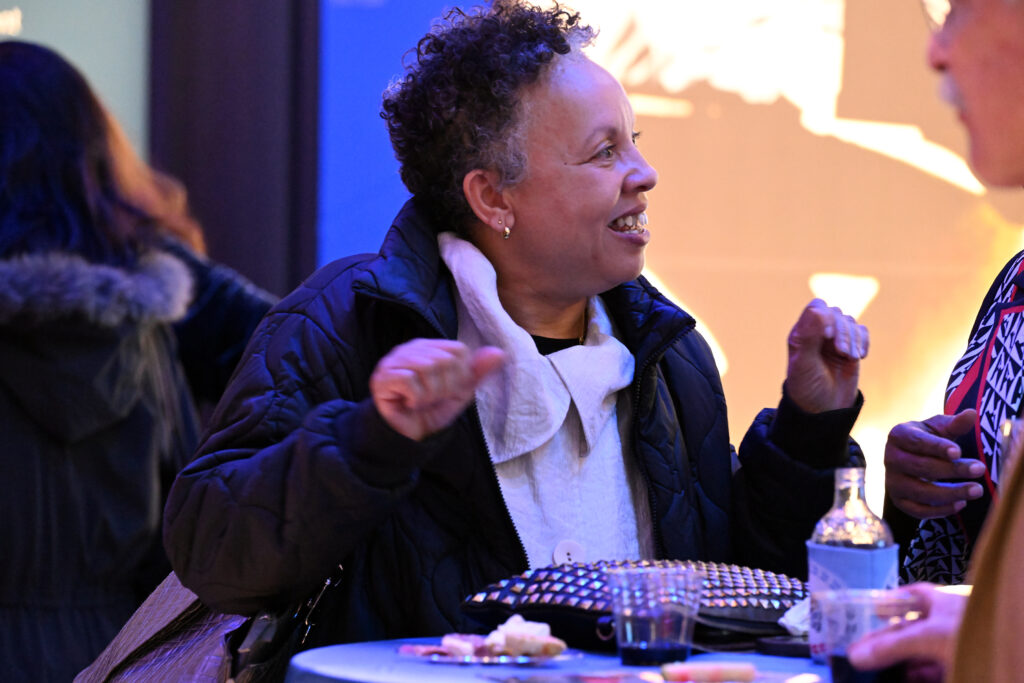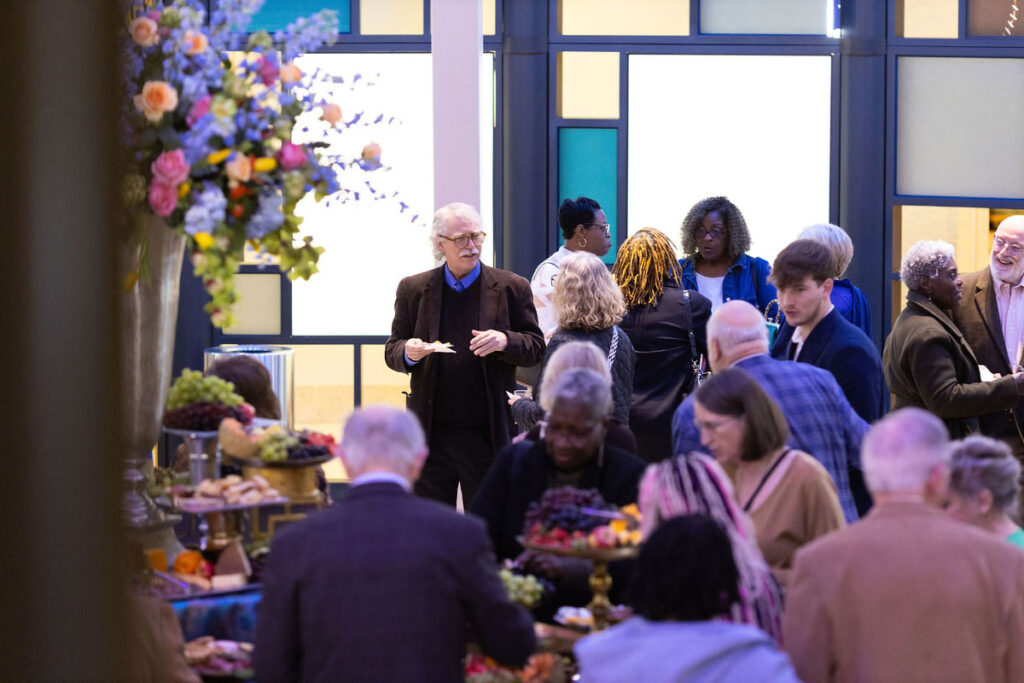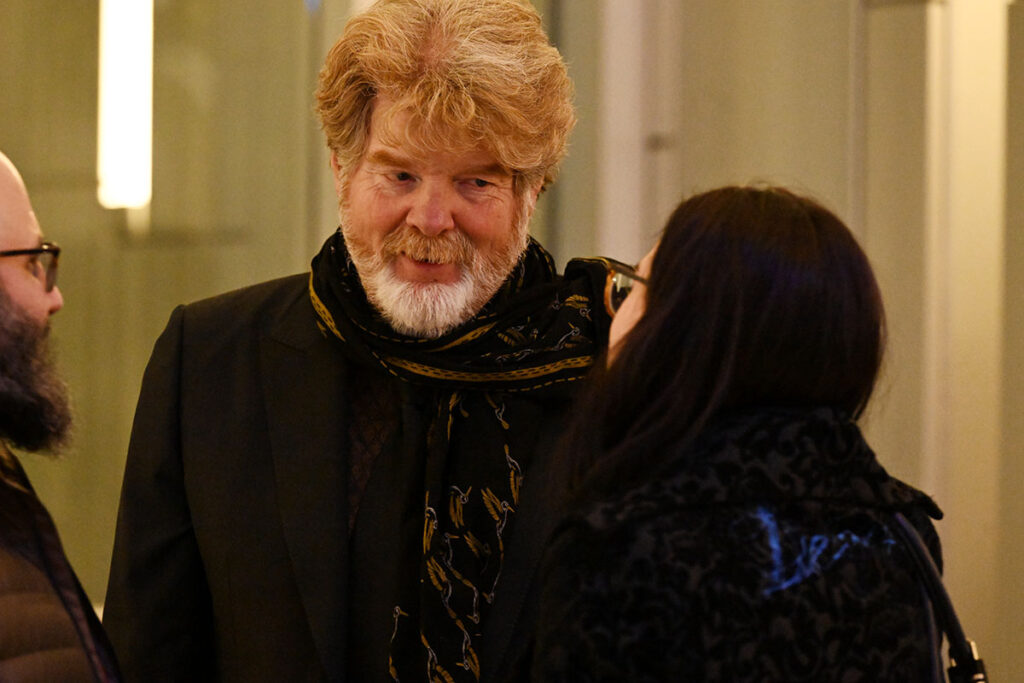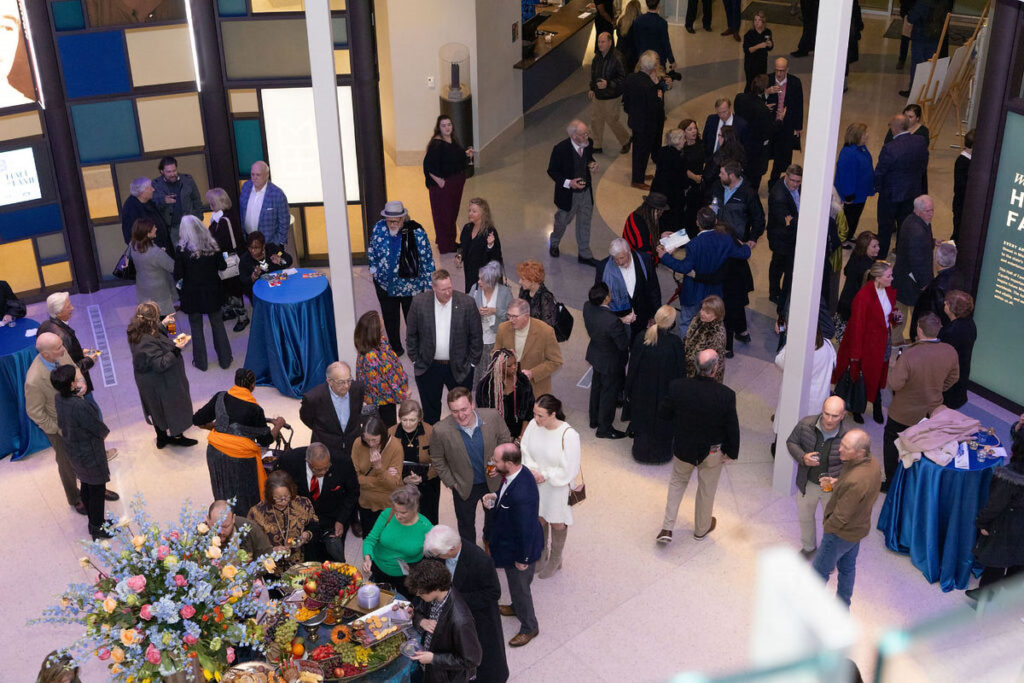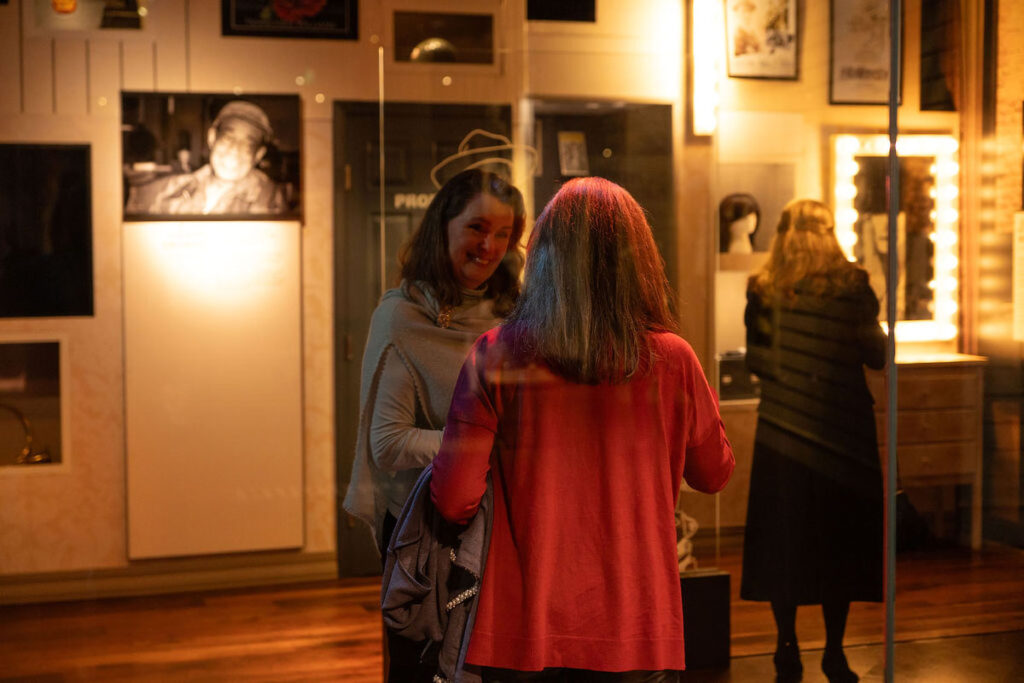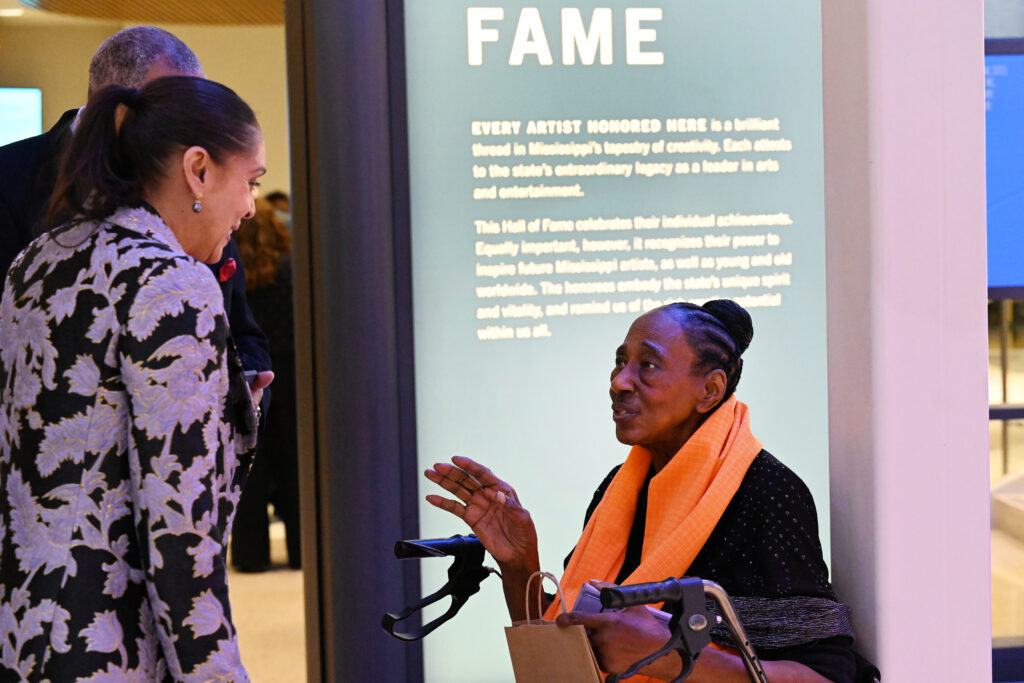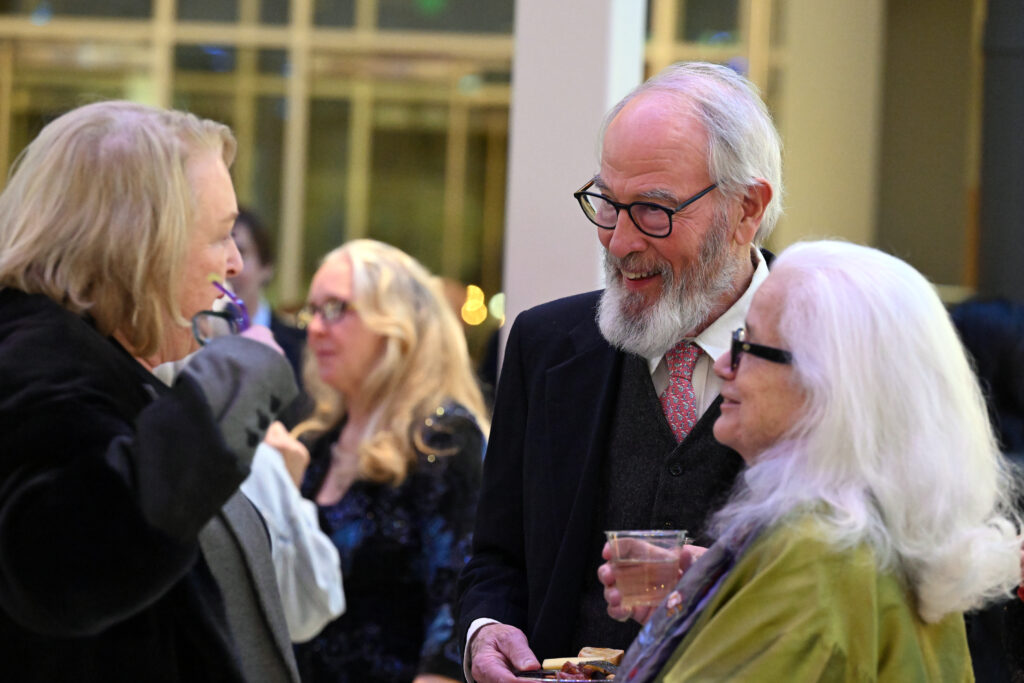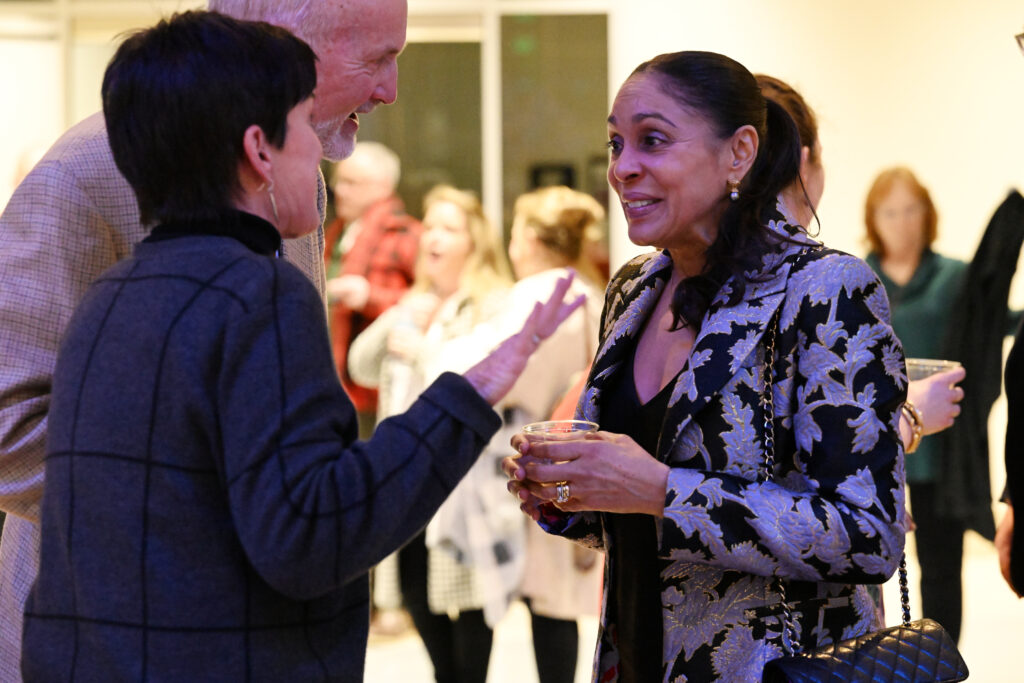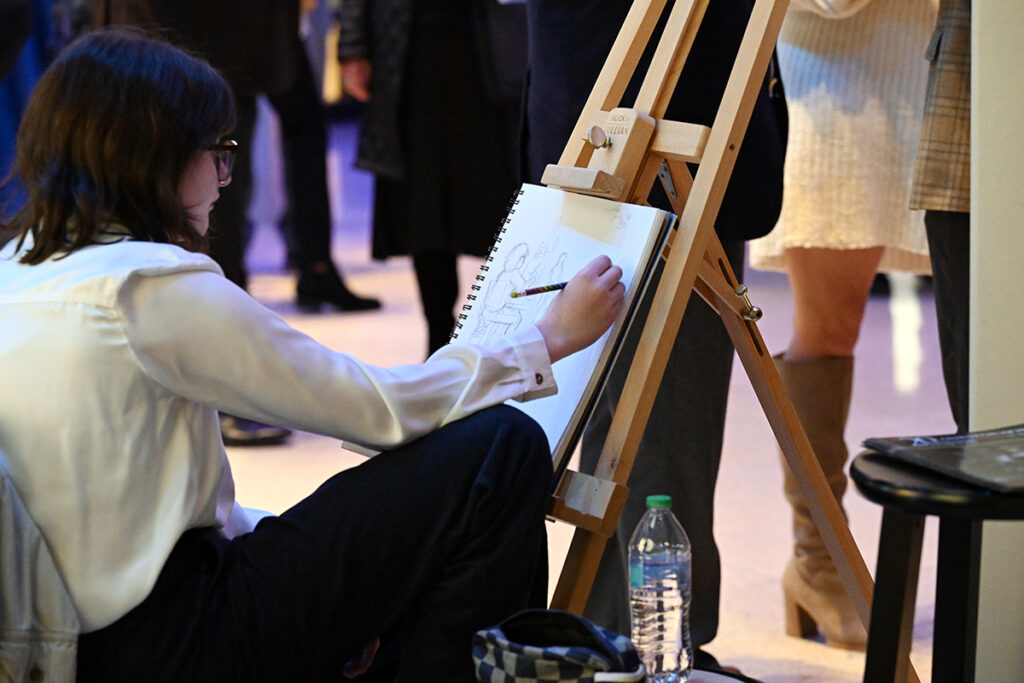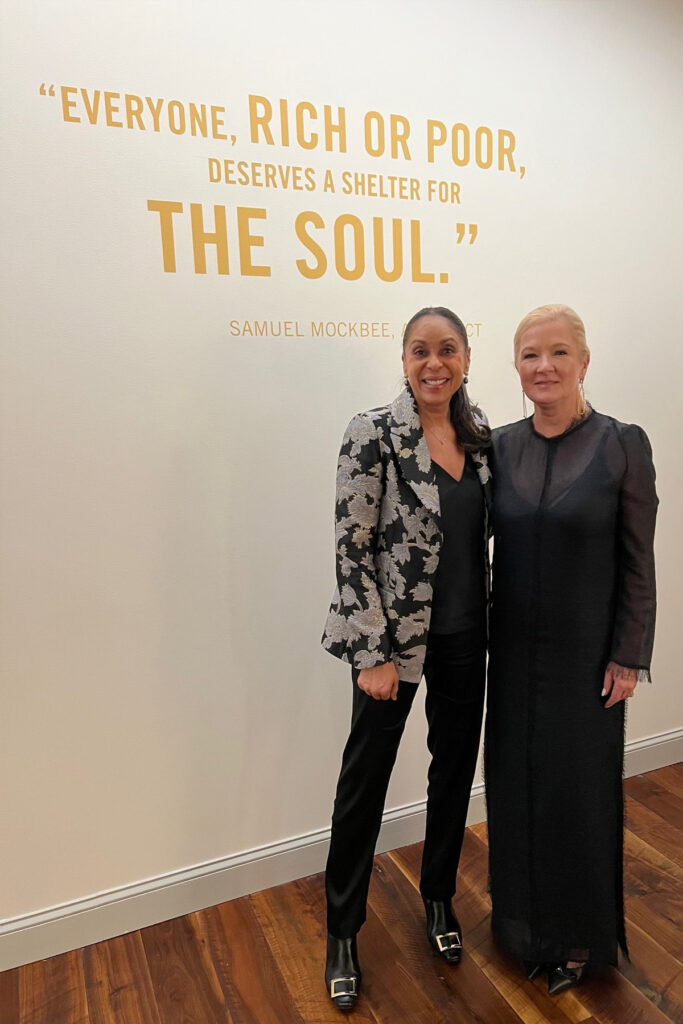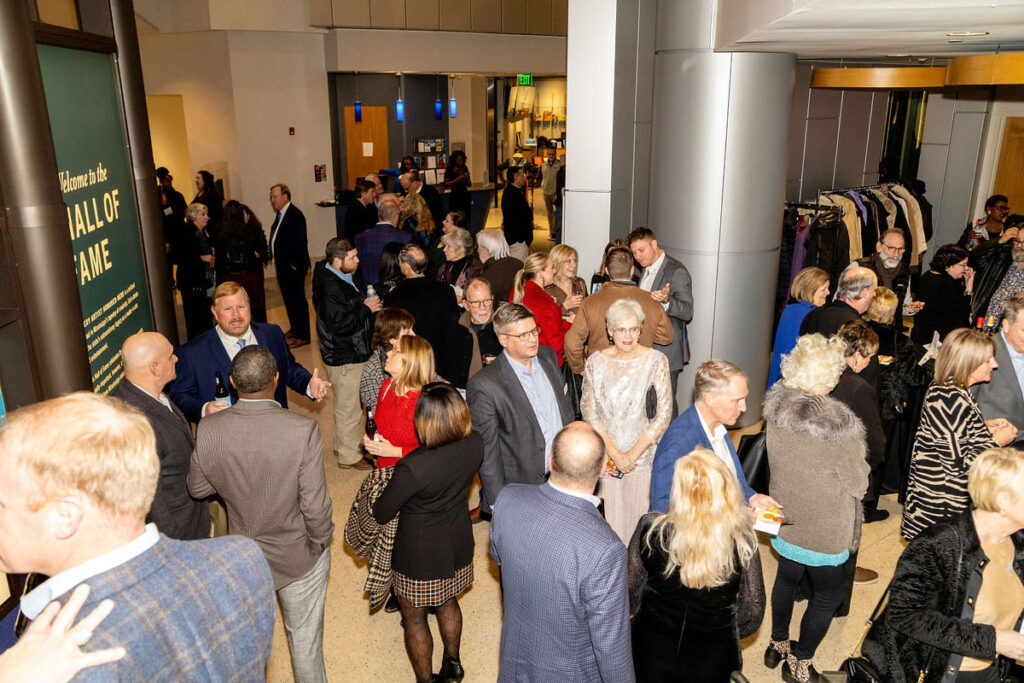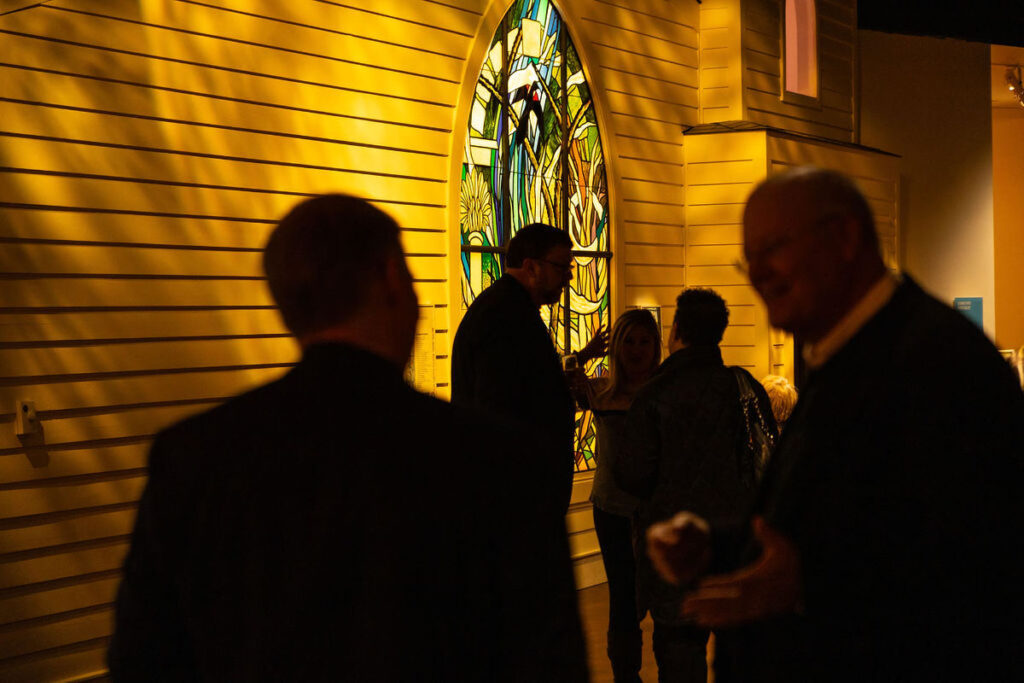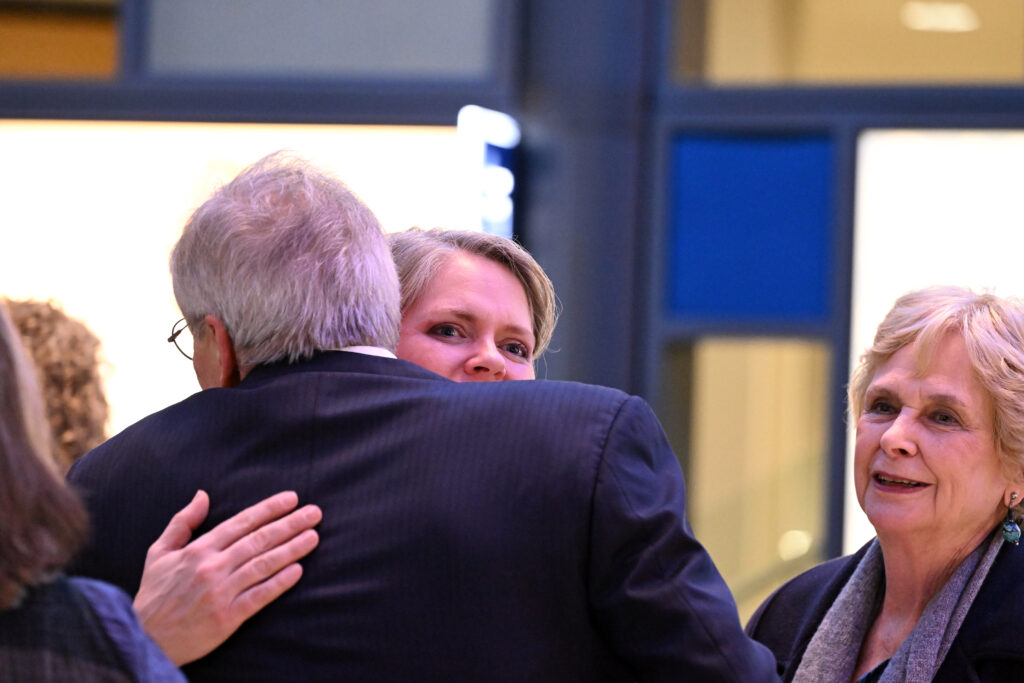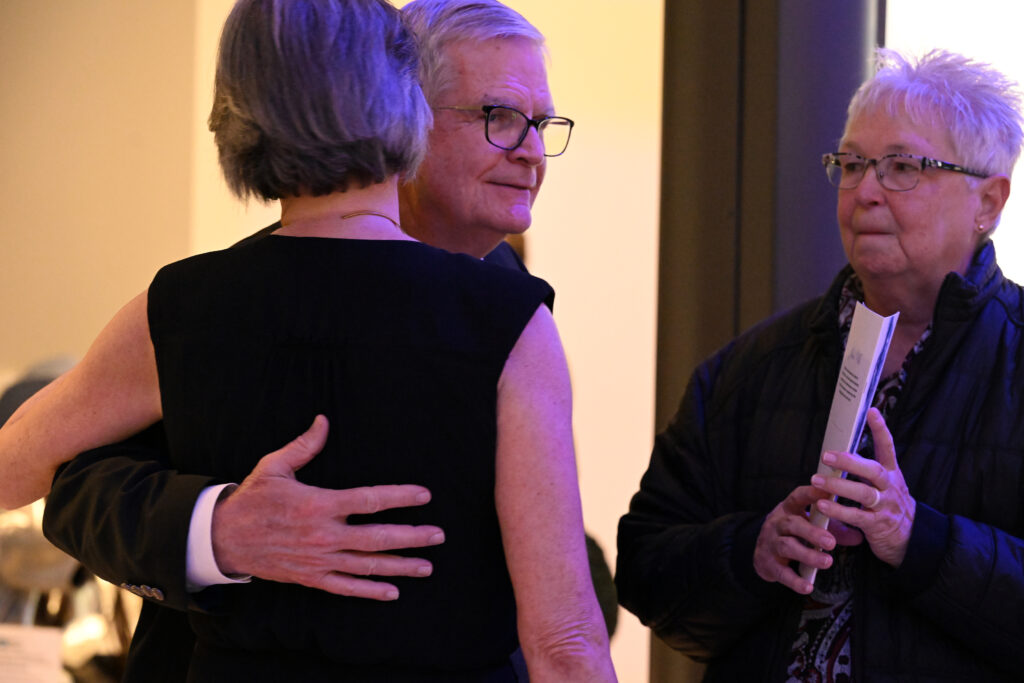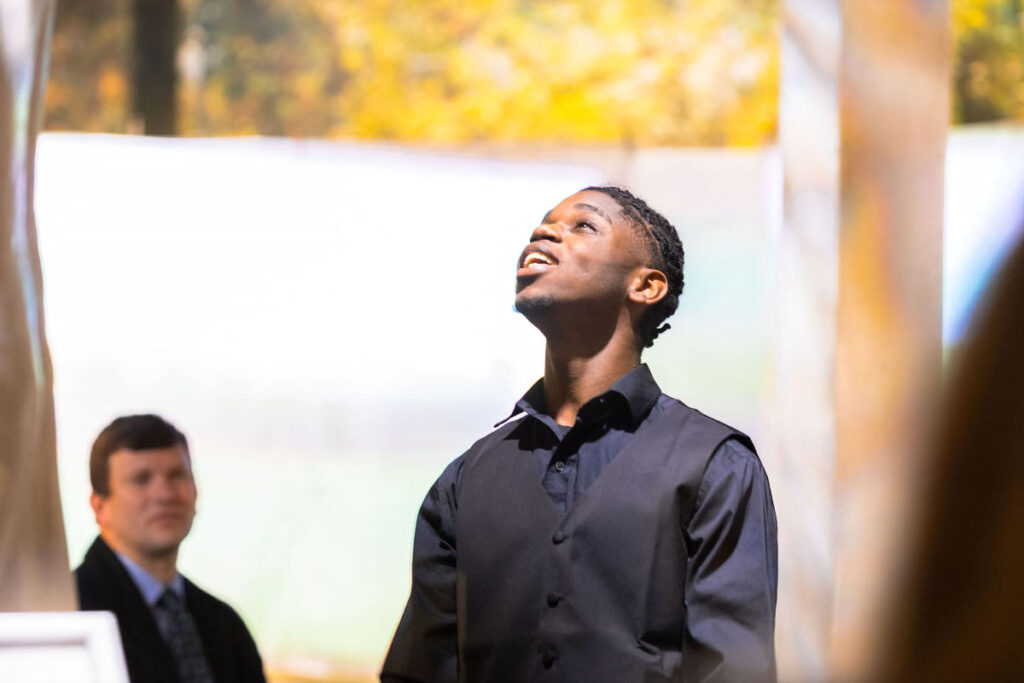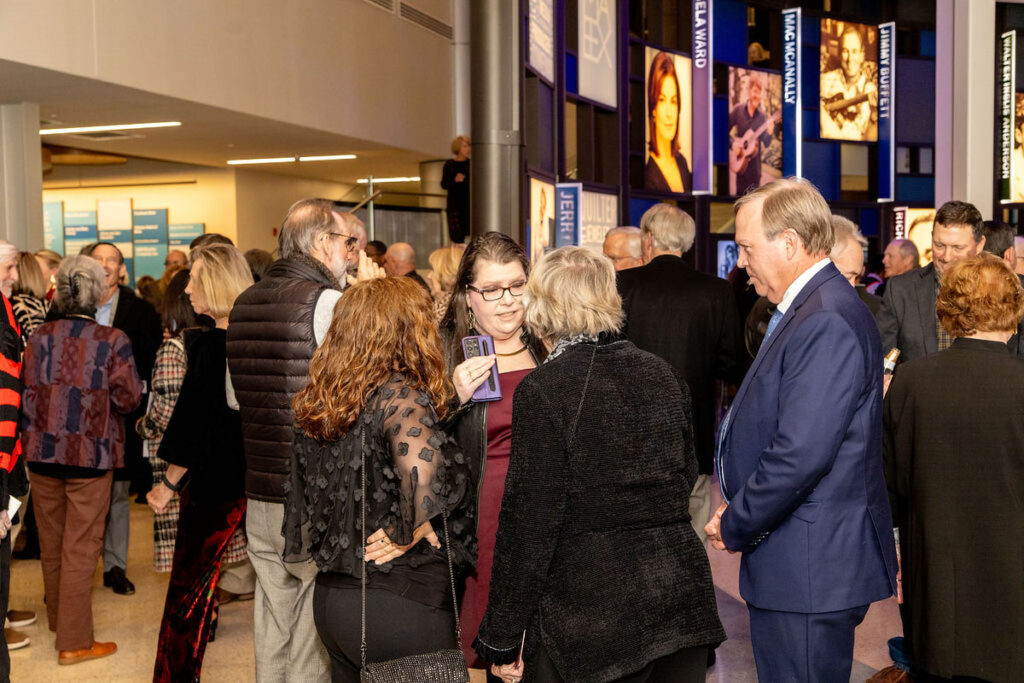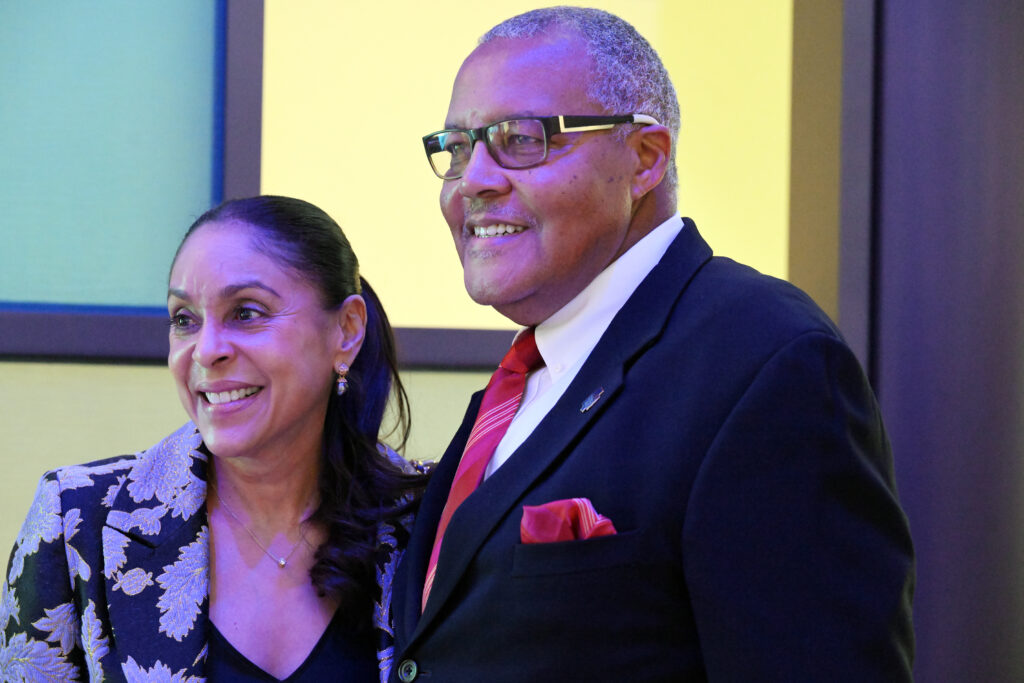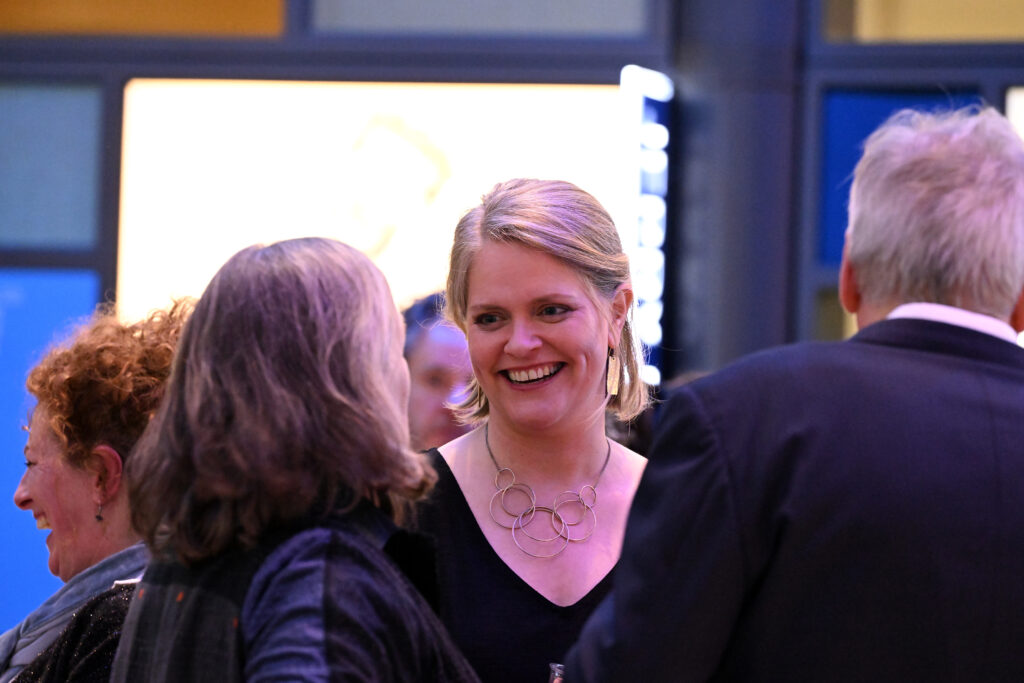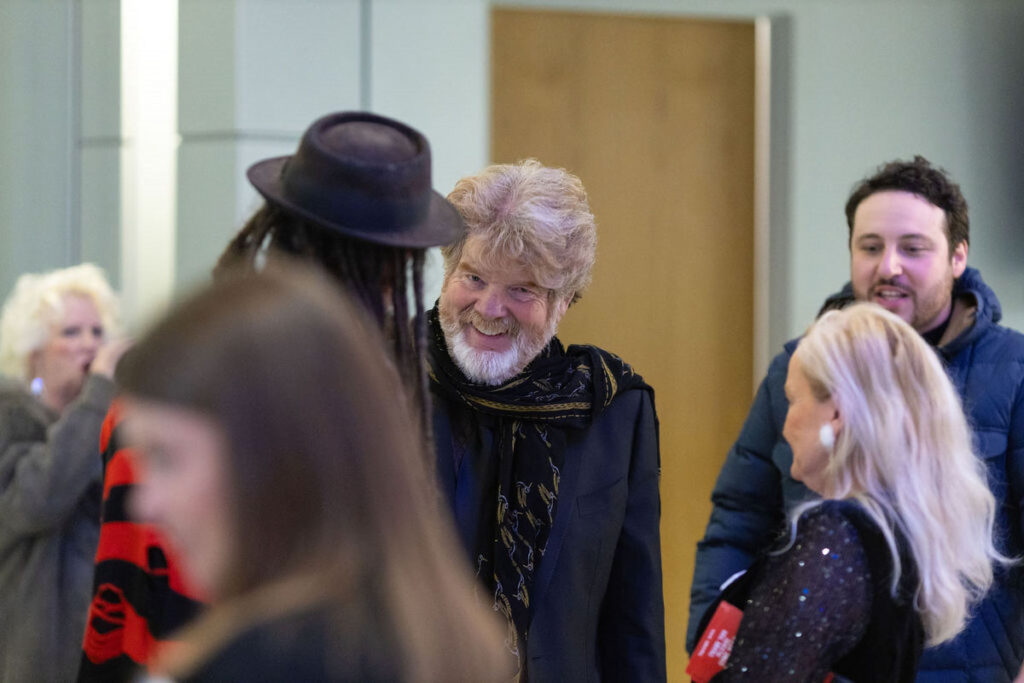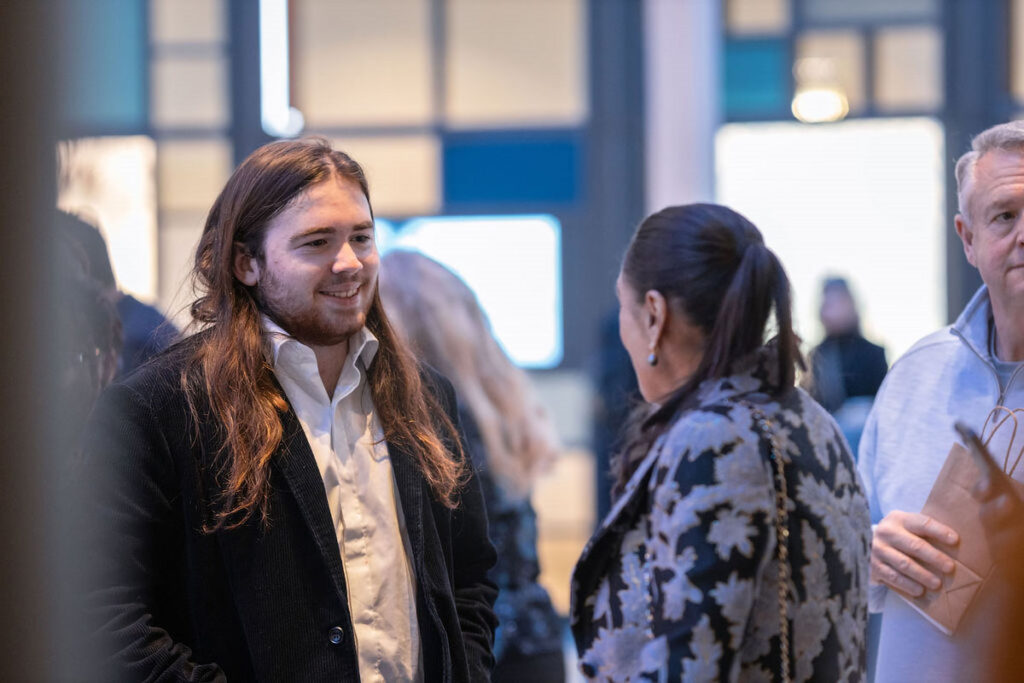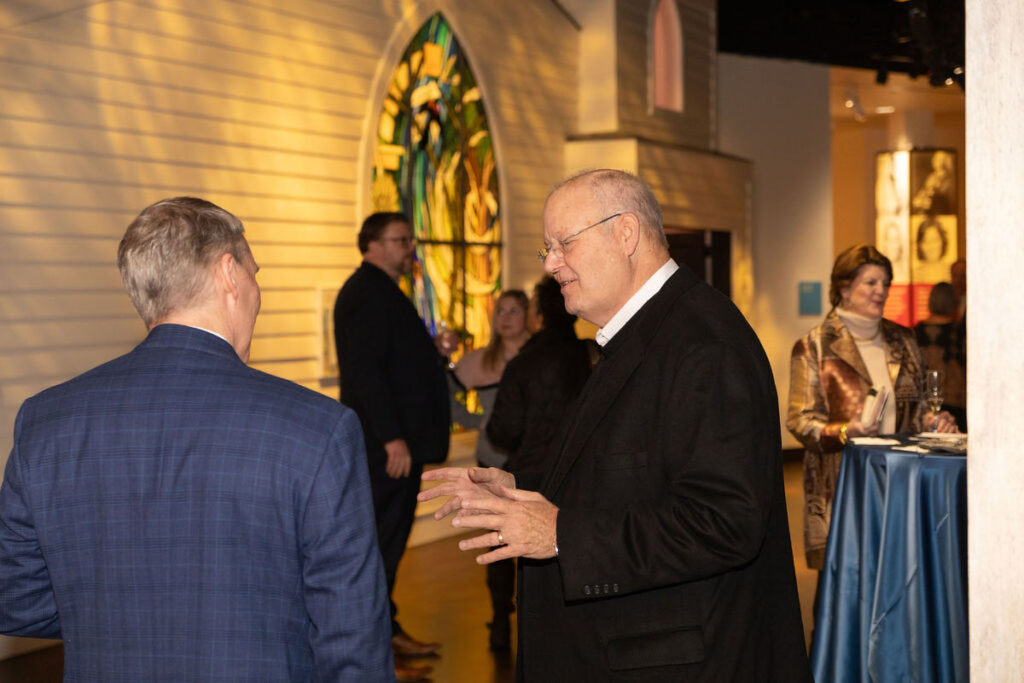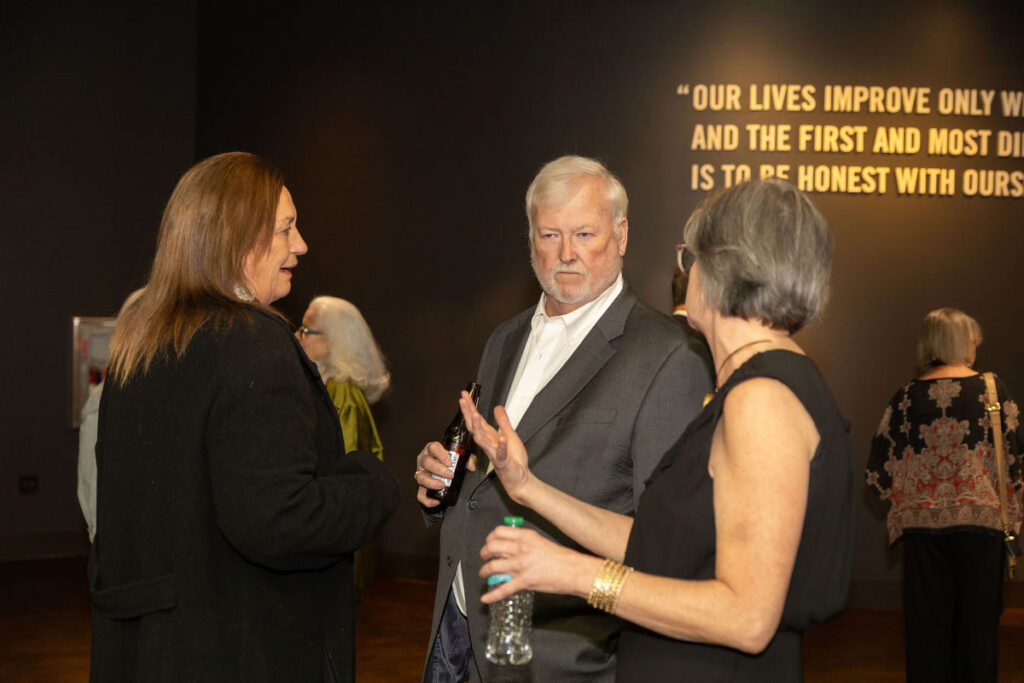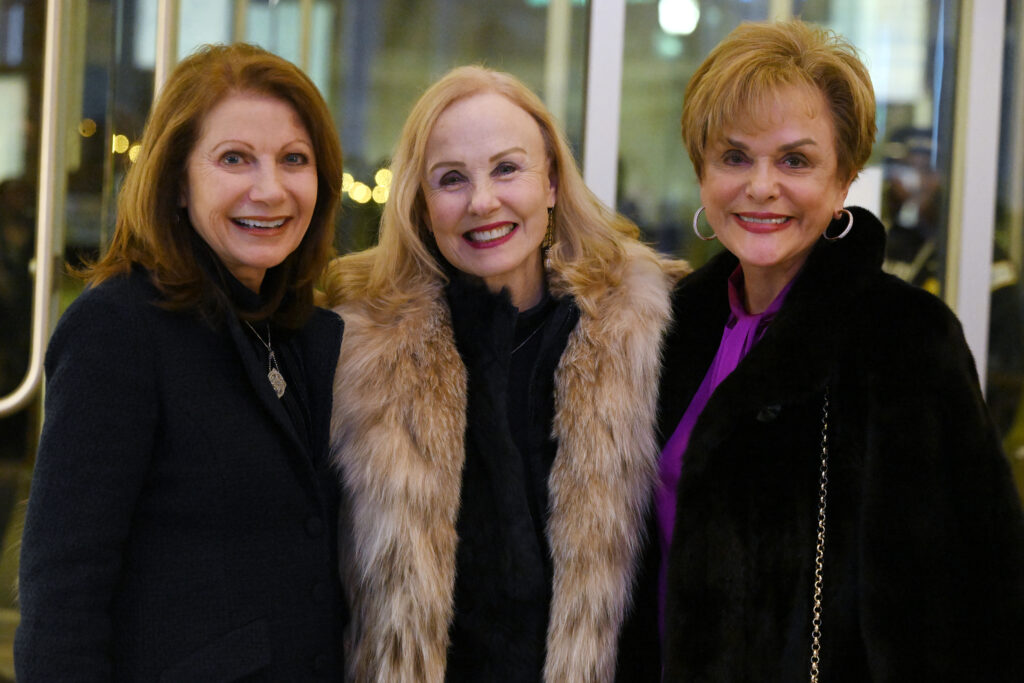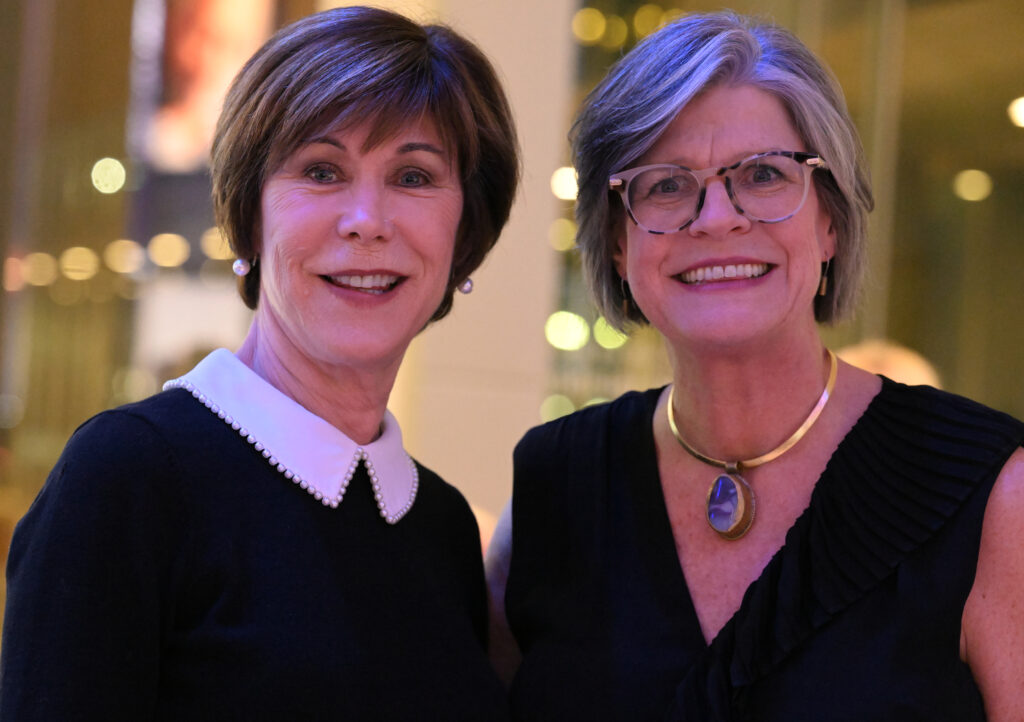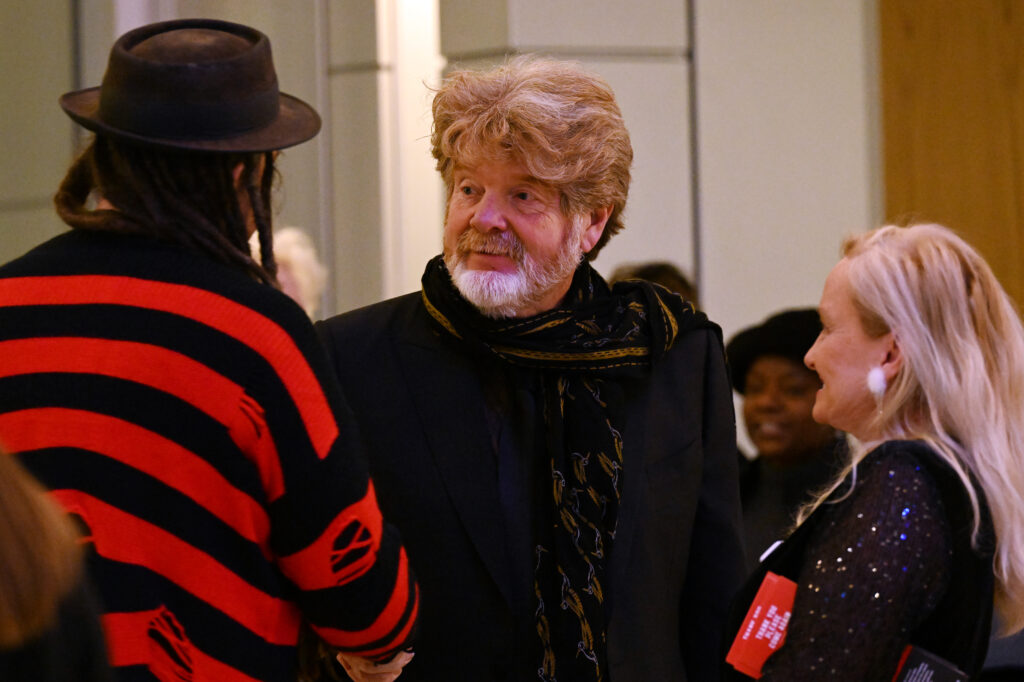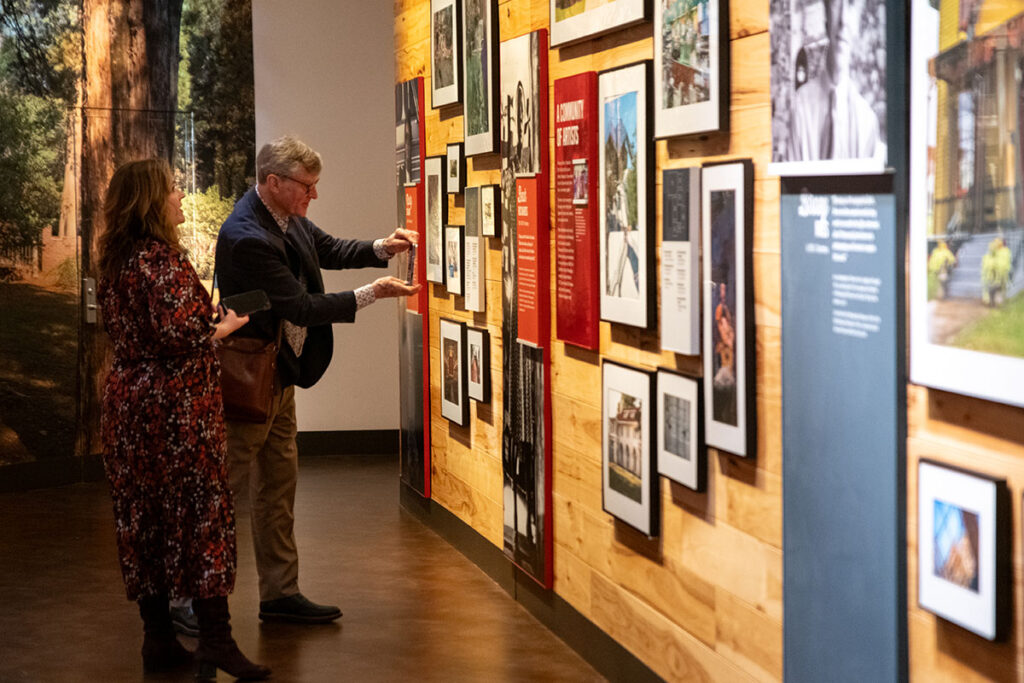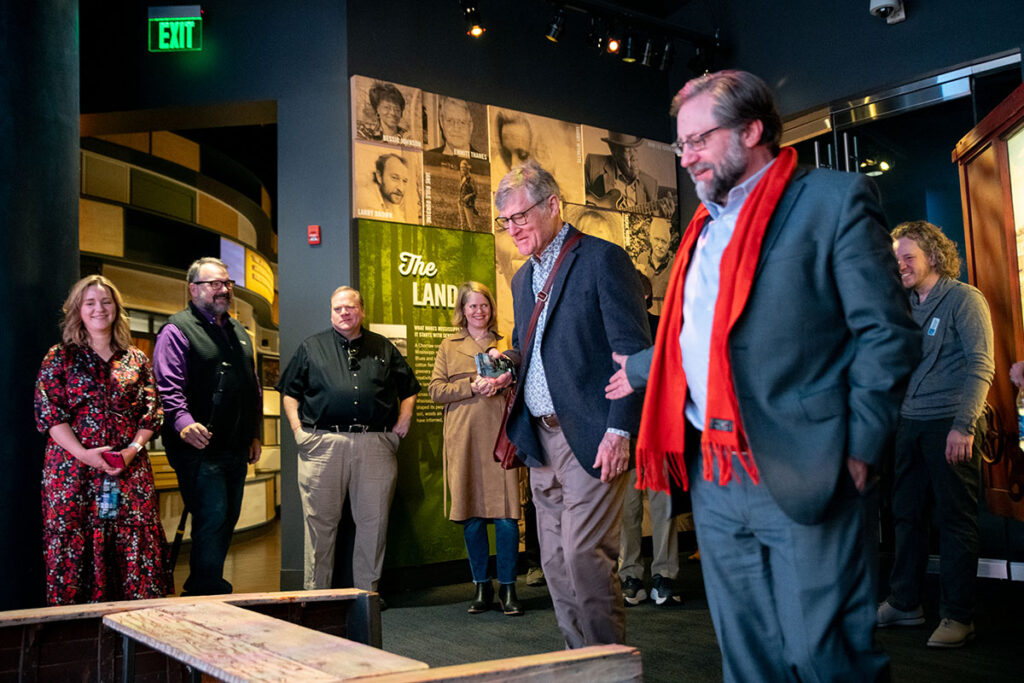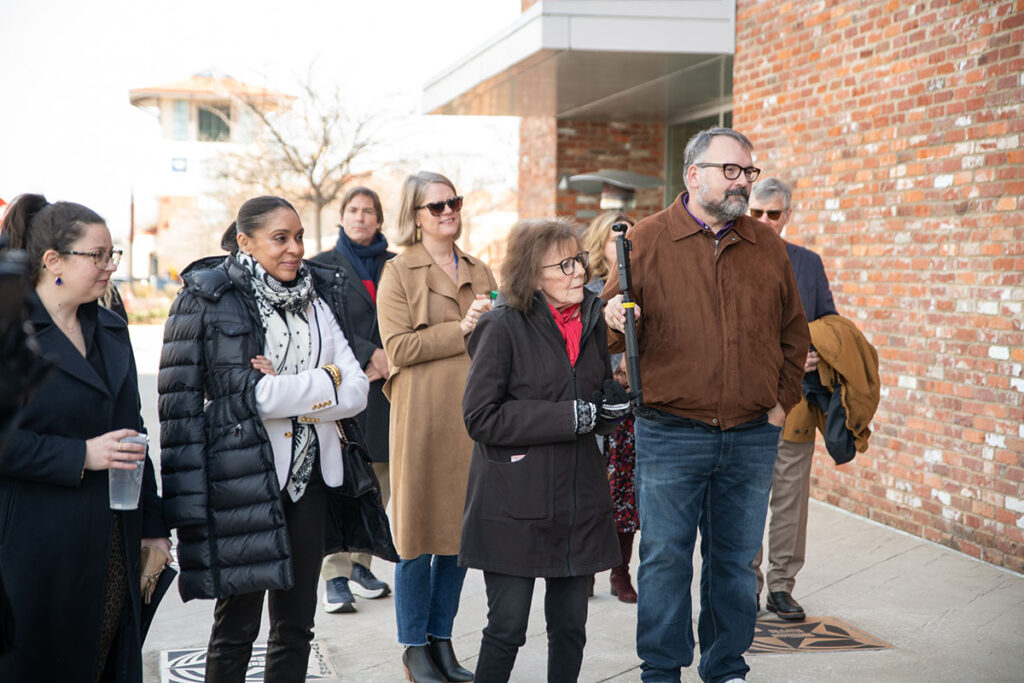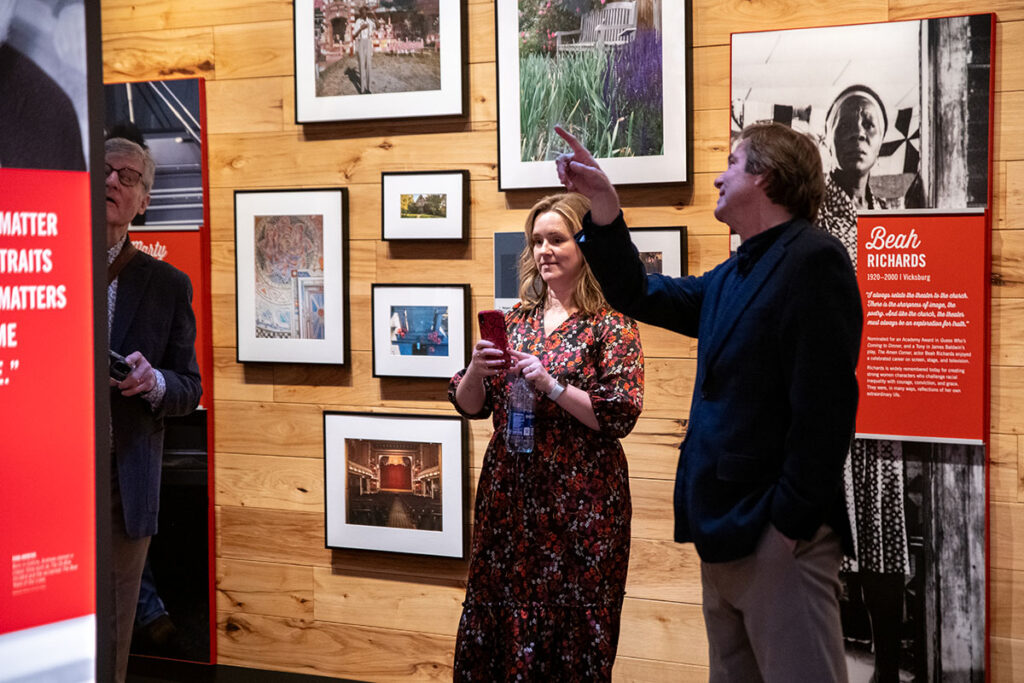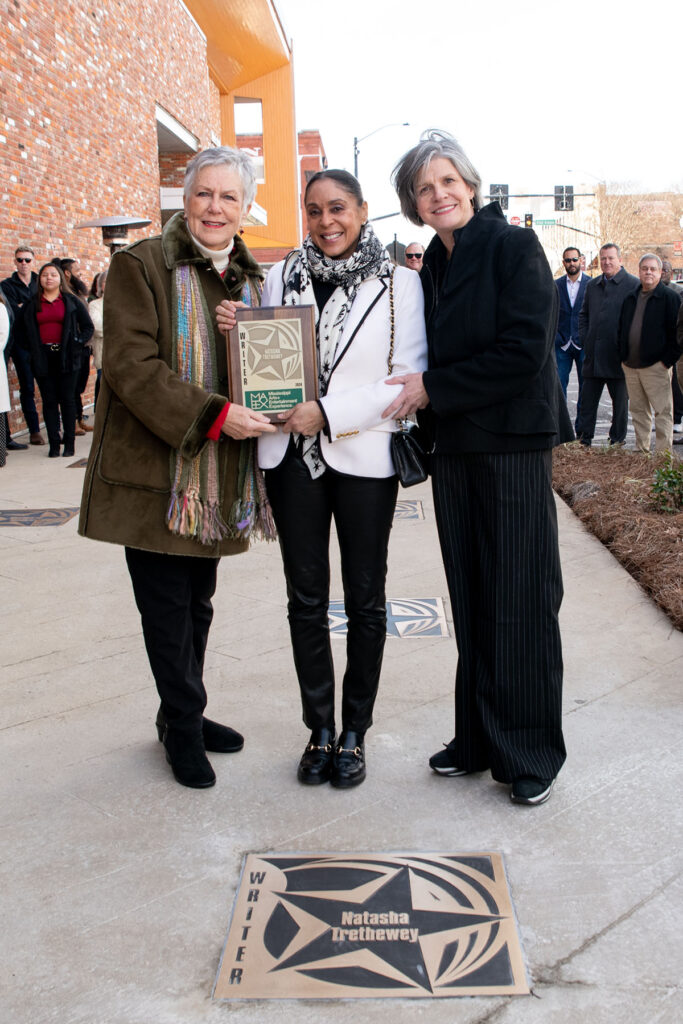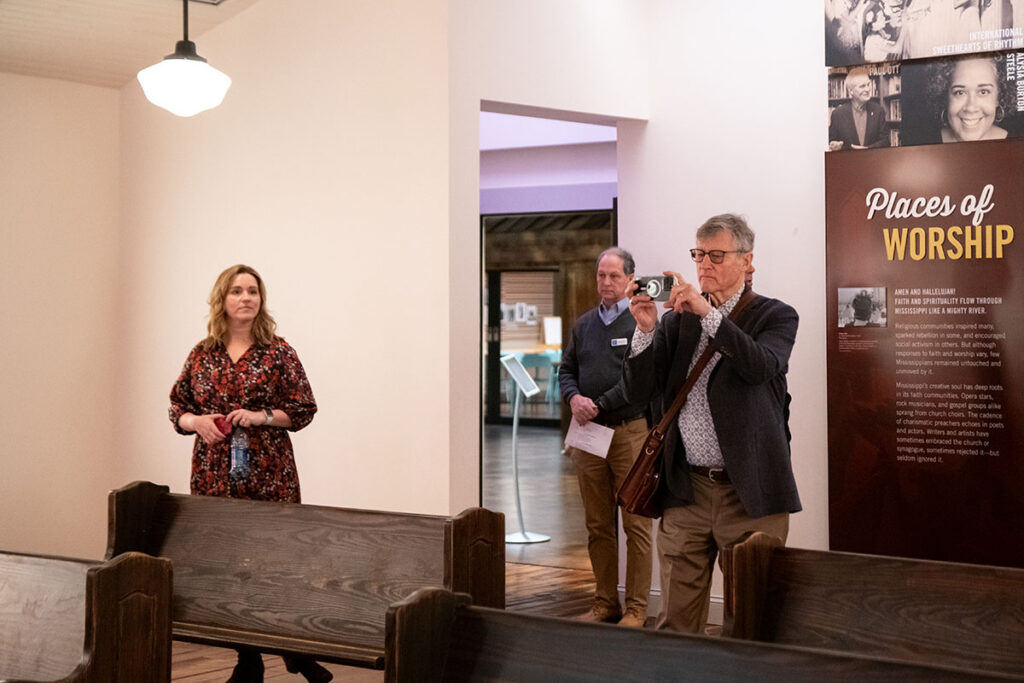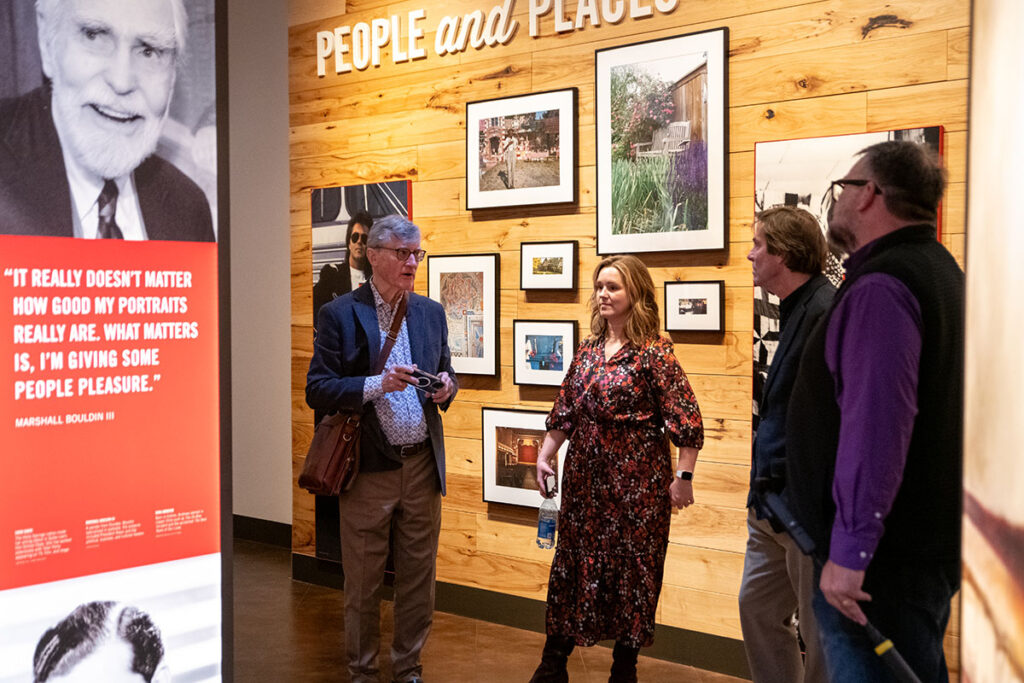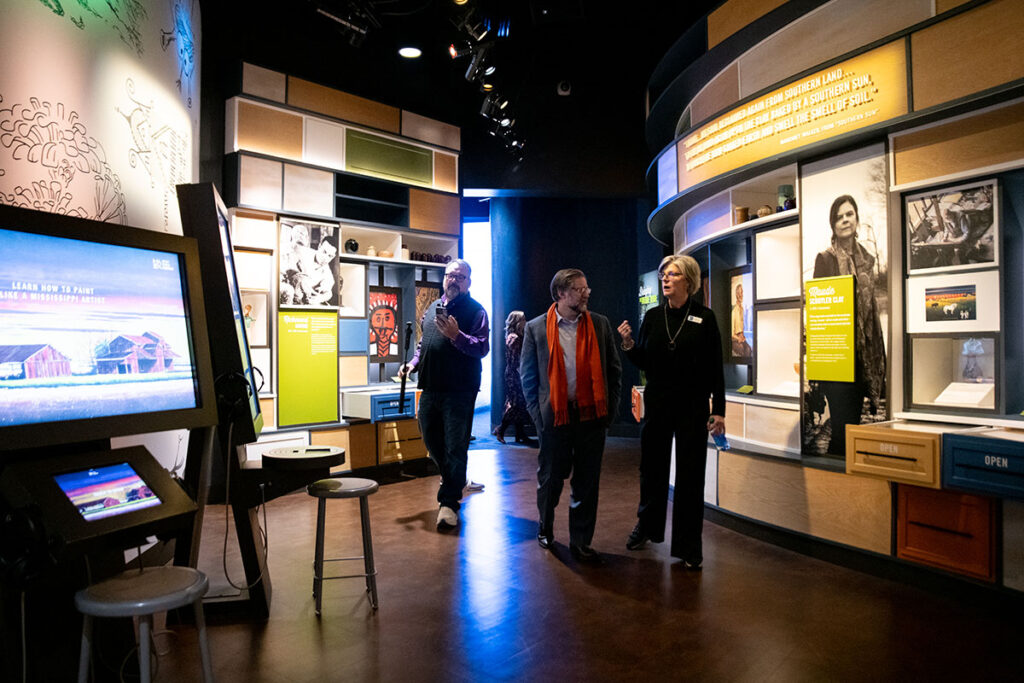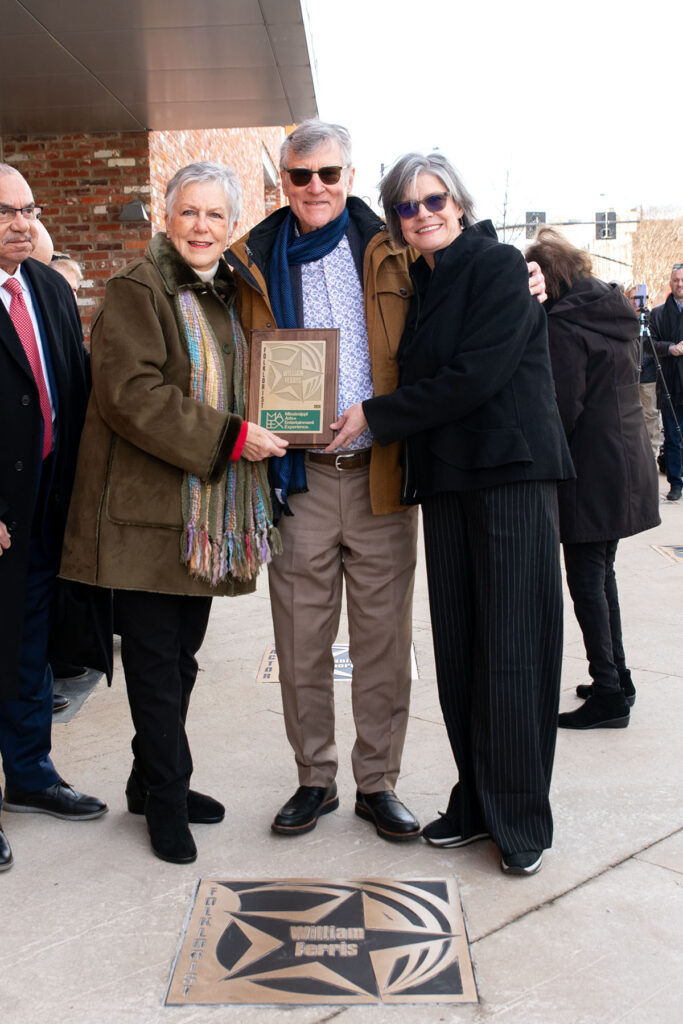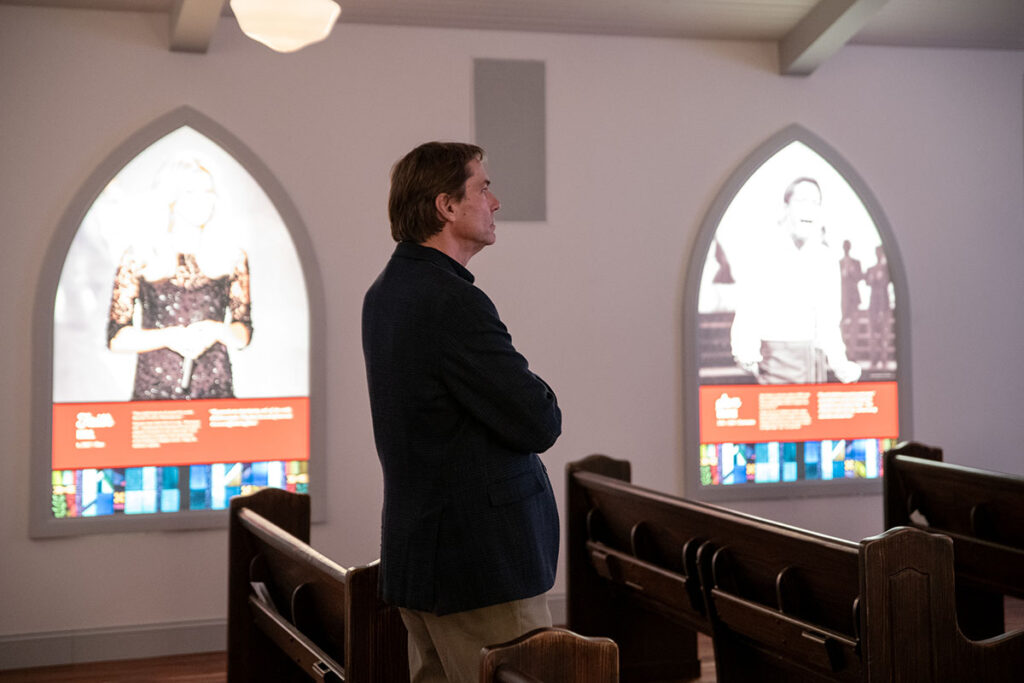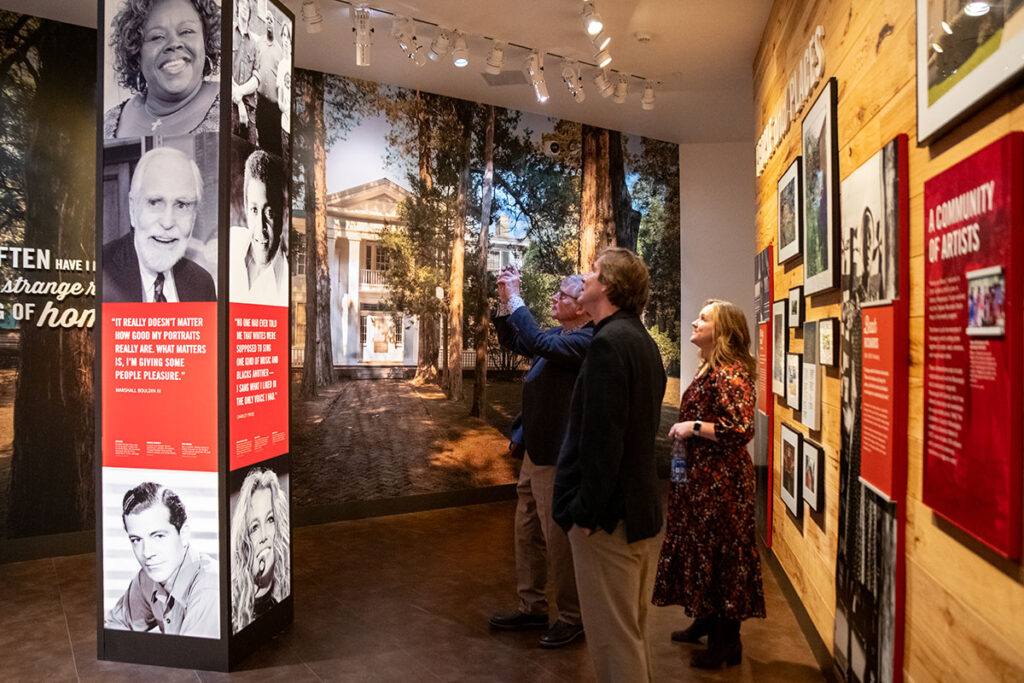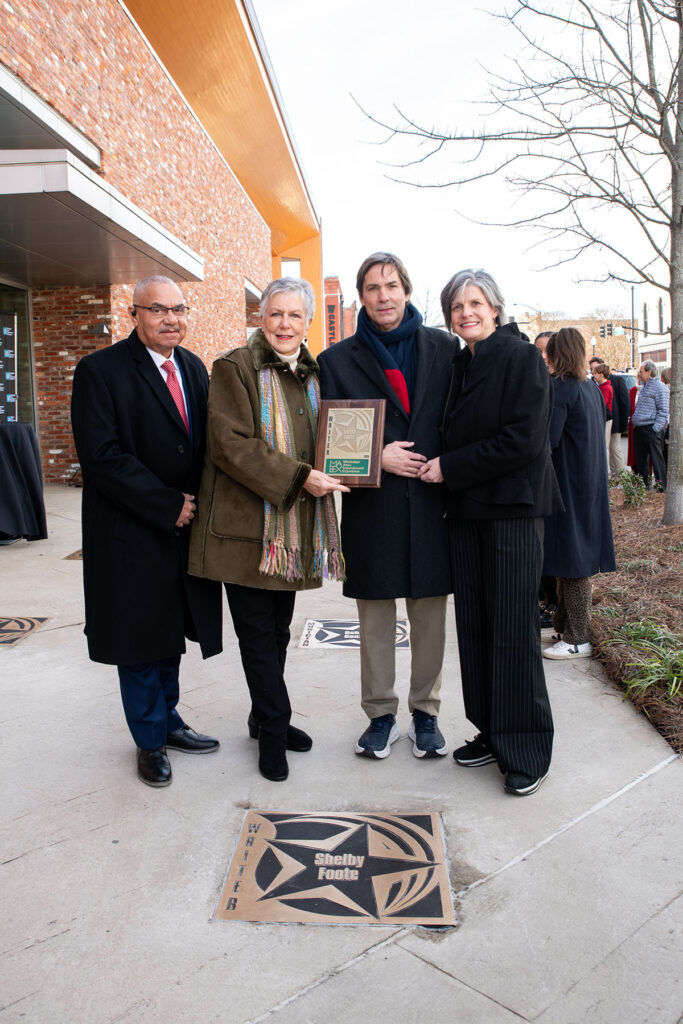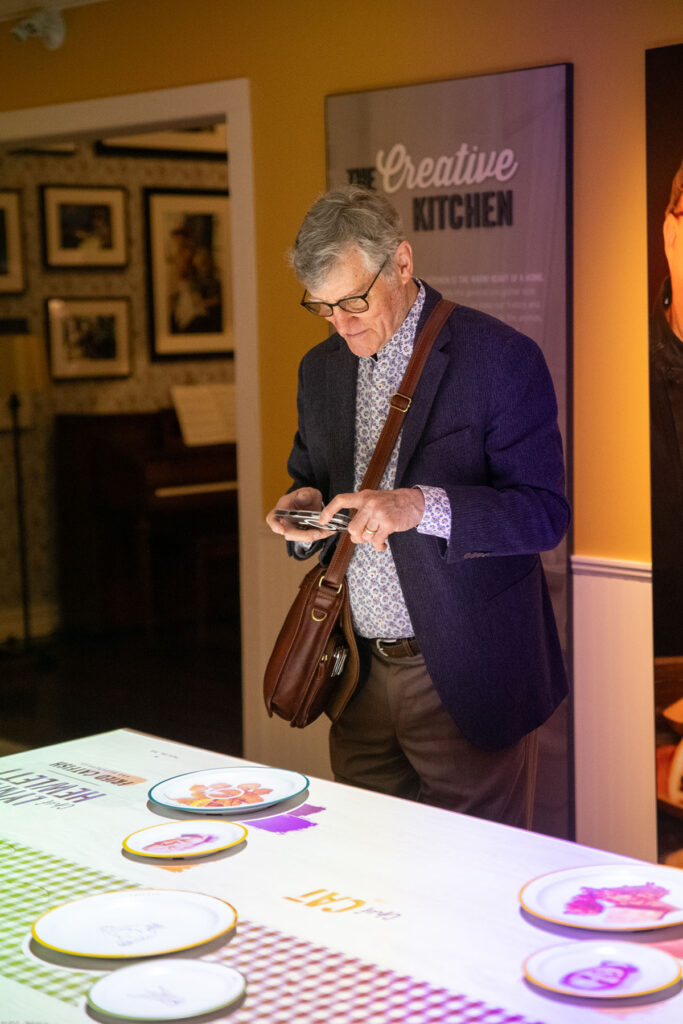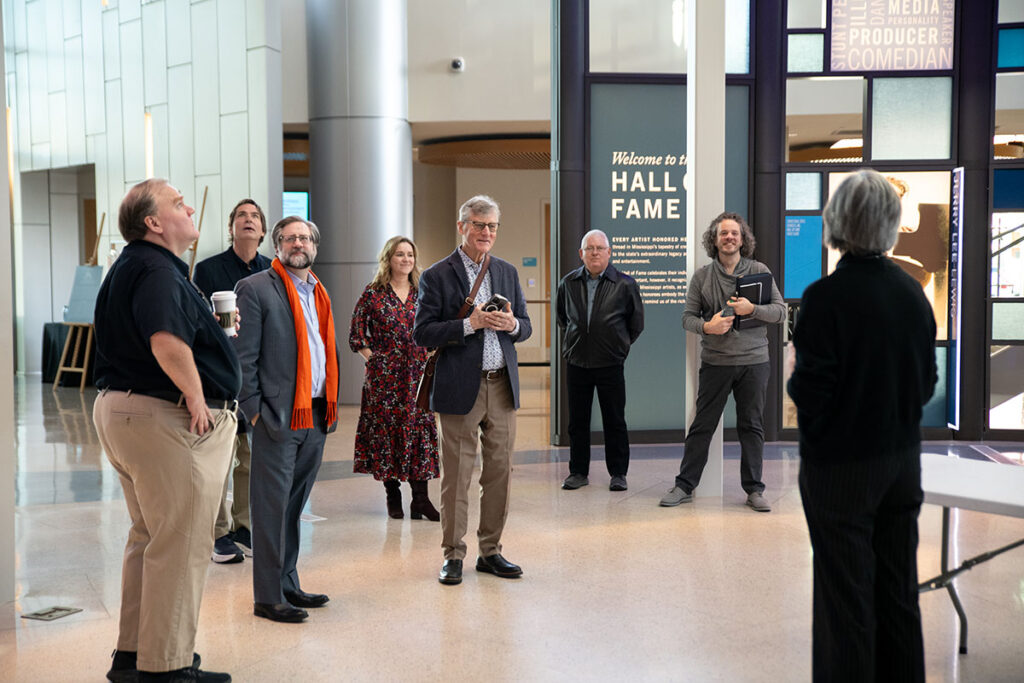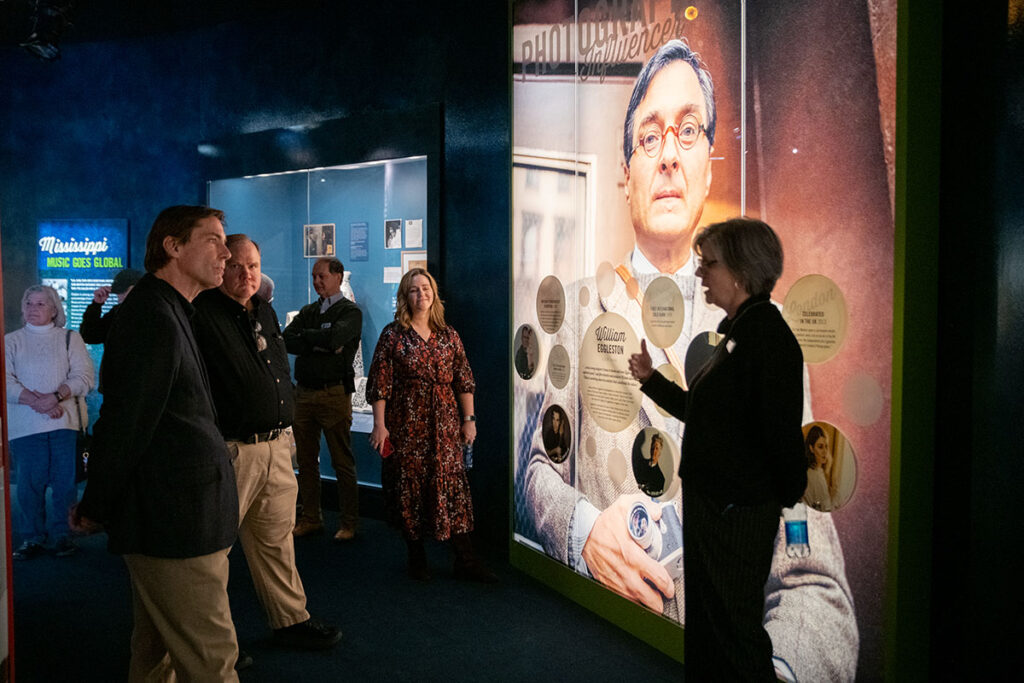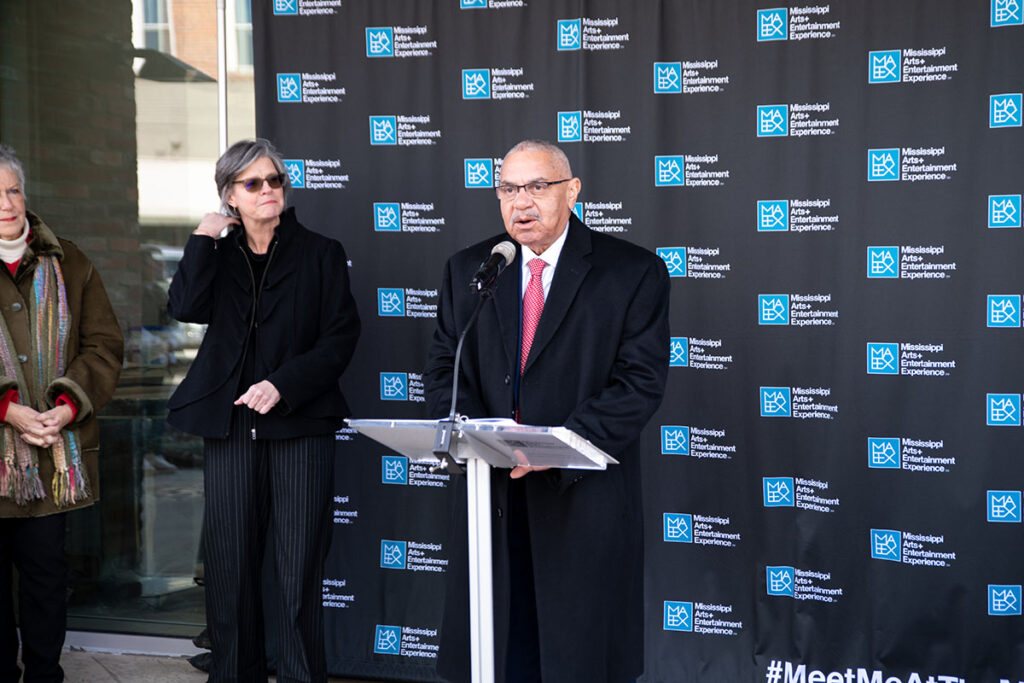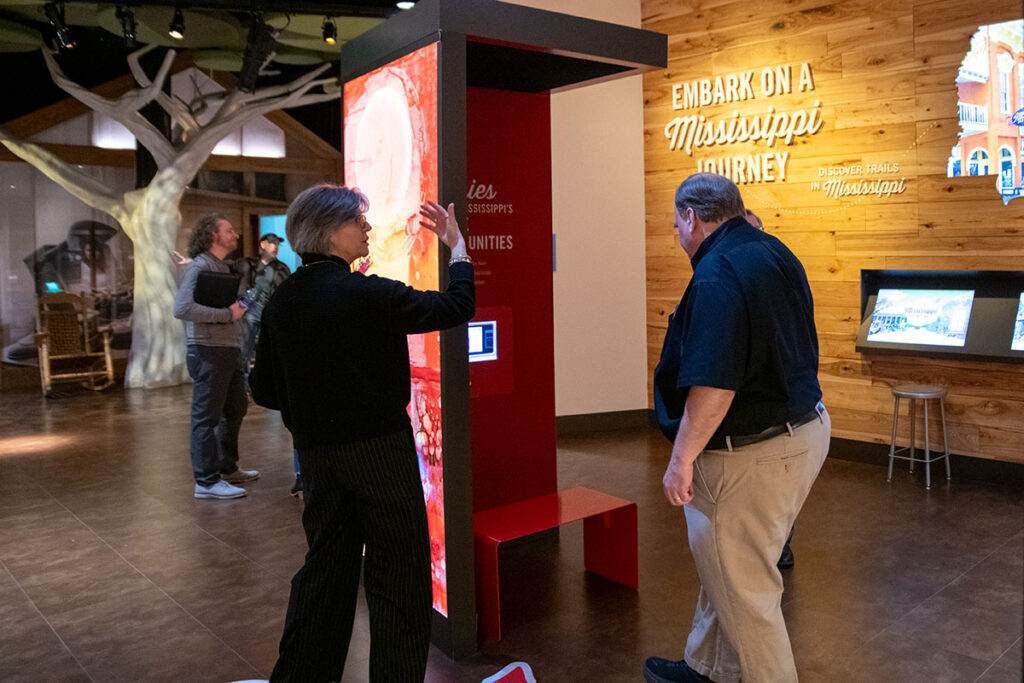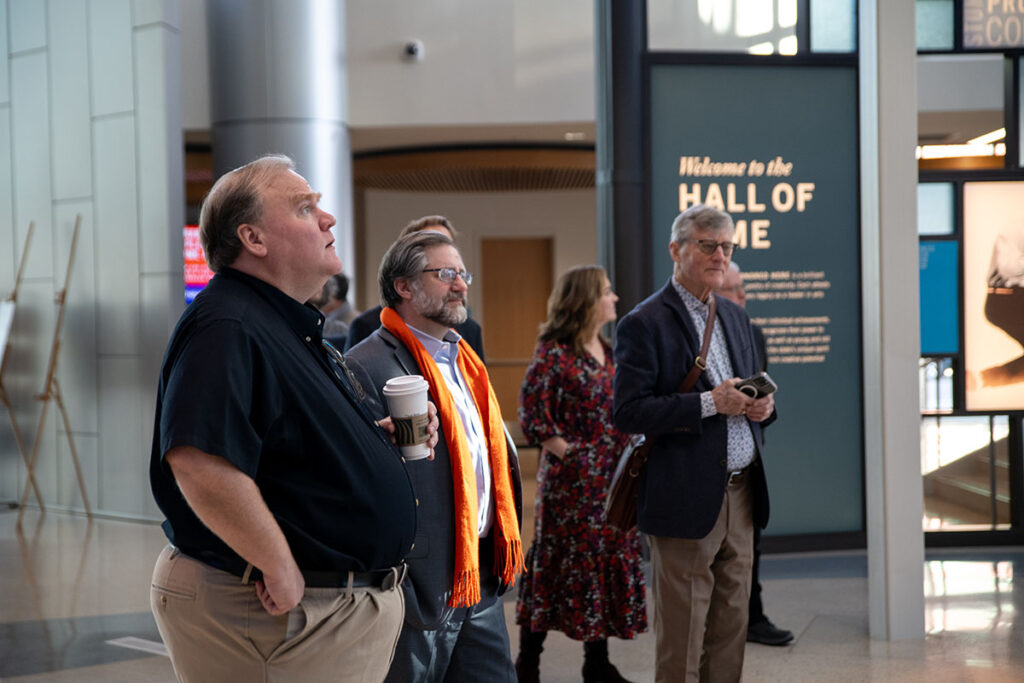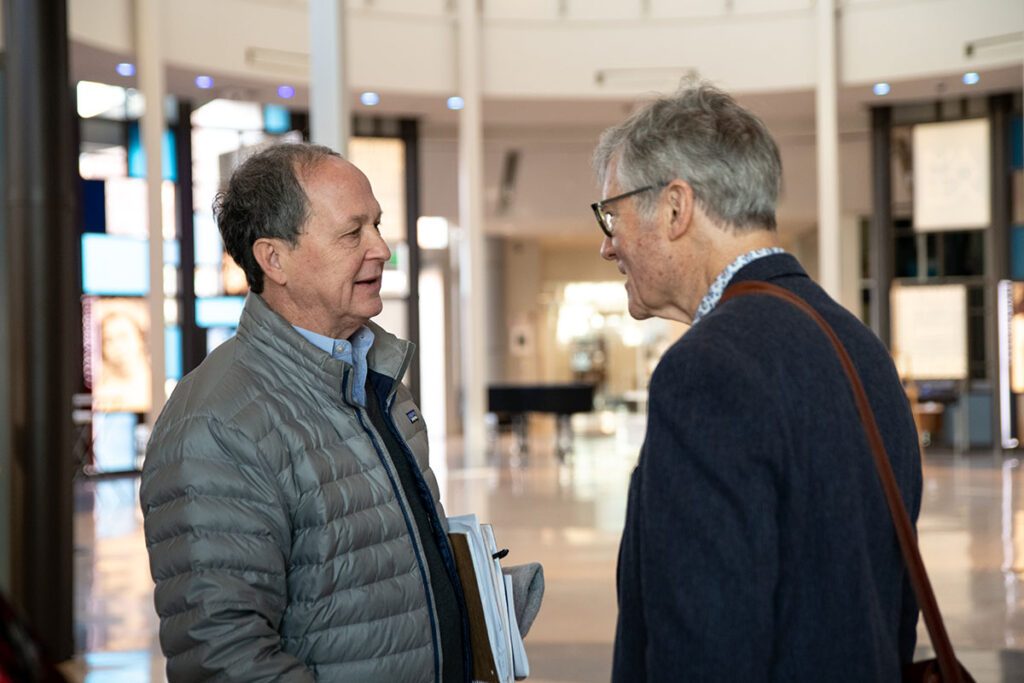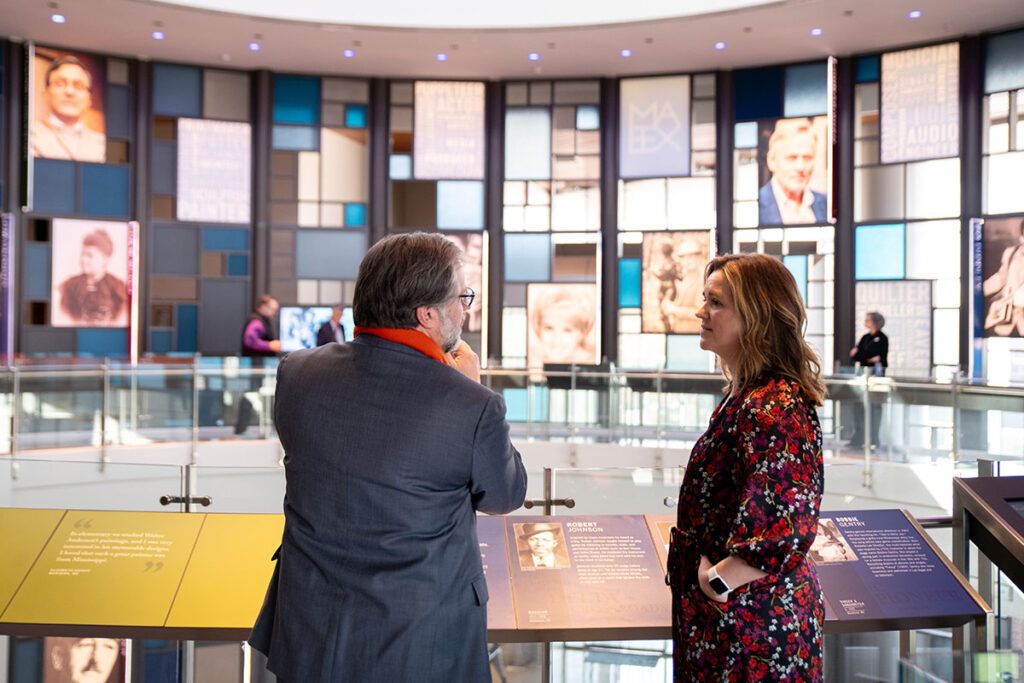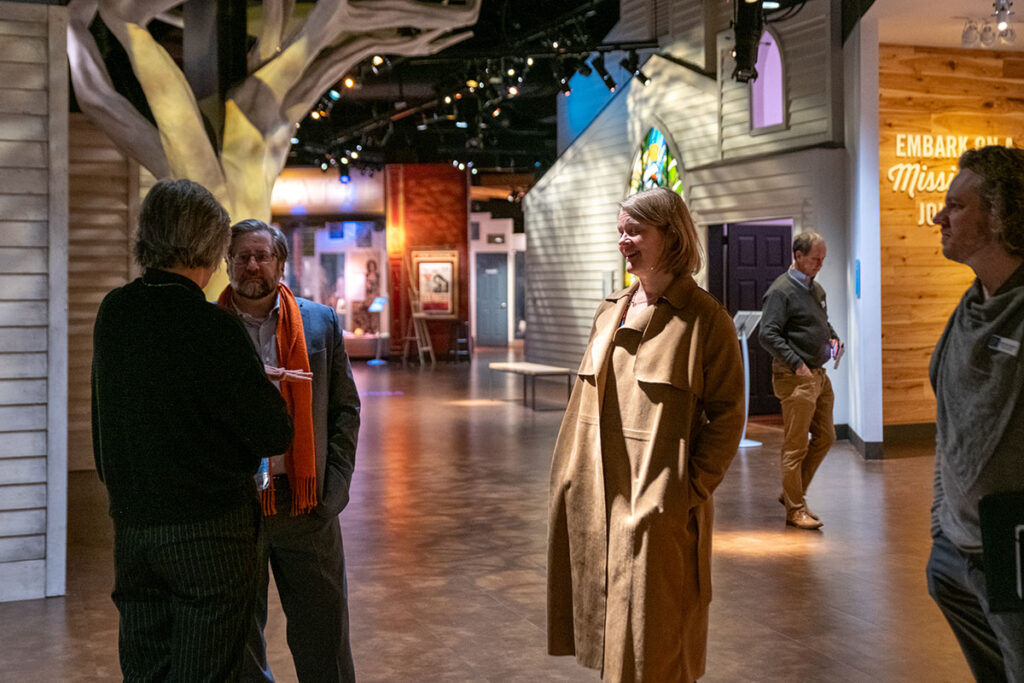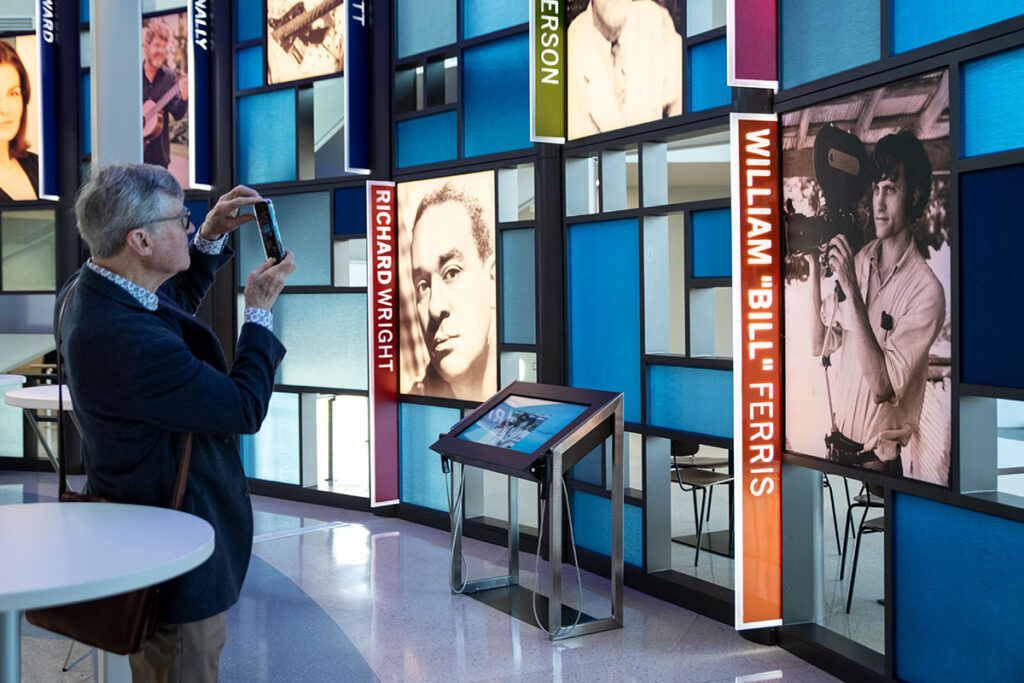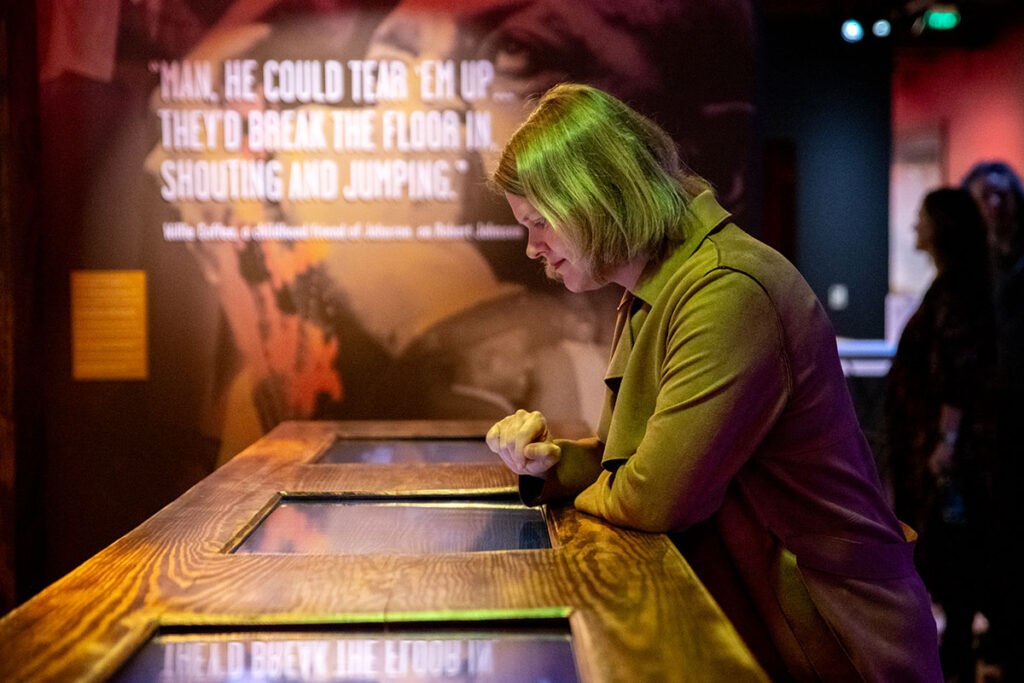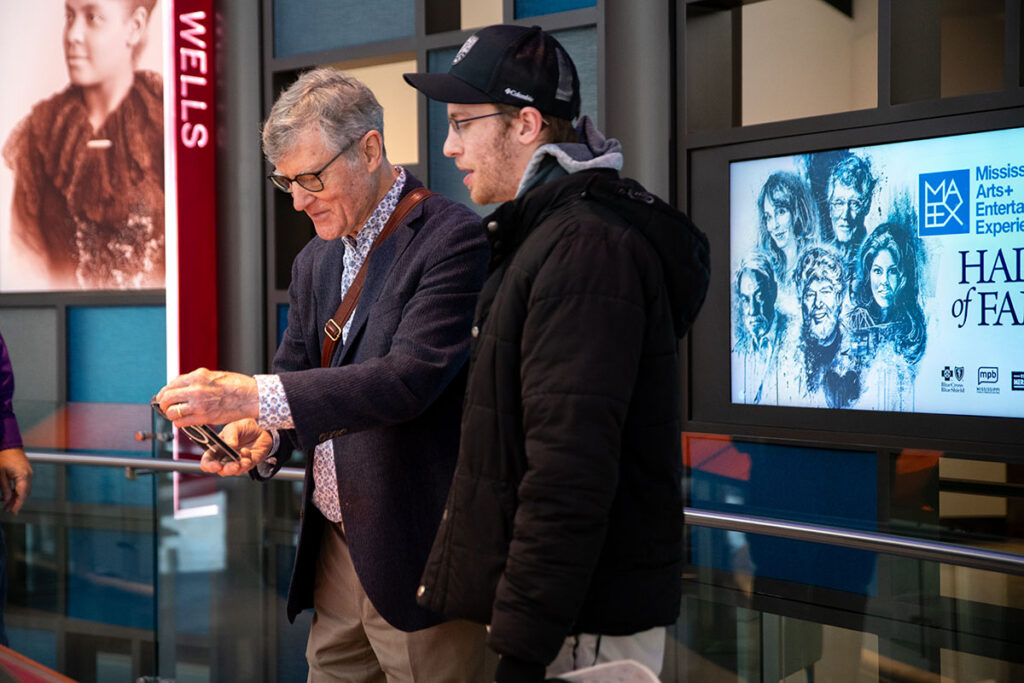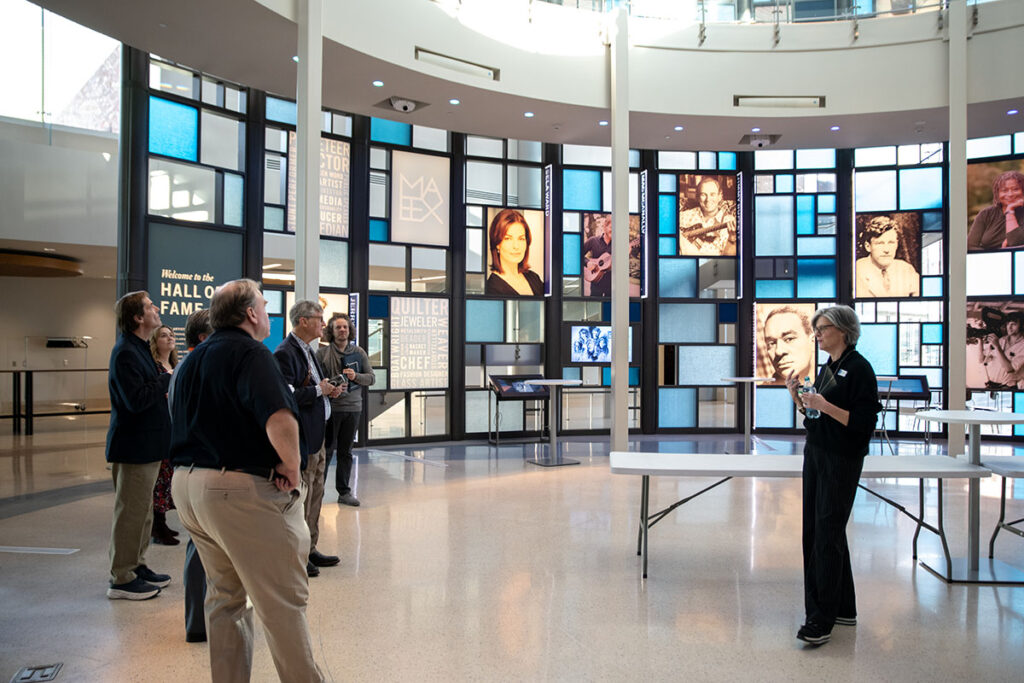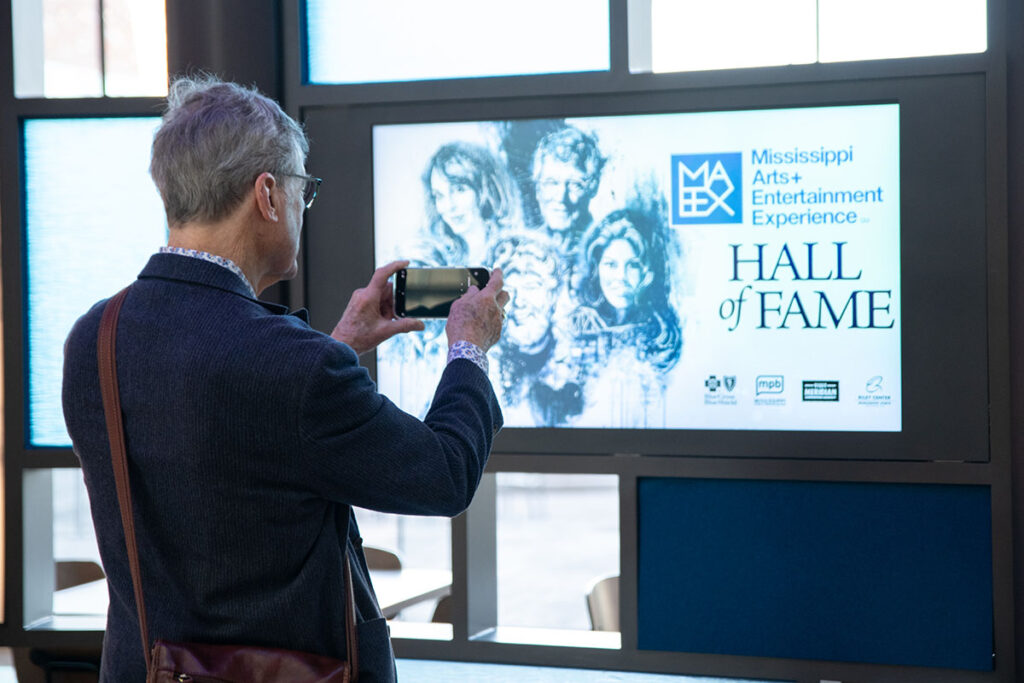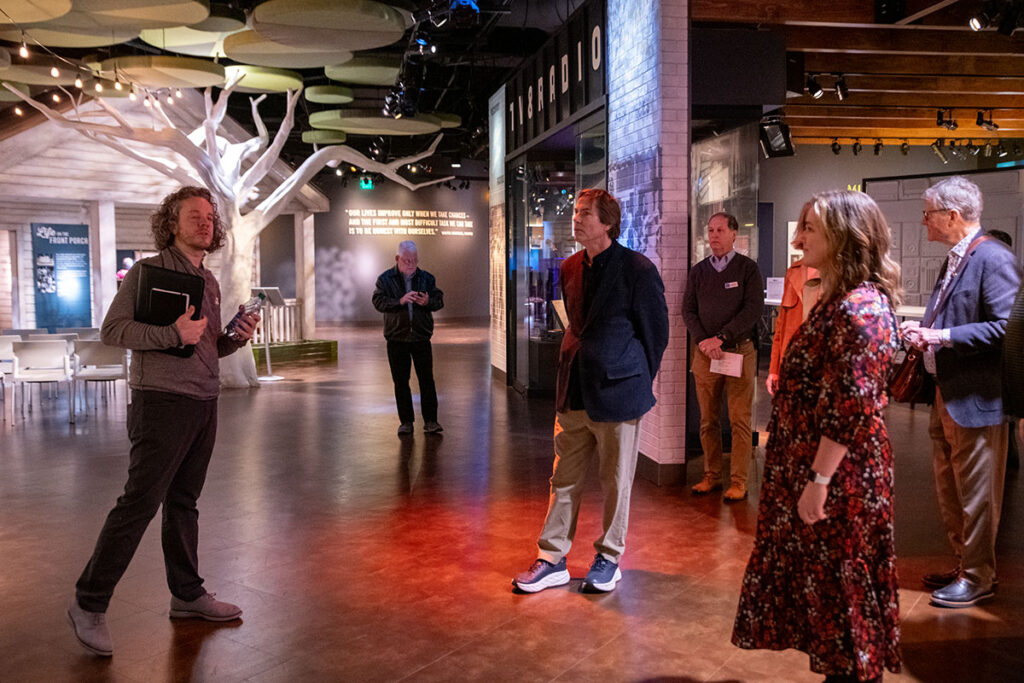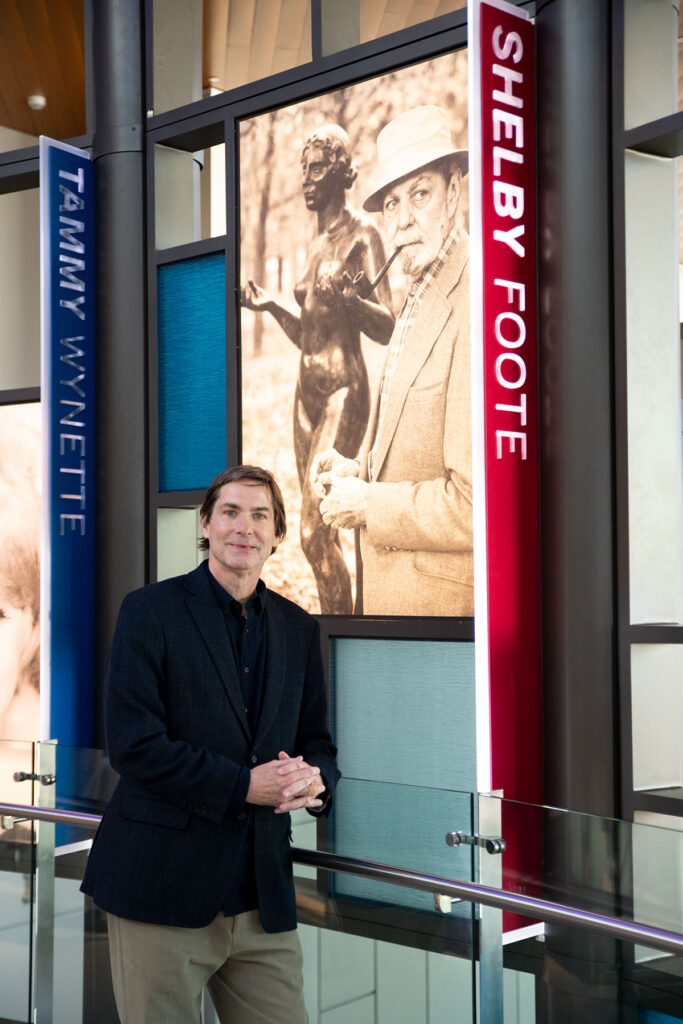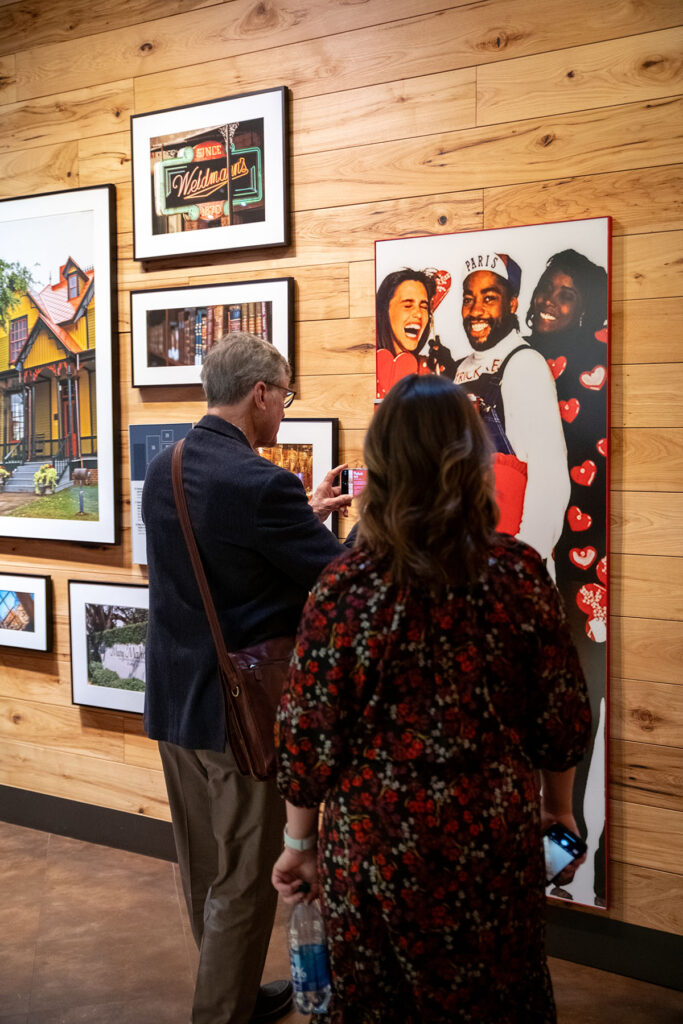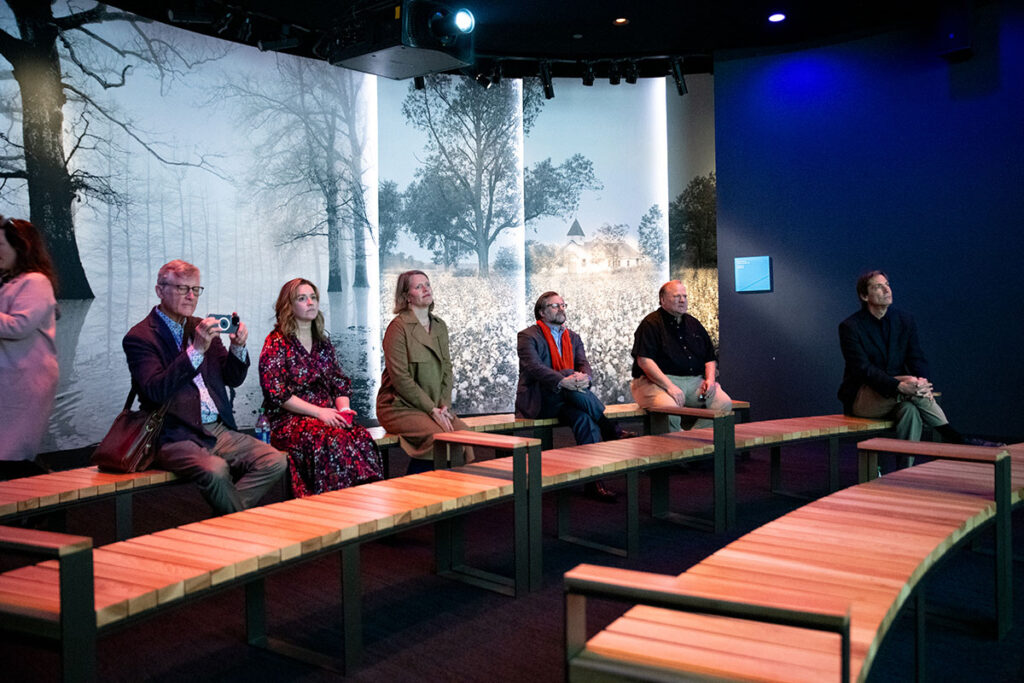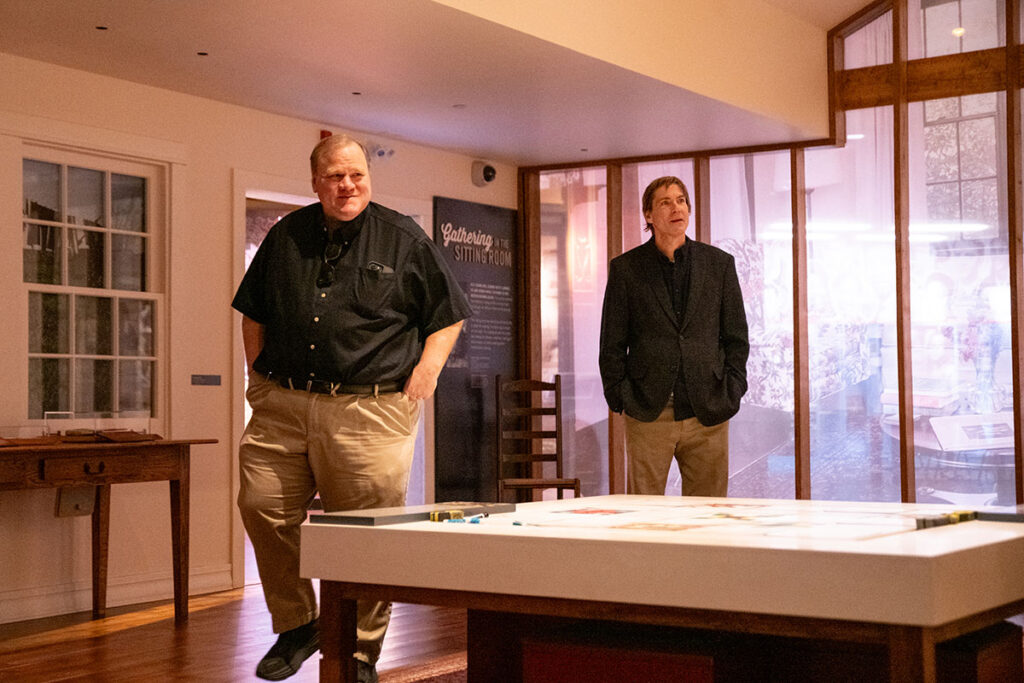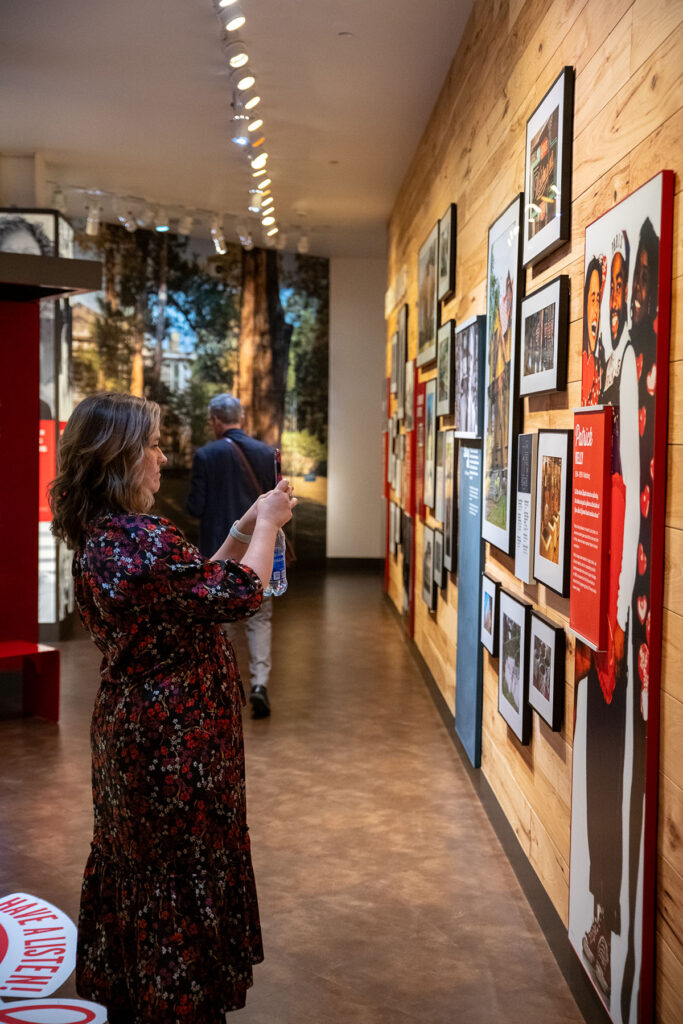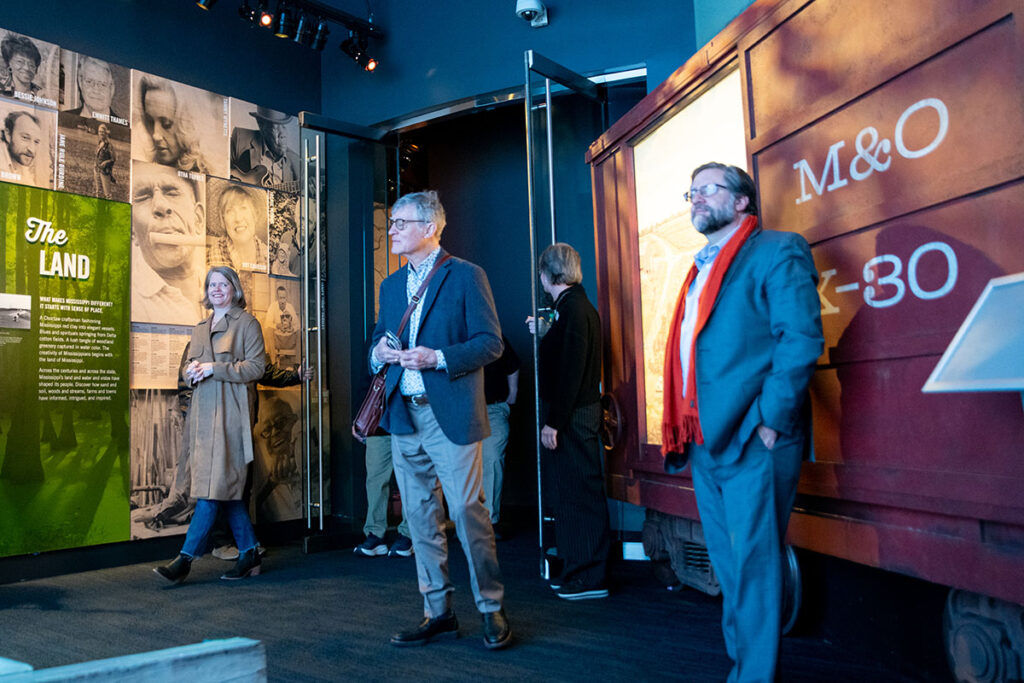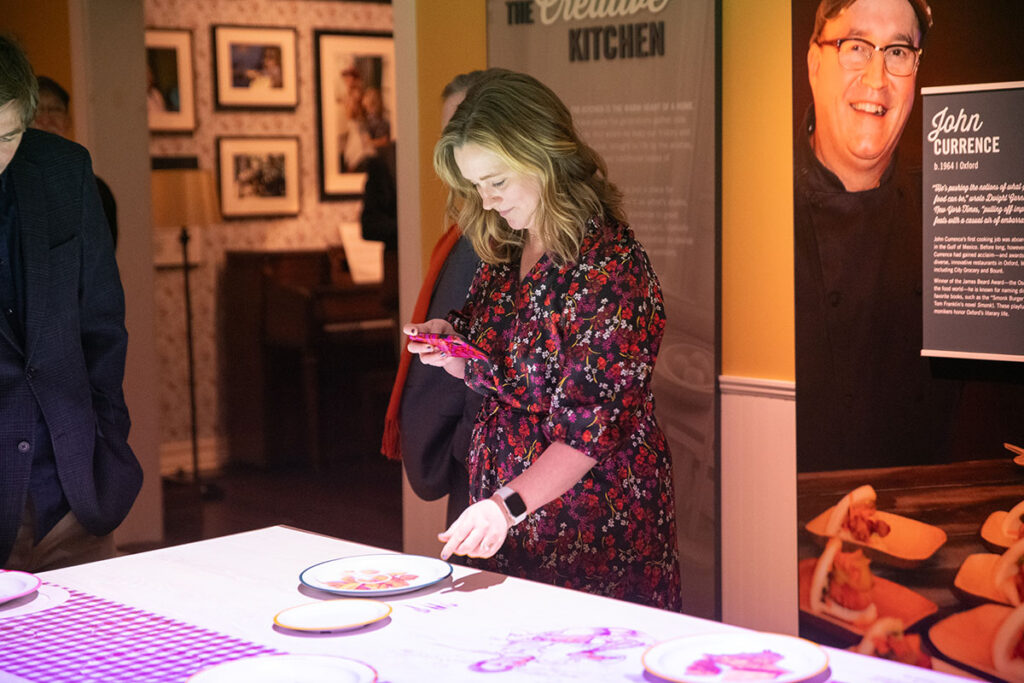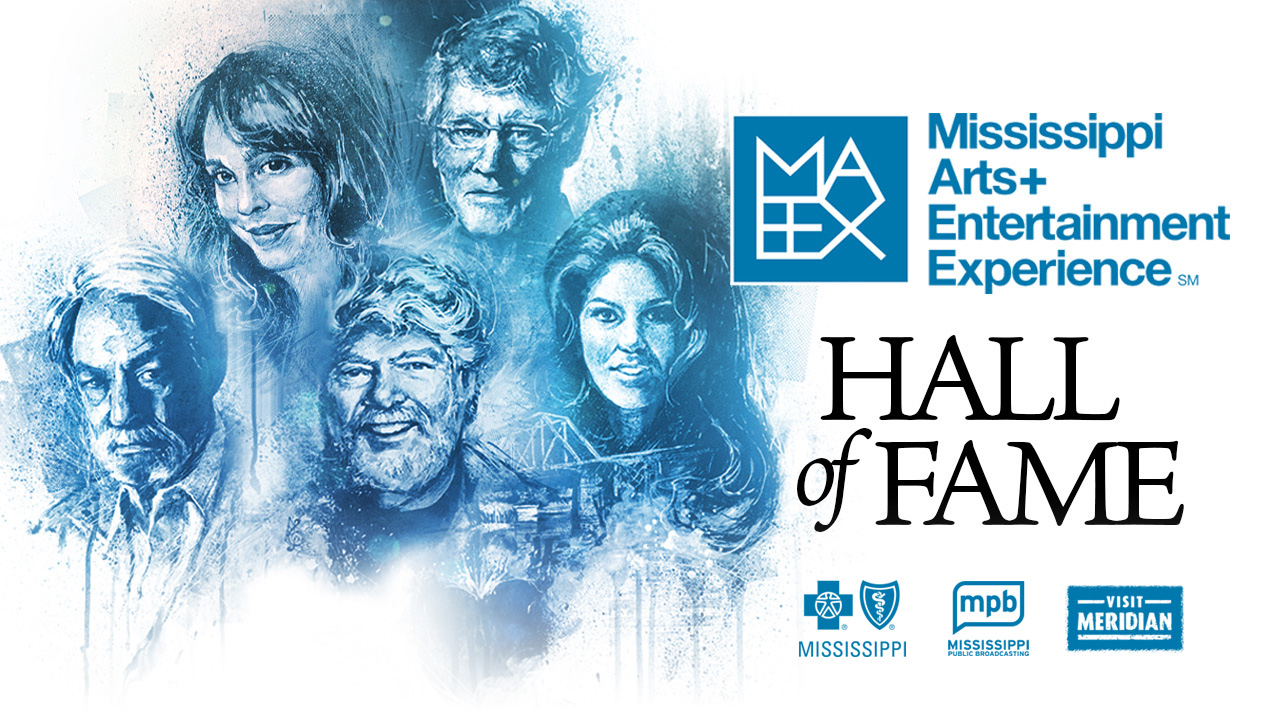
William “Bill” Ferris - Folklorist, Author + Educator
Vicksburg, Mississippi
February 5, 1942
William “Bill” Ferris, author, photographer, and scholar (born 1942), has written or produced books, documentaries, and recordings exploring blues music, African American folklore, and Southern culture. A native of Vicksburg, Ferris was founding director of the Center for the Study of Southern Culture at the University of Mississippi and co-edited the Pulitzer Prize-nominee Encyclopedia of Southern Culture, published in 1989. Ferris’s other books include Give My Poor Heart Ease: Voices of the Mississippi Blues and The Storied South: Voices of Writers and Artists. He is a former chair of the National Endowment for the Humanities, nominated by President Bill Clinton for the post. A collection of his documentary recordings and an accompanying book won Grammy Awards in 2019. Lecturing widely and highlighting oral traditions, Ferris has held teaching positions at Jackson State University, Yale University, the University of Mississippi, and the University of North Carolina at Chapel Hill, which houses the William R. Ferris Collection.
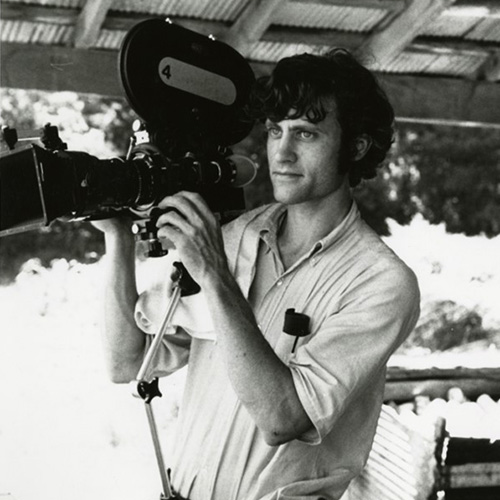
Photo by Hester Magnuson Lorman, Mississippi, at the home of Louis and Annie Dotson C. 1979
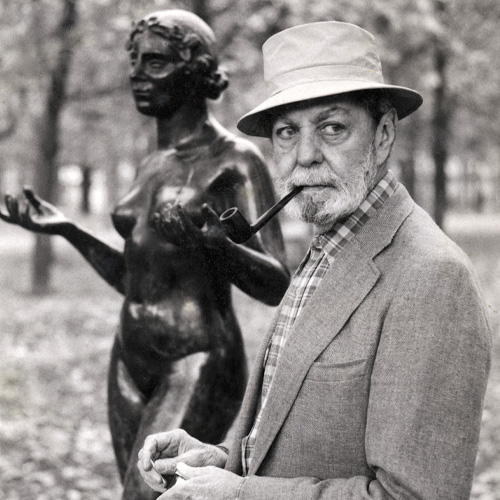
Photo © Huger Foote Courtesy of Huger Foote "Shelby Foote, in Paris, at the Tuileries C. 1998”
Shelby Foote - Historian + Fiction Writer
Greenville, Mississippi
November 17, 1916-June 27, 2005
Historian and novelist Shelby Foote (1916-2005), a Greenville native, spent decades researching and writing the acclaimed three-part book series The Civil War: A Narrative. He claimed wide public attention due to commentary in the acclaimed 11-hour Ken Burns PBS documentary on the Civil War, which aired in 1990. He was a close associate of Walker Percy, another fiction writer from Greenville, and Delta society figured large in his fiction. A journalist and short story writer early in his career, Foote was admired by William Faulkner and other literary figures. He departed from many history scholars in his focus on storytelling and shunning of academic footnotes. Foote’s other books included Shiloh, a novel offering a vivid re-creation of the epic Civil War battle through monologues of soldiers, and Tournament, one of a series of novels set in a fictional Mississippi Delta town.
Bobbie Gentry - Singer + Songwriter
Woodland, Mississippi
July 27, 1942
Singer-songwriter Bobbie Gentry (born Roberta Lee Streeter, 1942), a native of the Woodland area in Chickasaw County, claimed international fame in 1967 with a haunting hit single, “Ode to Billie Joe.” A film character inspired her adoption of the Bobbie Gentry stage name. Gentry, who composed her first song at 7, lived with her father in Greenwood for a few years and moved to Palm Springs, California, as a teenager to live with her mother. She learned to play multiple instruments and gained early live-performance experience in high school. Gentry later studied at the Los Angeles Conservatory of Music. She released a series of albums on Capitol Records, including one with Glen Campbell, and appeared in television specials. Gentry won three Grammy and two Academy of Country Music awards. Her final public performance came in 1981. Gentry soon after ceased public appearances, but she remained a powerful music-world influence.
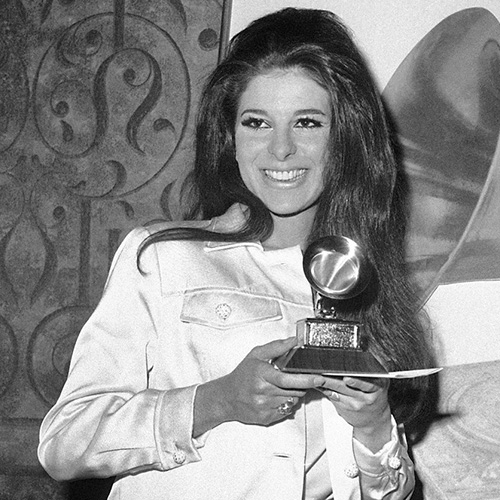

Mac McAnally - Musician, Singer + Songwriter
Belmont, Mississippi
July 15, 1957
Singer, songwriter, and producer Mac McAnally (born Lyman Corbitt McAnally Jr., 1957) has recorded a string of albums and singles. His singles made the Billboard Hot 100 and Hot Country Songs lists, often exploring themes related to family or place. A native of Red Bay, Alabama, McAnally grew up in Belmont, Mississippi, and began playing piano and singing in church. As a teenager, he worked as a studio musician in Muscle Shoals, Alabama, before becoming a respected singer-songwriter in Nashville. More confident as a guitar player than a singer, McAnally wrote hit songs recorded by major country music acts ranging from Kenny Chesney (“Back Where I Come From”) to Alabama (“Old Flame”). Between 1977 and 2020, he released more than 15 albums. McAnally was a guitarist in Jimmy Buffett’s Coral Reefer Band and, while pursuing his own music projects, collaborated with Buffett in recording and songwriting. The Country Music Association has repeatedly named him Musician of the Year.
Natasha Trethewey - Author, Poet + Educator
Gulfport, Mississippi
April 26, 1966
Gulfport native Natasha Trethewey (born 1966), a poet who explores race and Deep South culture issues, is a former Poet Laureate for the United States and Mississippi. Trethewey turned to poetry to make sense of the murder of her mother when Trethewey was 19. Combining traditional forms and free verse in her writings, she gained recognition in 2000 by releasing her first book, Domestic Work. The collection, which delves into the lives of African American women and men in the South, received the inaugural Cave Canem Prize, honoring the first published book by a Black poet. Trethewey won the Pulitzer Prize in Poetry in 2007 for Native Guard, which tells the story of an all-Black Union Army unit composed of former slaves during the Civil War. Other works include Bellocq’s Ophelia and Beyond Katrina: A Meditation on the Mississippi Gulf Coast. A longtime creative writing and poetry professor, Trethewey has held posts at Northwestern and Emory universities.



